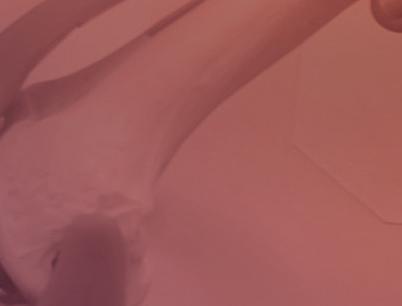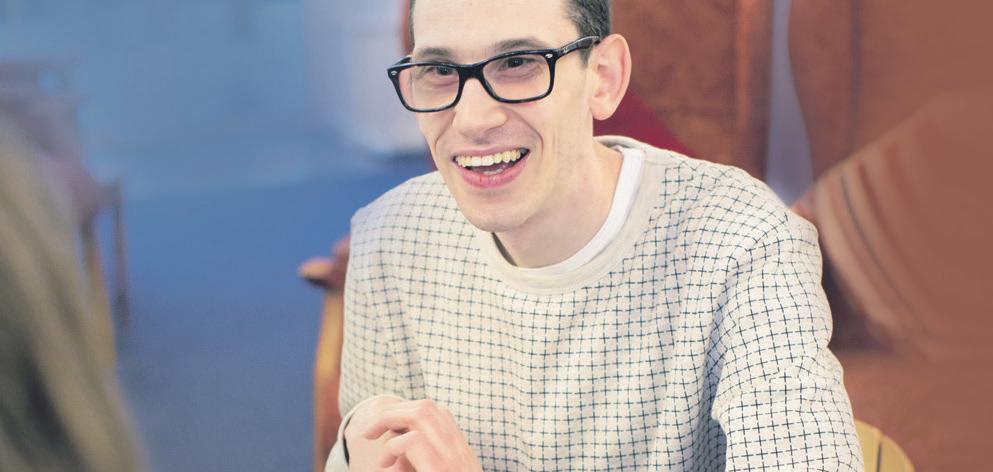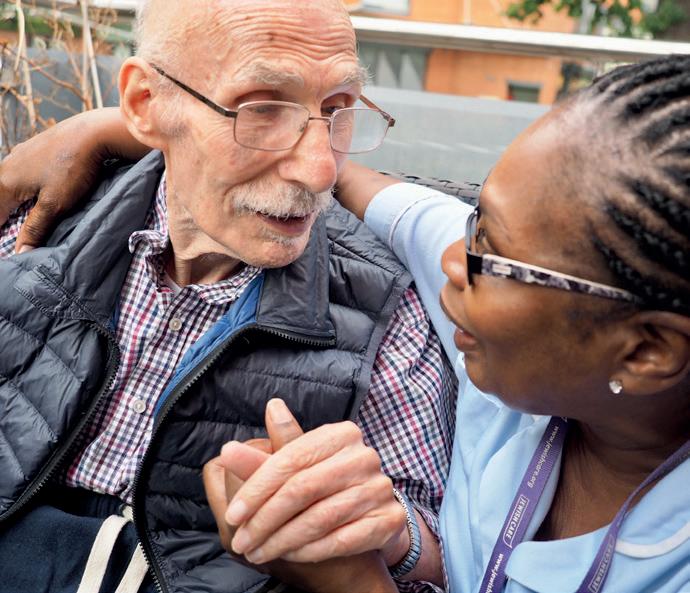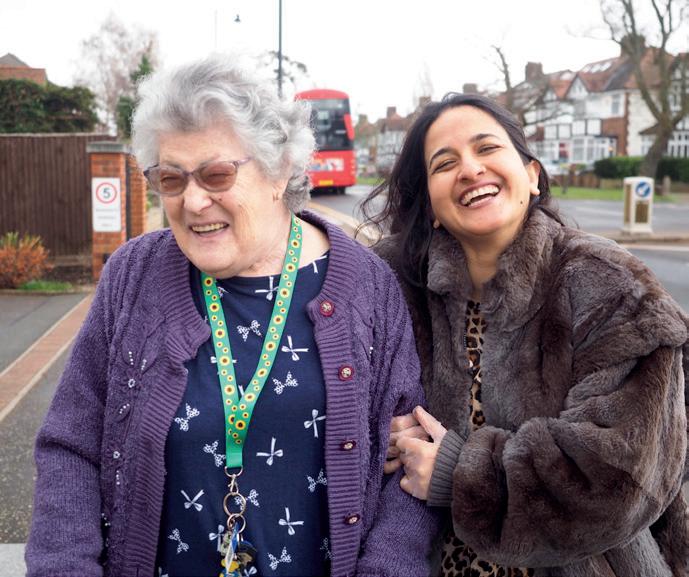
























































Gather at Horse Guards Parade 1pm. March off at 1.45pm.



The AJEX Annual Remembrance Parade & Ceremony will take place at The Cenotaph on Sunday 20th November 2022.

Our theme for Remembrance this year is ‘Connection’ and we invite people of all ages across the community, to participate and help in connecting the generations. This is a moving opportunity to honour









remember the thousands of Jewish Servicemen and Women who fought and served for our freedom.





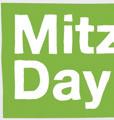


We







at this especially poignant time, honour and remember the
Queen
II
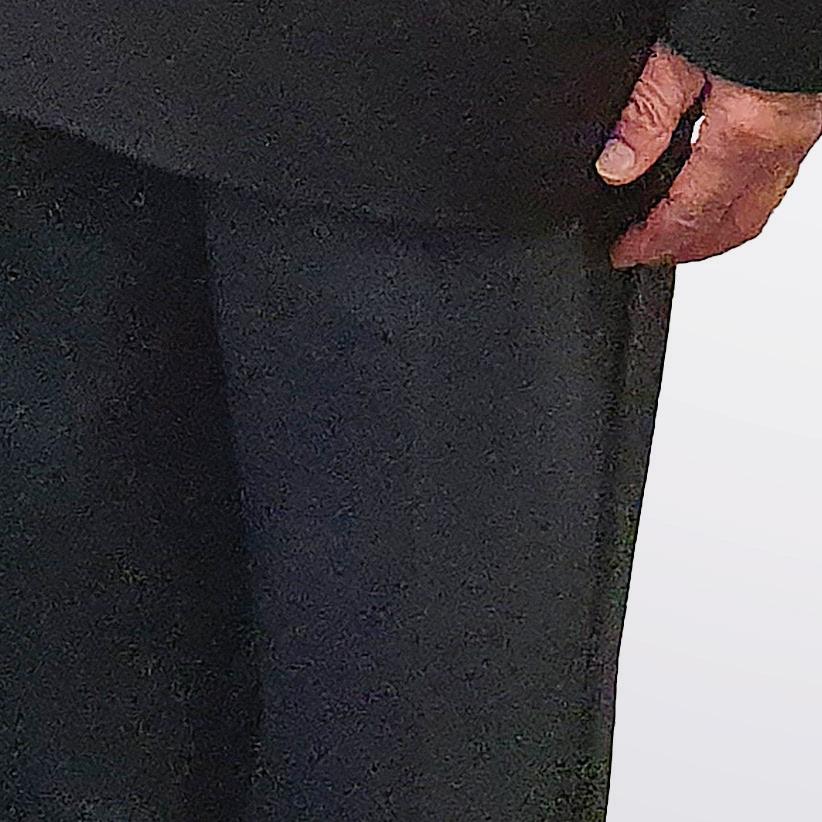
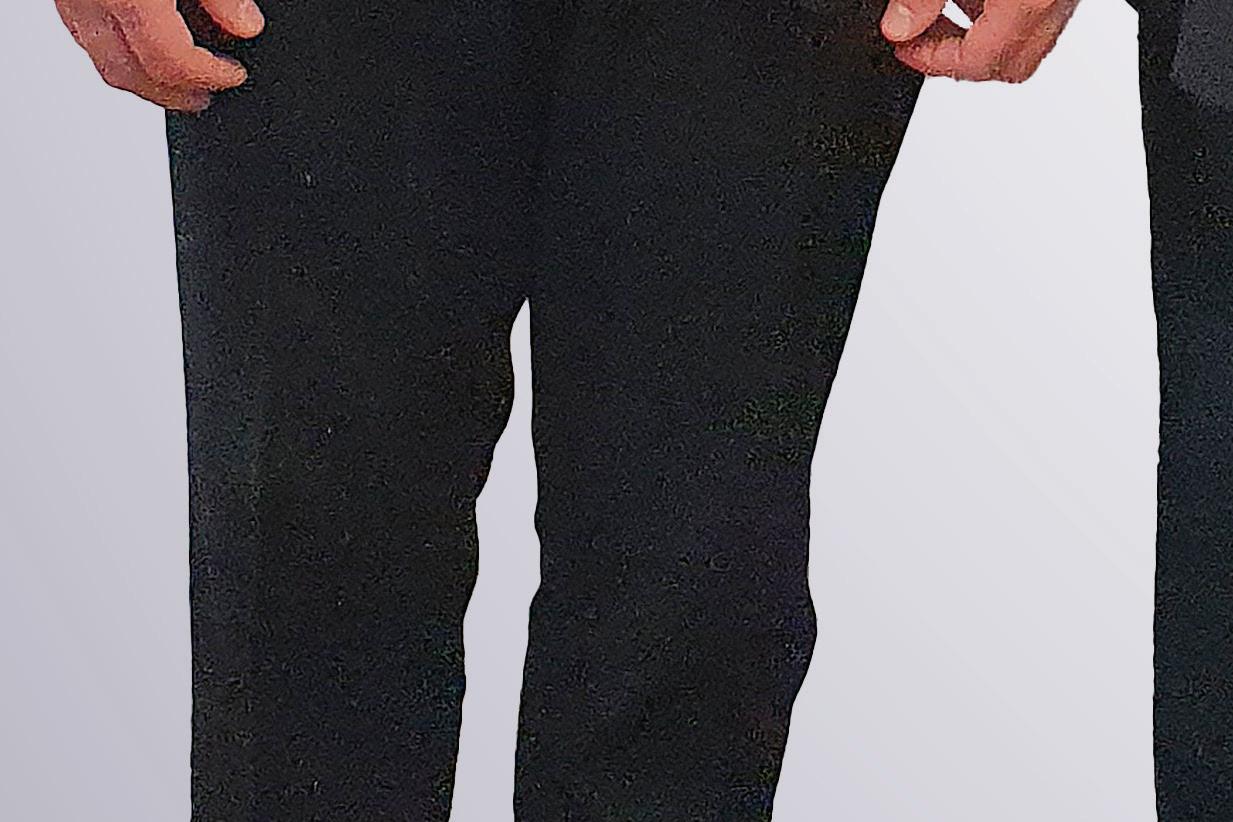





all




as Commander-in-Chief of
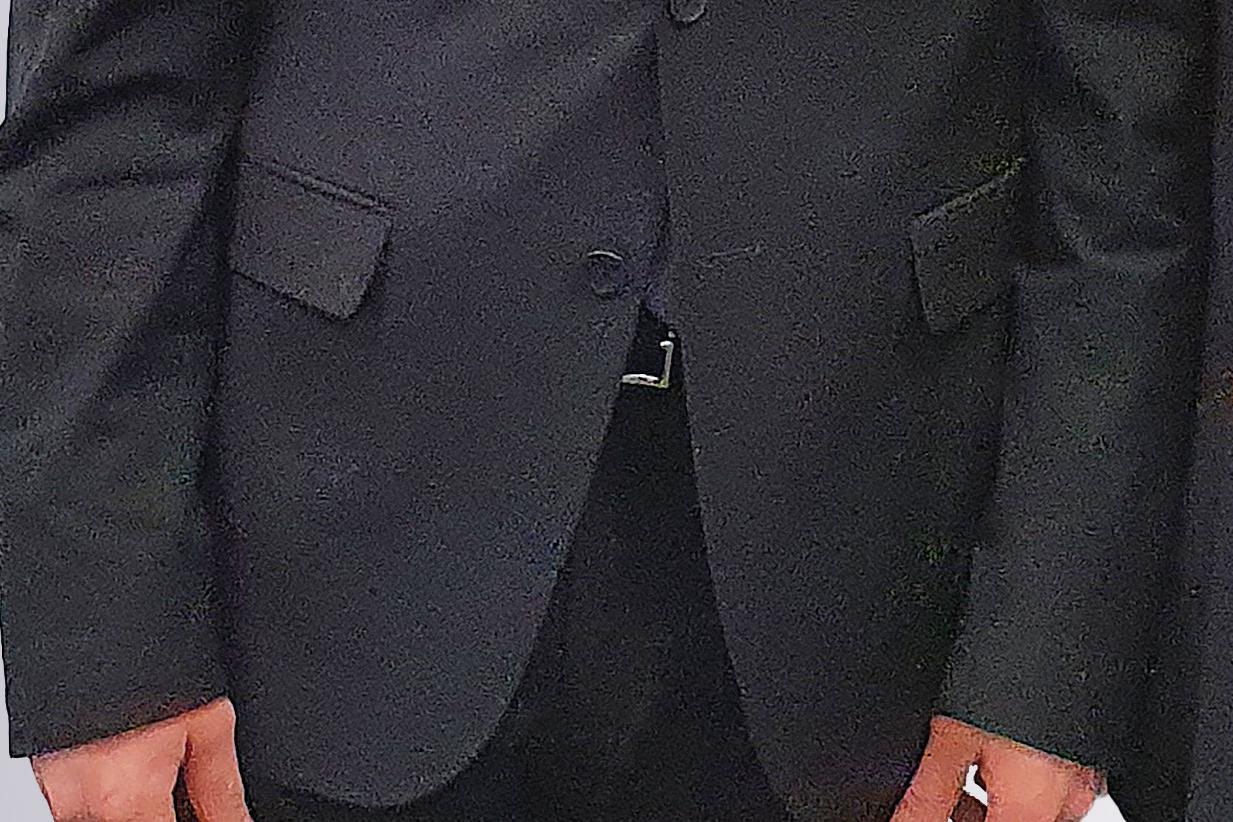
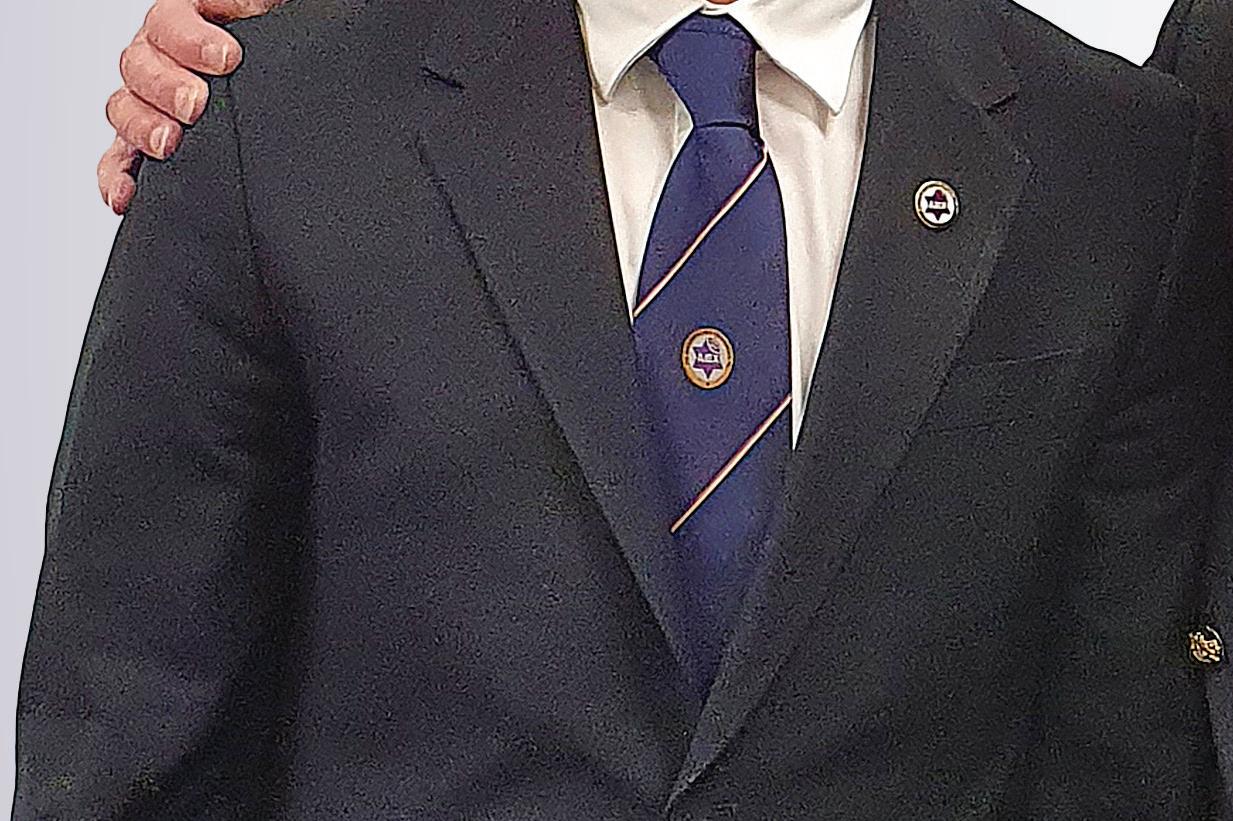

 by Lee Harpin @lmharpin
by Lee Harpin @lmharpin
Jewish Labour stalwart Ruth Smeeth has revealed she turned her back on a return to Westminster as an MP over continued fears for her safety.
In her first interview since it was confirmed the 43-year-old would be entering the House of Lords as a Labour peer, the campaigner against antisemitism told Jewish News she had received “a huge amount of abuse and threats”.
The former MP for Stokeon-Trent – who was famously escorted by 50 Labour colleagues past a baying mob of Jeremy Corbyn supporters at a 2018 hearing on antisemitism in the party – said she was “delighted” when Sir Keir Starmer included her name on his recent list of nominations for peerages.
But she revealed continued threats to her safety have led to her ruling out ever
attempting to stand again as a Labour candidate at a general election, saying of the move into the Lords: “This is the safest way back for me.”
Smeeth, a vice-chair of the Jewish Labour Movement, had previously spoken out on the antisemtic threats she had received, including a letter threatening to murder her at her former constituency o ce, from both farleft and far-right racists after she openly challenged ex-Labour leader Corbyn’s failure to tackle the crisis.
But even after leaving Westminster, to become chief executive with the freedom of expression campaign group Index on Censorship, Jewish News understands Smeeth has continued to receive threats, with the Community Security Trust (CST) monitoring her incoming social media to spot possible problems.
In recent months police are understood to have intervened over threats made to Smeeth after photographs of her out campaigning with Labour activists appeared on social media. Some of
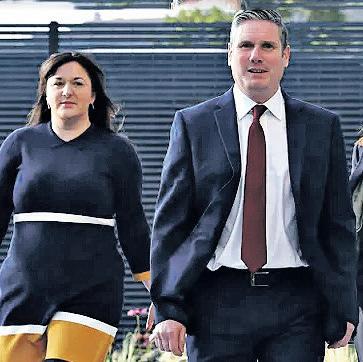
on page 8

Jewish Care member Kitty Stern is believed to be the Jewish community’s first centenarian to be sent an official birthday card from King Charles III and the Queen Consort. She received “sincerest
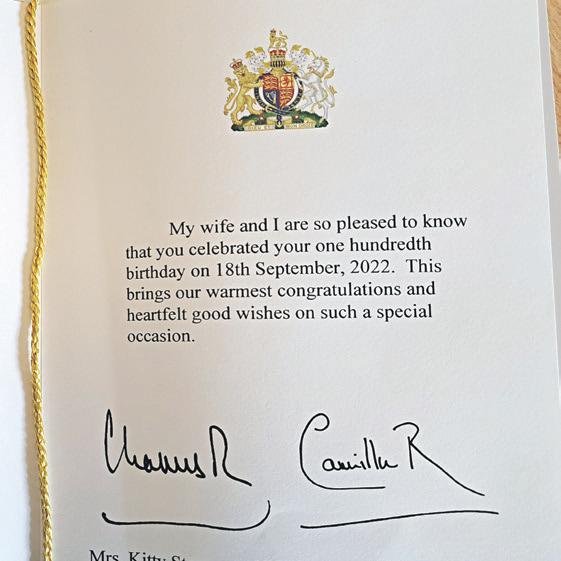
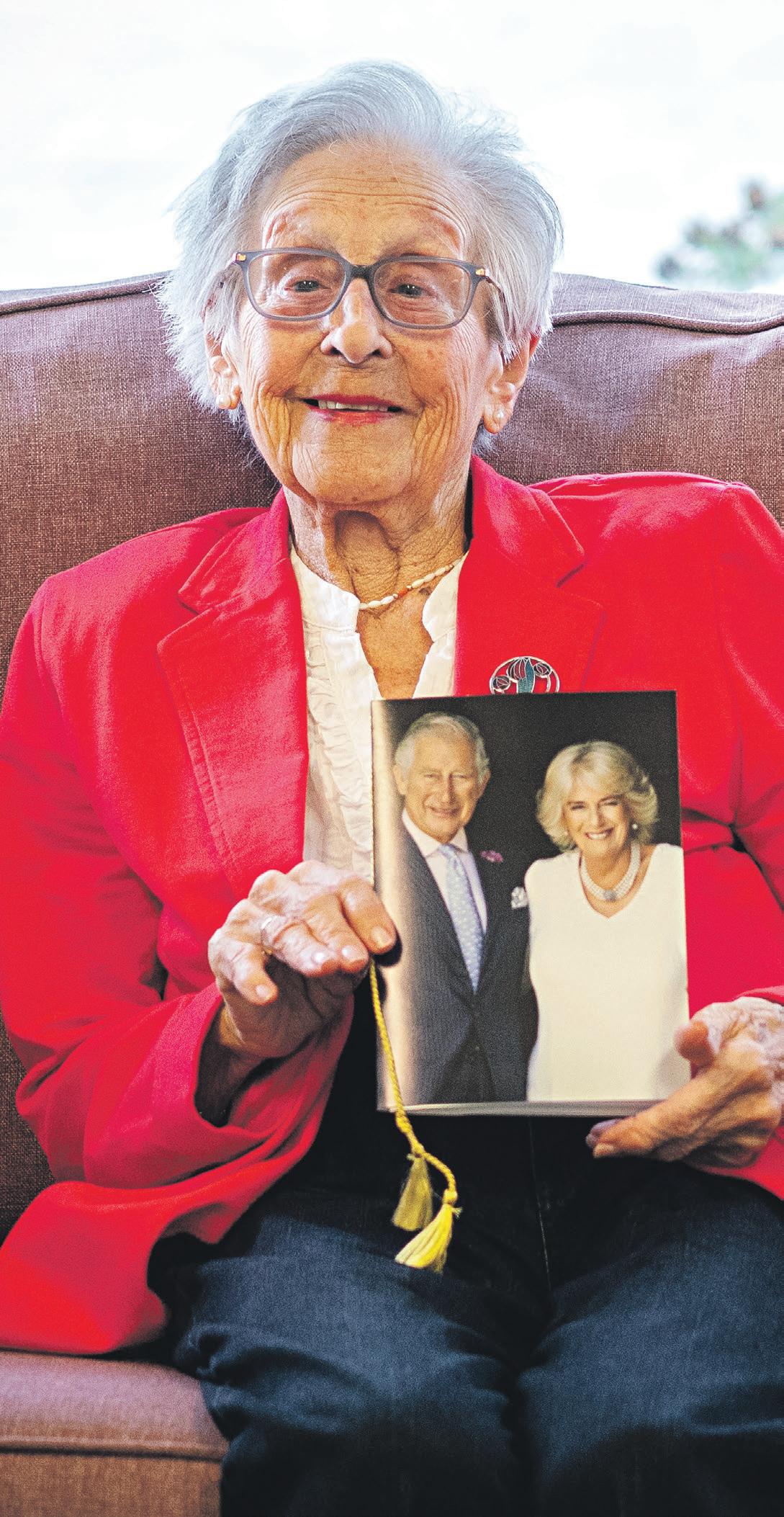
on a special occasion”.

Ruth Smeeth reveals being made a peer by Starmer was her ‘only way back’ to politics

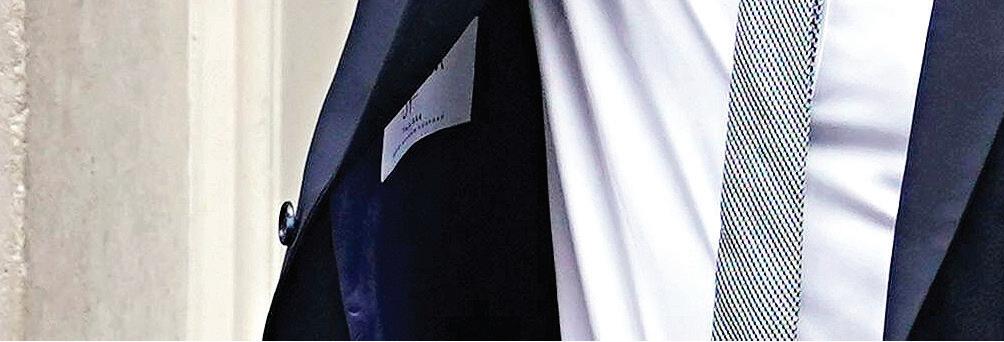
Grant Shapps has been appointed Rishi Sunak’s business secretary as part of the new prime minister’s cabinet reshu e.
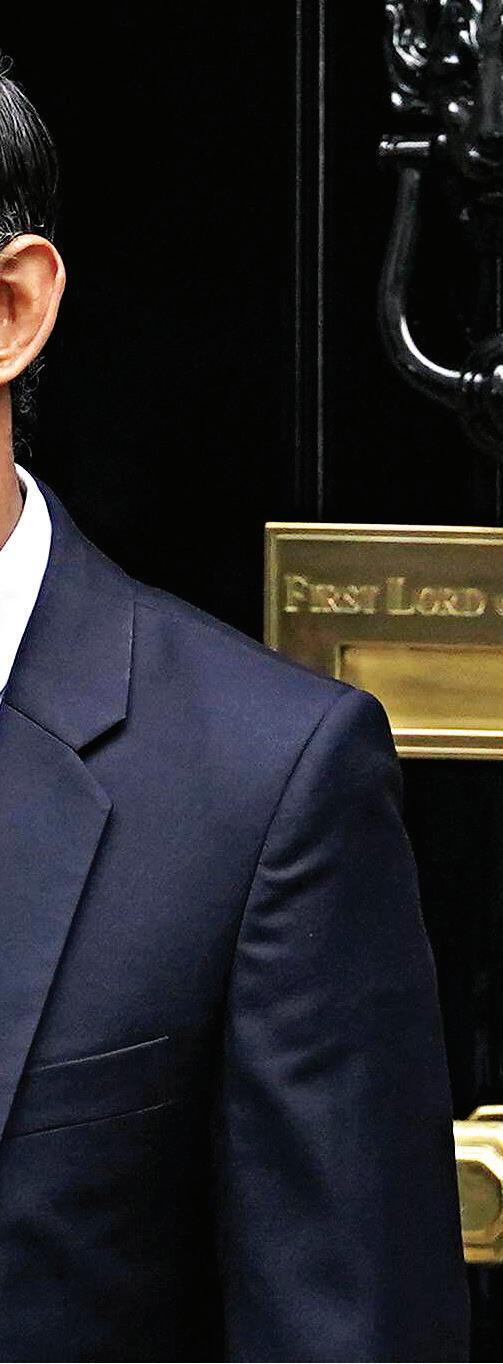
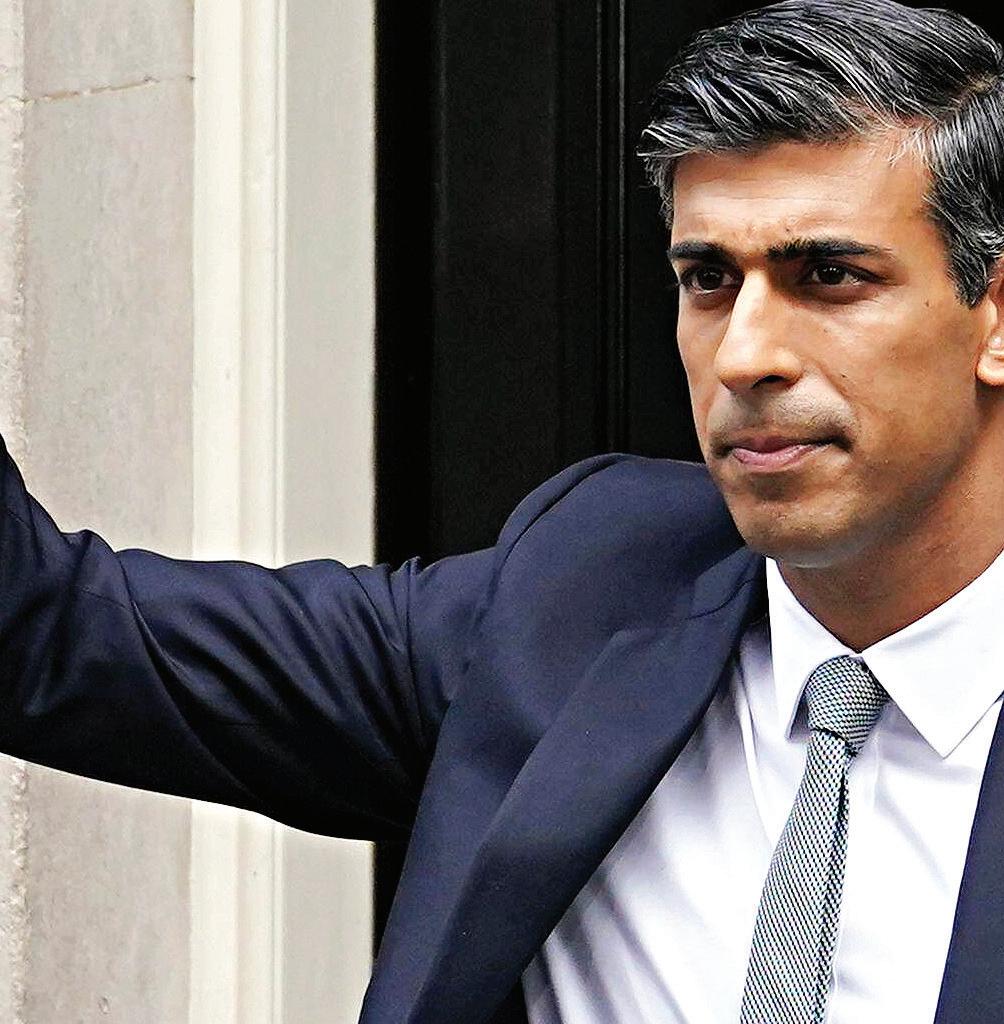

The former BBYO president was moved from the home secretary role, less than one week after he had stepped into the role under former prime minister Liz Truss.
Shapps is replaced in the home secretary’s role by Suella Braverman, whose resignation from the post, had allowed the Jewish MP to take up the position.
Despite being on the right of the Tory Party, Braverman had significantly o ered her support to Sunak’s leadership campaign last weekend.
But her reappointment is likely be seized on by the other parties, with Braverman resigning after admitting having sent an o cial document from her personal email – a breach of security.
Shapps, who has previously
served in housing, international development and party chair roles, takes over from departing Jacob Rees-Mogg in his new post.
Other appointments in Sunak’s reshu e included Nadhim Zahawi as Conservative Party chair, Oliver Dowden as cabinet o ce minister, with James Cleverly remaining as foreign secretary.
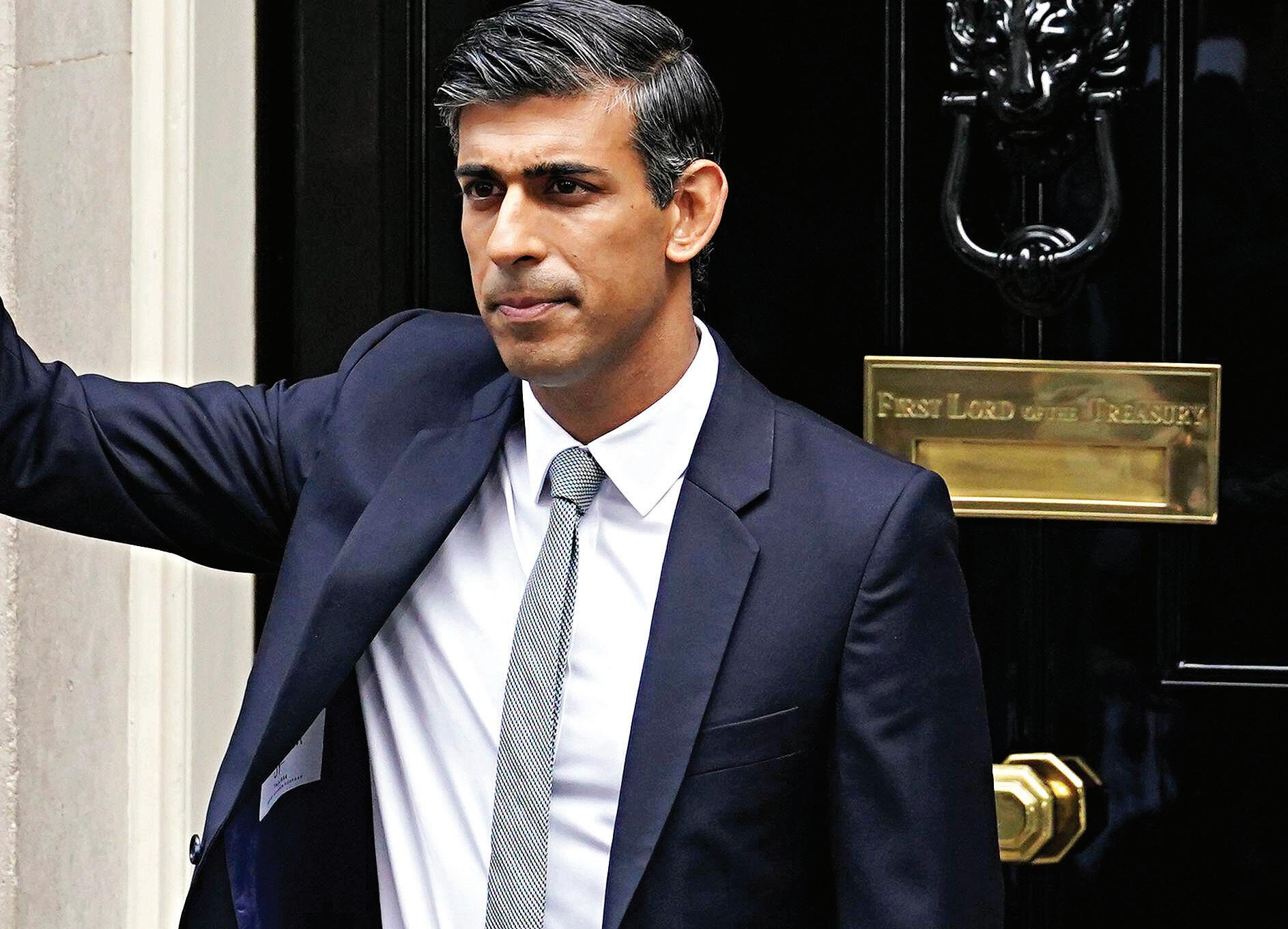
Jeremy Hunt remains in the chancellor role, ahead of the expected fiscal statement.
Penny Mordaunt remains Leader of the House.
Chief Rabbi Ephraim Mirvis extended “every blessing” to Rishi Sunak after he became the new prime minister on Tuesday, noting that he leads the nation “in such profoundly di cult circumstances”, writes Lee Harpin.
Rabbi Mirvis also noted that “the appointment of the first British PM from a minority faith community is a proud milestone in British history”. The Board of Deputies and the Jewish Leadership Council were among the communal organisations to o er their “congratulations” to Sunak, who replaced Liz Truss as prime minister just 45 days after her disastrous stint as leader.
The former chancellor – who has previously described the UK Jewish community as having “led the way”

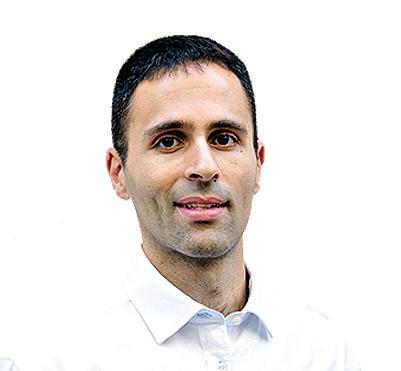
When Rishi Sunak met Charles, it’s not known if the King wished him Diwali greetings. The fact that Sunak was confirmed in post on the Festival of Lights on Monday was poignant for the 1.5-million strong British Indian community.

Sunak’s ascent as a politician has been meteoric. Just seven years ago, he had not even entered parliament, having forged a successful career in banking and finance. He was selected for the safe Conservative seat of Richmond in Yorkshire, which he won at the 2015 general election. He quickly rose up the ranks, becoming a minister in the summer of 2019 and was promoted to chancellor in February 2020 (still in his 30s), after the resignation of Sajid Javid.
Within weeks, he was contending with the e ect on the of Covid lockdown. He quickly put together a huge rescue package for the economy.
Sunak’s elevation has extra significance on a number of levels. The 57th occupant of No 10 since 1721, he is the first prime minister from the black or Asian community.

The progress made today is possible partly because of what came before. When Lionel Rothschild became the ‘first Jewish MP’ in 1858, he was elected five times before
he was eventually able to join the Commons without swearing the traditional Christian oath. Ironically, Rothschild, who remained an MP for the City of London for 15 years, never spoke in the House.
However, the events of 1858 were an important step on the road of Jewish emancipation.

Whether Sunak is the first ethnic minority PM depends whether you classify Jews as an ethnic minority and whether you regard Benjamin Disraeli as Jewish. Disraeli, who served two terms as prime minister (1868 and 1874-80), was nominally a Christian – his father converted after a row with Bevis Marks – though also proud of his Jewish heritage. On one occasion, after an insulting comment from another parliamentarian, Daniel O’ Connell, Disraeli responded: “Yes, I am a Jew and when the ancestors of the right honourable gentleman were brutal savages in an unknown island, mine were priests in the temple of Solomon.”
Whatever one thinks of Sunak’s politics, his rise should make us proud of the country we live in.
That the child of African-born Hindu parents of Indian descent can rise to the top job in politics is something to boast about. It’s not only Indians who should treasure this but people from all minorities, including our own community. If ever there was something called the ‘British dream’, Sunak embodies it. But with problems coming at him from every angle, there is no time for a honeymoon.
The hard work begins now.
in retaining a strong identity, while also integrating into society – was announced as the only Tory leadership contender to have secured the backing of 100 MPs on Monday.
In a short statement to the nation, Sunak later said it was “the greatest honour of my life to serve the party I love and give back to the country”.
Sunak, a practising Hindu, is Britain’s first Asian PM. The UK’s only previous PM from an ethnic minority was Benjamin Disraeli, who was Jewish, in 1874.
Sunak’s views on the UK Jewish community, and his support for Israel, became apparent during the earlier leadership contest in which he lost to Truss.
In an Westminster speech he said: “The Jewish people have led the way in demonstrating how to fully integrate and participate in our national life while retaining a distinct and proud identity.”
Sunak – who becomes the first nonwhite prime minister – has also praised the work of the Community Security Trust in protecting the community.
In an article for Jewish News in July, he stated: “Antisemitism can take many forms. I will continue to support the Boycott, Divestment and Sanctions Bill, that will prevent public bodies engaging in boycotts that undermine
community cohesion.”


On Israel he said: “The Jewish community is right to call out those who seek to damage the only Jewish state in the world. As a country, we must work collaboratively to eliminate racism and discrimination wherever we see it.”
He also described Israel as being “a shining beacon of hope” in the Middle East. He has also praised the work of the Community Security Trust (CST) saying he felt “horrified” by the need for security outside Jewish faith schools.
Sunak added: “As long as they are needed we will continue to support their work to keep the Jewish community safe.”

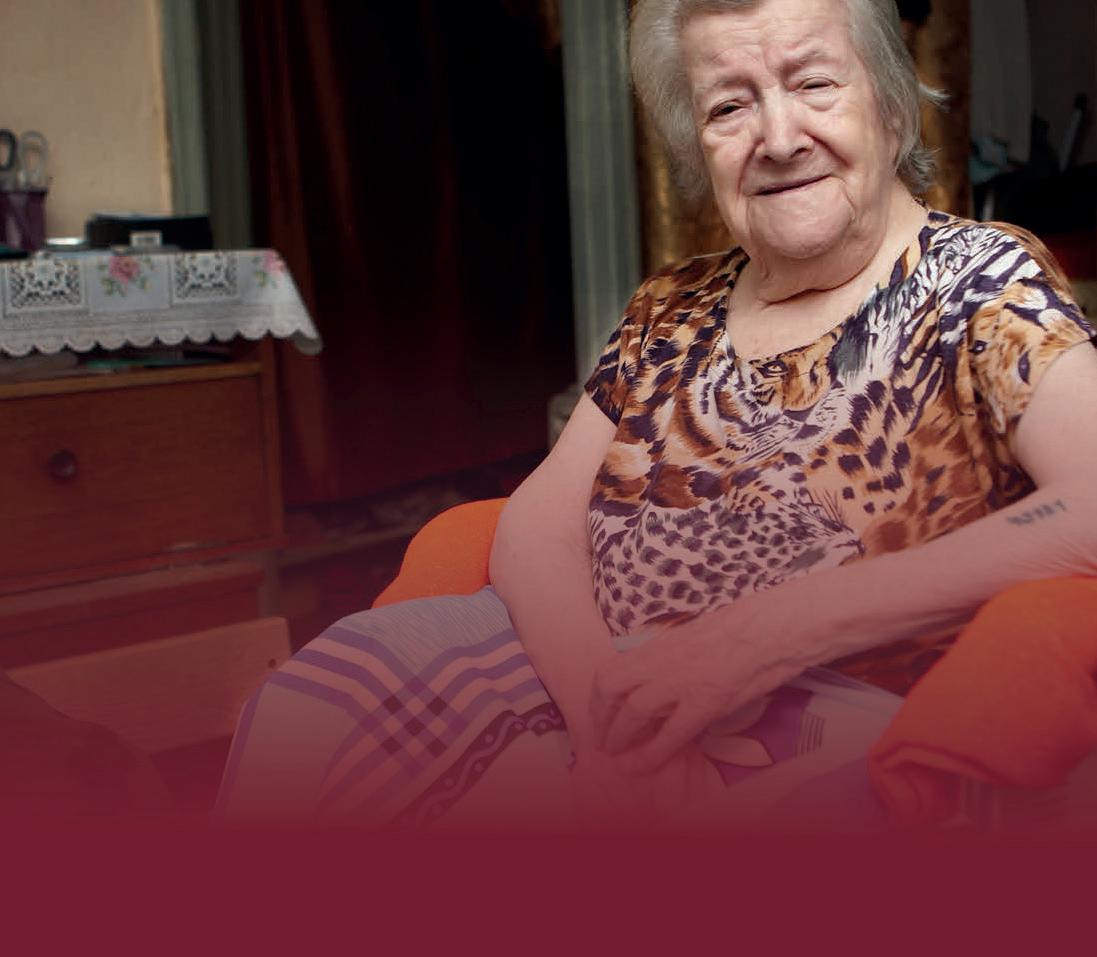
In their statements both the Board of the JLC said they “looked forward” to meetings with the PM at the earliest opportunity.
Sunak – an ex-hedge fund manager – told a Conservative Friends of Israel hustings in July that he recognised Jerusalem as Israel’s “historic capital”.
He agreed with ex-PM Truss there was a “very strong case” for relocating the British embassy from Tel Aviv to Jerusalem. But Sunak also then admitted he was not sure why the move had not already happened.
On Wednesday a Downing Street
spokesperson said they could not confirm the status of a pledge made by ex-PM Truss to review the location of the UK embassy.
From Israel, PM Yair Lapid tweeted “congratulations” to the new PM adding: “Israel and the United Kingdom are close allies.”
He continued:” We share not only mutual interests, but an unwavering commitment to democratic values. I look forward to working together to shape a stronger, safer future for both our countries and peoples.”
At Prime Minister’s Questions in the Commons yesterday, Sunak attempted to link Labour’s Keir Starmer with support for previous leader Jeremy Corbyn.
Labour and the Liberal Democrats, and the other opposition parties claim Sunak does not have a mandate to lead the country, and have called for a general election.
Sunak immediately sparked controversy by handed the home secretary’s role back to Suella Braverman, despite her having resigned six days earlier over a security breach.
Braverman replaced Grant Shapps in the role in which he had replaced her.
Former BBYO president Shapps was moved to the business secretary role.
Israeli opposition leader Benjamin Netanyahu has said he intends to push for annexation of West Bank settlements if he is re-elected next week, writes Joy Falk.

“I think that if I’m re-elected, I will get it. I have plans on how to get it,” the former prime minister told USA Today
“Would I do it unilaterally? No, I said that right from the start. I would not, because I would like to do it with the understanding and support of the United States. We were on the verge of getting it,” he added.
In his recently published memoirs, Bibi: My Story, Netanyahu describes how then US President Donald Trump had promised him in writing that he had Washington’s support to annex Israeli settlements in the West Bank
– which he committed to doing in May 2020 –amounting to some 30 percent of the territory.



According to Netanyahu, the Trump administration backtracked on this promise the same night the ‘peace plan’ was revealed in Washington, leaving him “surprised”.
“There was a reversal. It wasn’t because we had surprised him in any way. In fact, I think it surprised me,” Netanyahu told the newspaper.
Netanyahu also acknowledged that annexation “probably won’t happen” under President Joe Biden, who is opposed to such a move.
Israeli settlements in the West Bank are considered illegal under international law, something a majority of Israeli politicians disregard, calling the disputed territory part of the Jewish homeland.
A $14m museum dedicated to the legacy of Albert Einstein is to be built in Jerusalem.
The Israeli government has approved a plan to establish a new home for the scientist’s extensive archive, including some 85,000 documents, on the campus of Hebrew University, which Einstein helped to found.
The collection of objects includes his Nobel Prize and the original notes he produced while developing the general theory of relativity in 1916, according to Benyamin Cohen, who is writing a biography of the physicist.
“Albert Einstein is an asset, the biggest brand name in the world for intelligence, science and genius,” Israel’s alternate prime minister, Naftali Bennett, said.
He said he expected the museum would become “a pilgrimage site for anyone who wants to become familiar with Einstein, Jewish intelligence, and intelligence in general”.
A third of the funding for
the museum will come from the Israeli government and the rest from the university and its donors, including Syrian Israeli art collector Jose Mugrabi.
Einstein was one of the most important champions of Hebrew University, for which he helped to raise funds. After he died, in 1955, the Hebrew University inherited his papers, letters, medals and “all other literary property and rights, of any and every kind or nature whatsoever,” according to the scientist’s will.
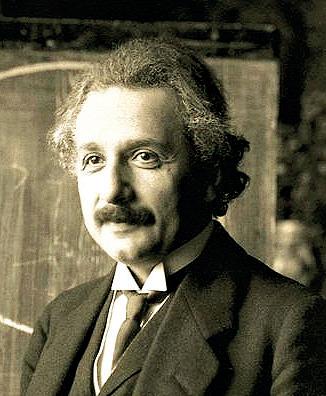
Iran has confirmed it is sanctioning Britons, including senior MP and figures in both the Conservative and Labour Friends of Israel groups, over “activities that have led to unrest, violence, and terrorist acts”, writes Lee Harpin
Tehran’s latest list included Tom Tugendhat, minister of state for security, Steve McCabe MP, the chair of Labour Friends of Israel, Conservative Friends of Israel president Lord Polak and the MPs Stephen Crabb and Bob Blackman.
Commodore Don Mackinnon, British naval commander in the Persian Gulf as well as media outlets and their owners including BBC Persian and Iran International were also listed, along with the UK National Cyber Security Centre (NCSC) and the intelligence centre GCHQ.
The MPs and both Friends of Israel groups have been out spoken in their condemnation of the regime in Tehran.
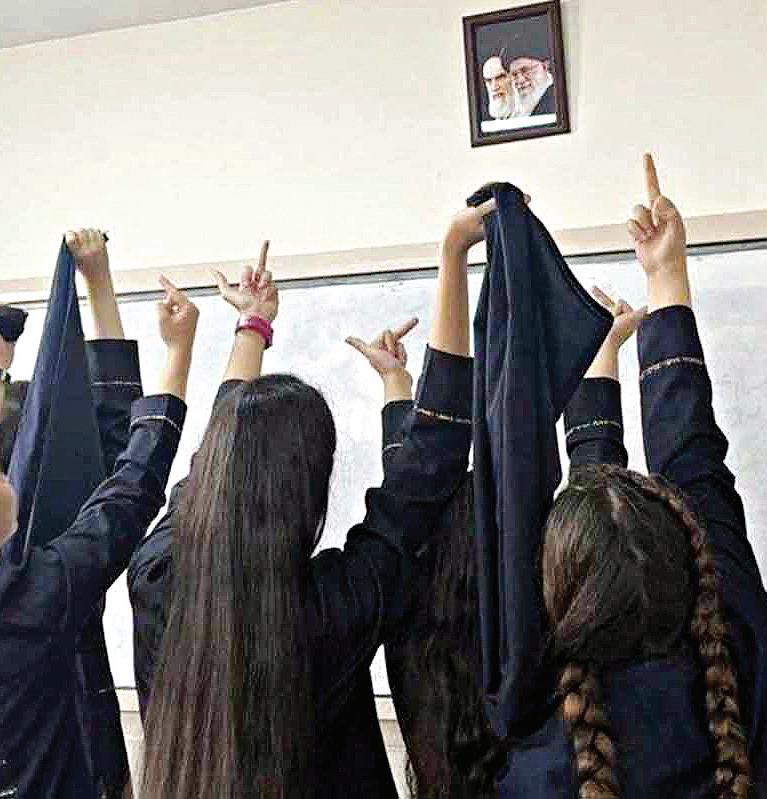
During recent unrest in Iran, officials have complained about foreign media and social media operators including those in Britain reporting on protests and airing interviews with Iranian pundits based abroad.
The official news website IRNA said the named individuals would not be allowed to enter Iran and that any assets held under Iranian jurisdiction would be confiscated.
It said the measure did not preclude criminal prosecu tion and that Iran still considered the British government “accountable for supporting terrorists and human rights vio lators who organise and incite riots and terrorist acts in Iran from its soil”.
Foreign minister Hossein Amir-Abdollahian also said Iran would designate 19 US and European officials and entities over sanctions and “incitement to violence”.
Shechita UK campaign director Shimon Cohen has spoken of “threats” to Jewish religious freedoms.
In a powerful speech to a European Commission conference in Brussels, entitled ‘Freedom of religion with regard to religious slaughter’, he said: “Shechita is not, by any stretch, crueller than any other slaughter process.

“The differing practices and reli gions must be tolerated, not trampled on and outlawed. That is the banner that should be waved highest.”
The conference was held in partner ship with the Council of Europe and the United Nations, with EC commissioner for equality Helena Dalli delivering the opening remarks at an event whose
stated aim was “combating antisem itism and anti-Muslim hatred”.
Cohen told Jewish News: “For the first time, we were invited and hosted and asked to present our concerns. I spoke candidly about the blatant dis regard various member states have towards Jewish religious freedoms, impertinently positioning shechita
opposite animal welfare concerns and banning Kosher meat production in their countries, greatly hindering Jewish life with a perverse sense that Jews don’t matter.
“Behind the loud banners pro claiming animal welfare lies ignorance, misinformation, and far more sinister agendas.”
A trustee of British Friends of Yeshivat Hakotel has resigned with immediate effect over the yeshiva’s endorsement of farright Israeli lawmaker Betzalel Smotrich, Jewish News has learned, writes Jotam Confino.

David Cohen’s letter of resignation comes after Jewish News reported that the dean of overseas students at Yeshivat Hakotel, Reuven Taragin, embraced the Religious Zionism Party and its leader Smotrich.
In a post that has since been taken down, Taragin wrote: “I look forward to working with other yeshivot to help Betzalel (Smotrich) and the Religious Zionism party help our community.”
Taragin also personally embraced the controversial farright extremist, saying: “I was personally impressed with Smotrich. He is both a talented politician and a true Ben Torah.” Yeshivat Hakotel has close ties with the youth organisation Bnei Akiva UK.
Smotrich is one of the most
controversial lawmakers in Israel, known for his virulent antiLGBTQ stance, racist comments toward Palestinians and ArabIsraelis and promotion of Israeli law based on the Torah.
After removing his post, Taragin wrote: “Sadly, the post o ended many people. I have therefore


removed it.” He did not apologise or elaborate on whether he still supports the controversial party and its leader.
Jewish News reached out to Taragin for a comment following his post but did not receive a response.
Editorial comment, page 22
A British filmmaker denied the right to advertise his Holocaust film Beautiful Blue Eyes on Facebook is suing the social media giant’s parent company for £600m.
Joshua Newton, together with his actor son Alexander, filed a lawsuit against Meta Platforms, citing breach of contract, fraud and intentional infliction of emotional distress, after audiences dwindled following its release in September.
The film was released in 2009 and stars Roy Schneider (pictured), who died the previous year. A problem with one of the film’s cameras meant that several scenes were unusable, but the arrival of AI-powered technology in recent years meant they could be saved.
Schneider, who starred in the
Steven Spielberg classic Jaws, plays a retired New York Police Department o cer who tracks down the Nazi who murdered his family and travels to Nuremburg to confront him. His character is loosely based on Joshua Newton’s own father, Bruno.

Facebook, which later overturned its decision, originally deemed the film to have violated its race hate policies. Media outlets report that the confusion came from a misinterpretation of the implications of the film’s title. The movie, which has an IMDb rating of 4.8 out of 10, opened in 431 cinemas across the US in its first week, but was still playing in only five the next week. The Newtons say this is because of Facebook’s decision.
UK Jewish Film Festival, page 31
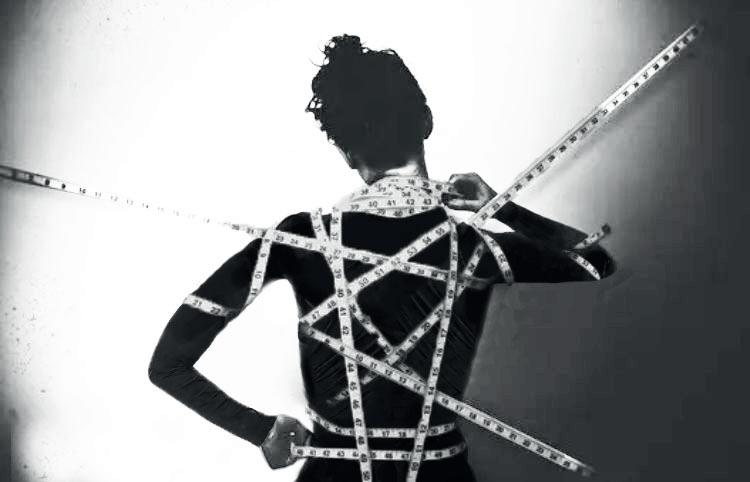

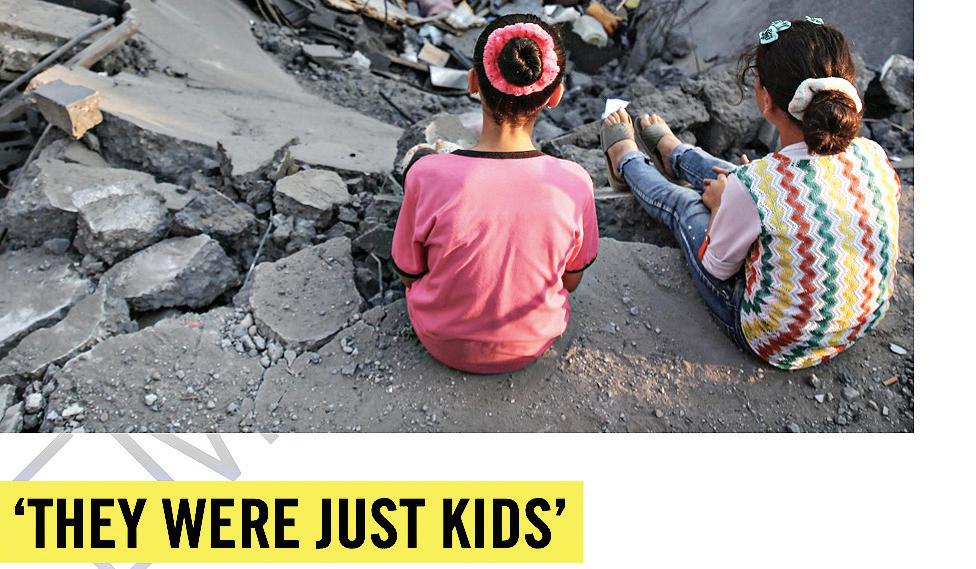
A new Amnesty International report has accused both Israeli forces and Palestinian armed groups of committing “likely war crimes” during the most recent o ensive in Gaza, writes Lee Harpin.
The human rights group this week urged the International Criminal Court (ICC) to investigate claims of “unlawful killings” after Israel launched “pre-emptive” military strikes to target Palestinian Islamic Jihad and its armed wing the Al-Quds Brigades.
Among the allegations in the 20-page report are claims an Israeli drone killed five children at a cemetery after the o ensive began on 5 August last year. A Palestinian woman drinking tea at home with her family is also alleged to have come under attack.
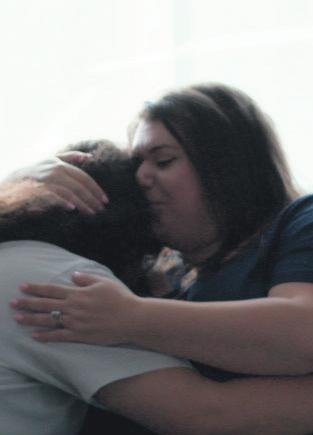
But the report also states the deaths of seven civilians were likely to have been caused by a Palestinian rocket misfired by terrorists and seven remaining civilian deaths involving Palestinians saw remnants of weapons being “immediately removed”.
While the report attempts to blame both sides for civilian deaths, in a more balanced manner than previous Amnesty reports, it is likely to anger pro-Israel campaigners with its reference to “apartheid” in what it calls the Occupied Palestinian Territories.
The new investigation also outlines detailed claims of misconduct by Palestinian terror groups like Islamic Jihad. Amnesty concludes in the report the removal of evidence of attacks in Gaza “matches a pattern identified in past cases where Palestinian rockets have misfired”, adding: “Amnesty believes there is su cient
evidence to indicate the attack on Jabalia refugee camp was the result of a misfiring rocket launched by Palestinian armed groups, apparently targeted towards Israeli territory.
“Researchers identified several commonalities between the attack in Jabalia and previous strikes attributed to Palestinian armed
groups. For example, weapons remnants had been removed – this is notable because the Palestinian authorities and armed groups in Gaza generally preserve and display remnants of Israeli weapons and munitions.
“Locals interviewed by Amnesty said they had neither seen nor heard an Israeli warplane or drone before the strike. Other residents, who requested anonymity, said they believed a ‘local rocket’ was responsible for the attack.
“Two minutes before the strike, the Al-Quds Brigades began sharing on social media a live video of what it described as a volley of rockets being fired towards Israel.
“Like other cases in which similar Palestinian rockets allegedly caused civilian deaths and injuries, the attack on Jabalia camp should be investigated as a possible war crime.”

The report adds that since 2008, Palestinian armed groups have fired thousands of indiscriminate rockets towards Israeli towns and cities – in violation of international law – killing dozens of Israeli civilians.
The unguided rockets used by Palestinian armed groups in Gaza, including the Al-Quds Brigades, are “inherently inaccurate”, Amnesty states. The report adds: “Their use in civilian areas violates international humanitarian law and may amount to a war crime.”
A special needs school in Stamford Hill, Side by Side, wel comed pupils for their first day of school on Monday, sparking excitement among parents about new opportunities for their children, writes Jotam Confino.
The school has increased its capacity from 80 to 150 pupils, with the £11.6m purpose-built space offering a bigger area, enhanced facilities, and support to cater for every child’s needs.
Parents described the new school as “a dream come true” and “exceptionally welcoming”.
Gerald Lebrett, headteacher of Side by Side, said: “It is dif ficult to put into words what this opening means to me. I am so incredibly proud of our whole team, and I would like to take this opportunity to thank each and every person who has been involved in this project and worked exceptionally hard to ensure we reached this landmark occasion.
“This is more than just a physical move for all involved, and we cannot wait to see what the next chapter brings as our pupils continue to flourish and reach new heights,” he added.
The enthusiasm was echoed by Jacob Sorotzkin, trustee at Side by Side: “This beautiful project will allow our current and prospective students to maximise their potential and develop in new and exciting ways. On behalf of us all, my sincere thanks to our donors and my fellow trustees. Our dream has become a reality.”
Side by Side has offered children with special needs a chance to learn new skills since its establishment in 2001. “The new school will continue to hold this core value at its heart, taking a holistic view and having the space and resources to extend its vital provisions to more of the community,” the school said.

A Reading rabbi has been accused of transphobia after he shared a picture of Eddie Izzard with lipstick and makeup and asked Twitter followers if the comedy star was a man or a woman.
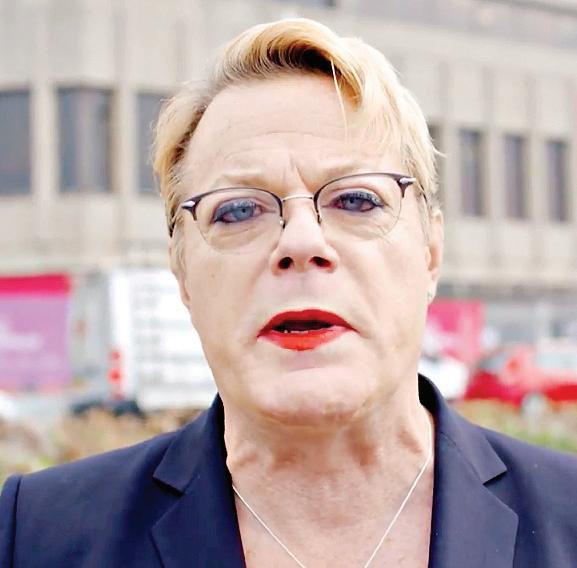
“If you think this is a man, retweet. If you think it’s a woman, like,” Rabbi Zvi Solo mons’ post read, receiving 625 likes and 3,475 retweets.
Twitter users in the com ment section said they were “appalled” and “disgusted” by his tweet, while many said “it doesn’t matter” or that it’s “none of their business”.
Solomons told Jewish News he has no problem with how people identify themselves, but that allowing men to legally change sex “infringes on women’s rights”.
Men are more violent than women, Rabbi Solomon said, and therefore there should be gender-neutral spaces, such as lavatories
and dressing rooms so that women won’t feel threatened when they encounter “someone who’s obviously a male in their supposed safe space”. He added: “We have to treat transgender people with the utmost kindness and respect, and accom modate them legally, but they must not be allowed to dis place women’s rights.”
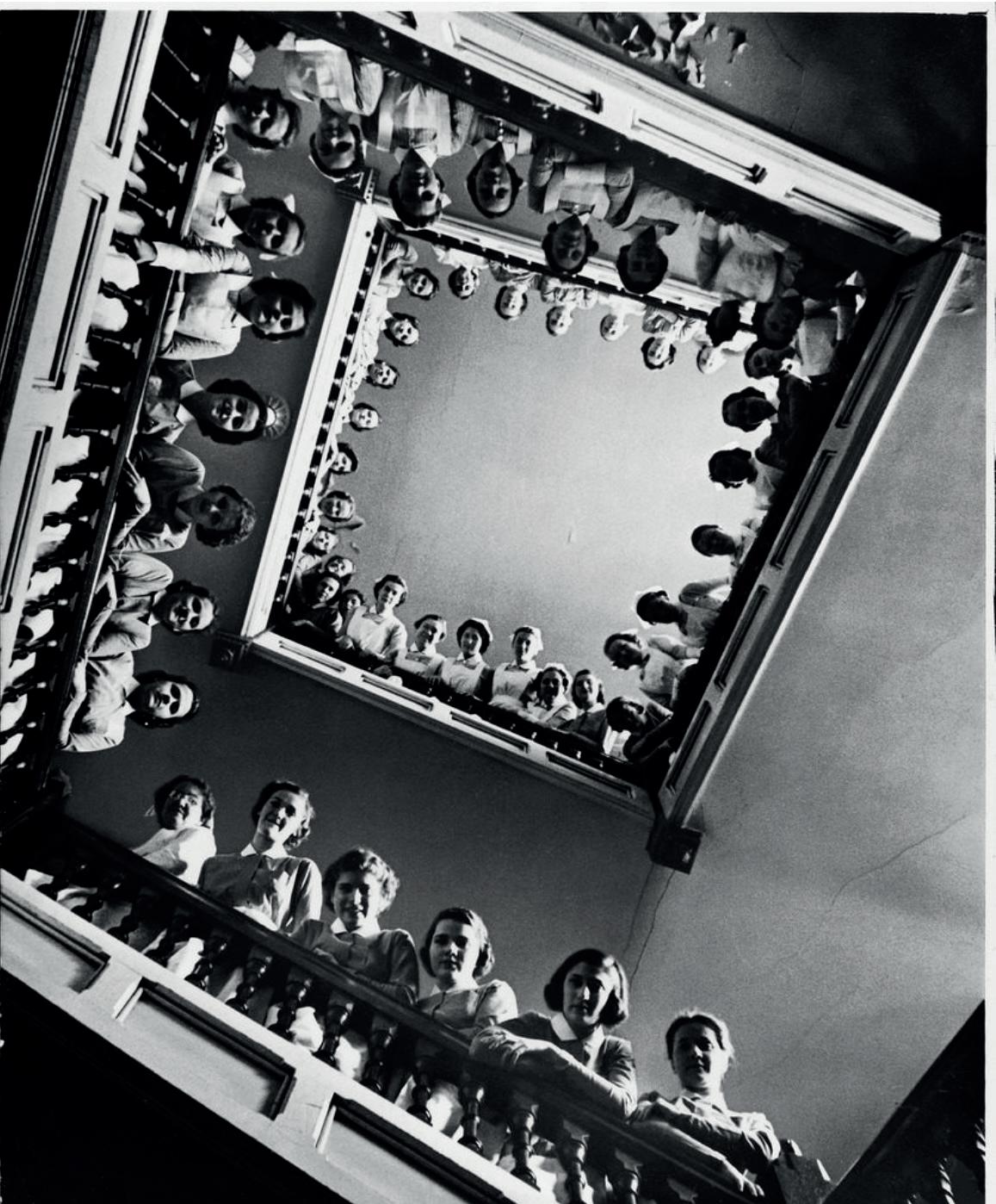
Luke Levine, a Jewish transgender man, called Solomons “transphobic”, saying: “Seeing discrimina tion and transphobic violence from a leader within the com munity has really taken its toll on me today, I feel exhausted and very emotional.
“It has made me ques tion my place within the community.” Rabbi Solomons replied to Levine, asking: “What is the abhorrent view you think I hold? Be spe cific, show evidence.”
Alan Johnson, page 24
National Jewish youth organisation JLGB is set to launch a fundraising campaign to make its programmes accessible to all.
The donations will be earmarked for vital subsidised activities, programmes, and social & volunteering opportunities to thousands of young people.
JLGB is supporting young people’s journey to adulthood, helping them build their confi dence and providing tools to thrive in modern society.
The organisation is acknowledging that
young people today grow up in an increasingly divided world, a financial crisis and an ongoing recovery from the impacts of a global pandemic.
In addition, the next generation of British Jews are faced with several issues including identity, uncertainty, mental health, antisemitism and navigating the outside world.
JLGB wants to lend a helping hand to those in need.
You can help the next generation by donating at www.charityextra. com/jlgb

Continued from page 1 the messages were linked to extremist groups on the fringe of politics.
Asked if she wanted to elaborate on the impact of the threats on her life, Smeeth said only: “It has been a really di cult time. I’d hoped that after everything that went on it would go away ... but it didn’t go away.
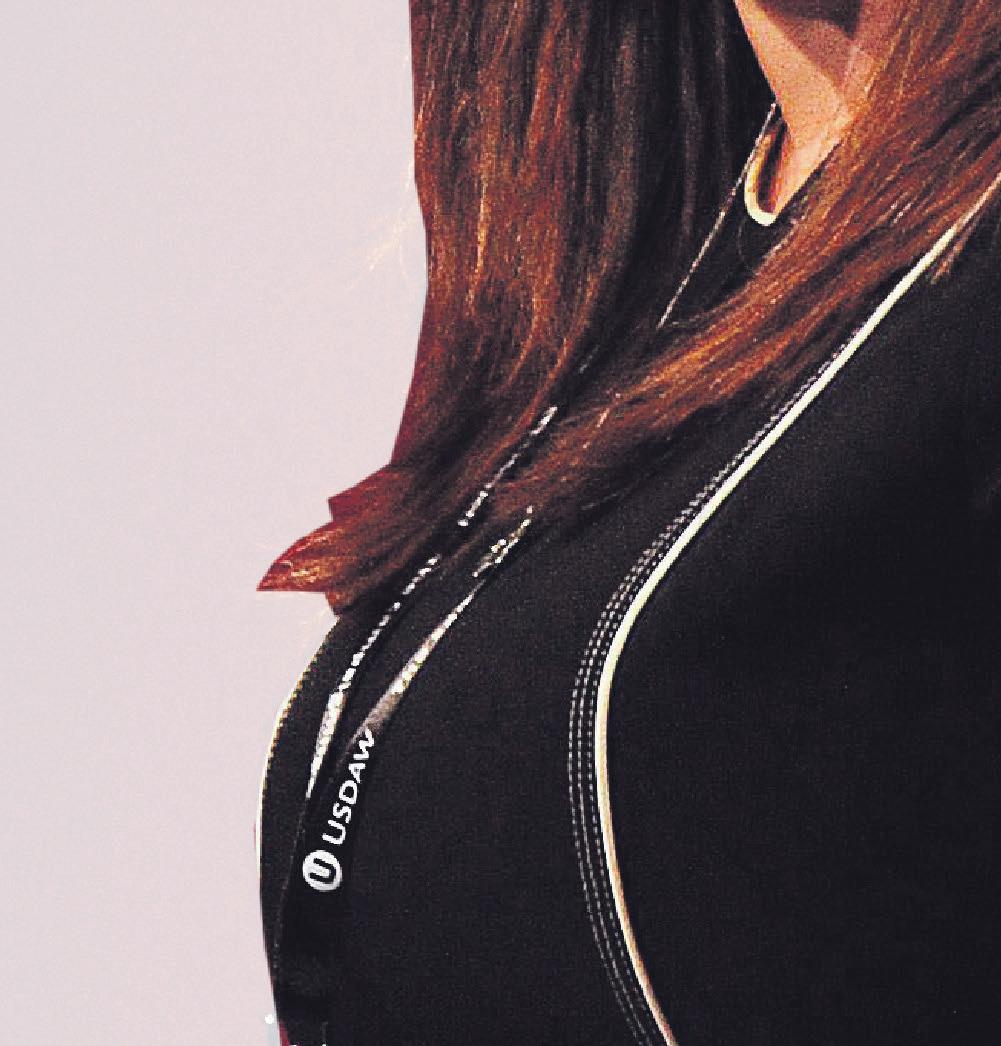
“I have been still getting a huge amount of abuse and threats. For everyone concerned, I am delighted that Keir Starmer wanted me to return to parliament, and this is the safest way back for me to do that.
“All you have to do is look at the responses to the announcement that I was going to be made a peer to see why I am going into the House of Lords.”
Unlike MPs, members of the Lords do not hold weekly constituency surgeries, or engage in as much on-the-ground campaigning, meaning Smeeth’ s safety will not be jeopardised in the same way.
“What I want to do is be really positive,” she now says of her peerage. “There are always consequences to your actions. But I wouldn’t have done anything di erently at any point.
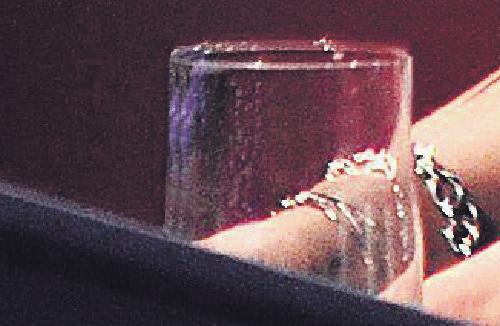
“I think because of the work that I, and the other women at the time did, the party is now clear for other people to come behind us, and not have the same experiences that we had, and that we are having.”
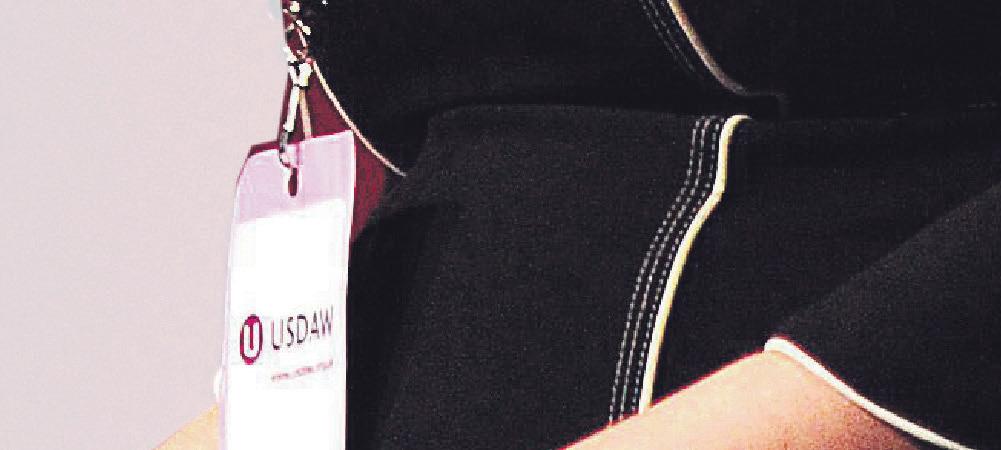
Alongside former Labour MP Luciana Berger, and party veterans Dame Margaret Hodge and Dame Louise Ellman, Smeeth became infamous as a Jewish female politician who both spoke out over the impact of antisemitism, but who also received racist, and often misogynistic abuse.
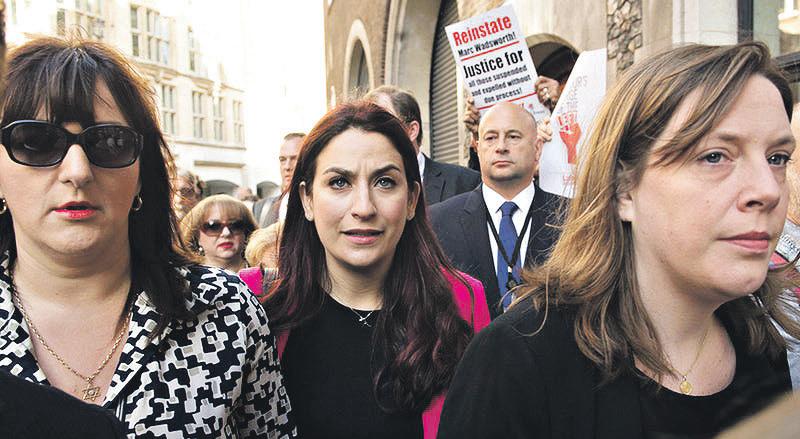
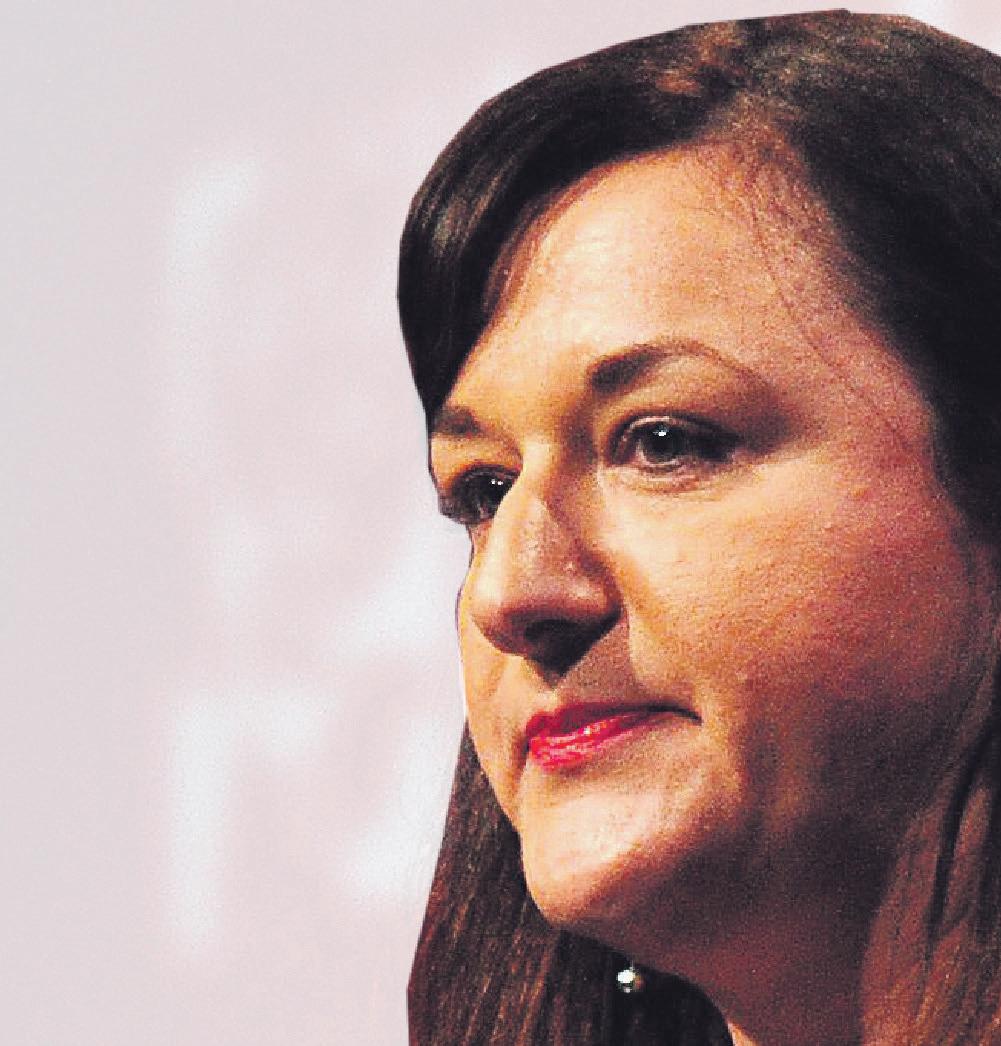
She went to give evidence at an expulsion hearing against the activist Marc Wadsworth, who had accused her of conspiring with the media, in an intervention designed to interrupt the launch of the Chakrabarti report into antisemitism.
Wadsworth was later expelled for bringing the party into disrepute.
Smeeth will become the youngest female Labour peer. Her exact title as a Baroness is due to be finalised today. She is also planning to carry on with her job at Index for Censorship.
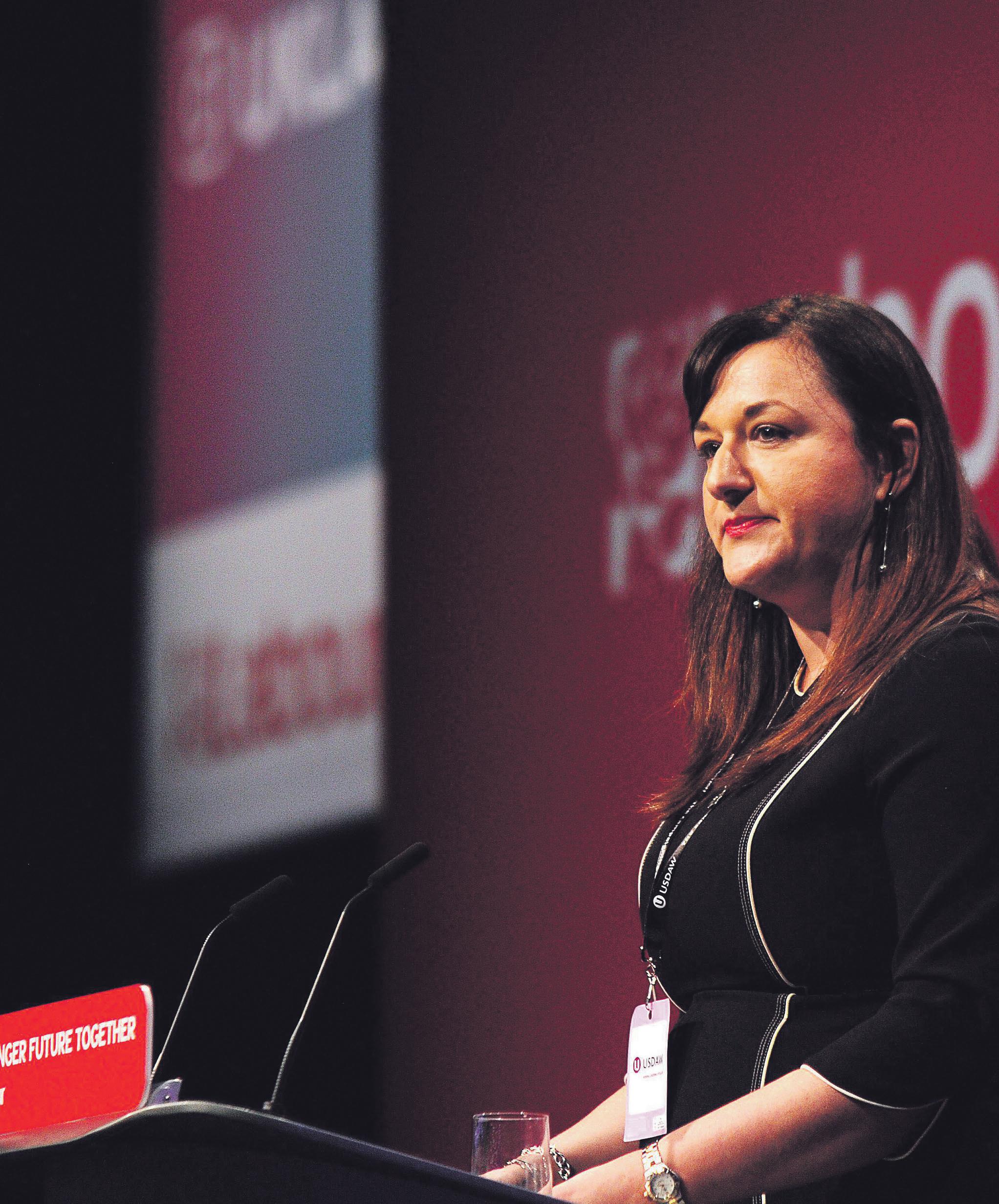
“Some of the day-to-day politics is taken out,” Smeeth says of her new role in the upper chamber.
“But it’s where


you can negotiate, where you can look at legislation line by line and make it better. It is an incredibly important role.”

Smeeth is also quick to praise the work Labour leader Starmer has done to fight the scourge of antisemitism within the party since he became leader.
When Starmer made his debut party conference speech in September 2020, during lockdown, he picked Smeeth to introduce him.
Sources close to the Labour leader confirmed to Jewish News that the treatment dished out to Smeeth as a result of her stance on opposing antisemitism has driven his “determination” to “root out antisemtism” ever since.
Smeeth, who went to a Jewish school in Bristol and after university worked for the Britain Israel Communications and Research Centre (BICOM), says Starmer has “exceeded every one of my expectations of him” since he became leader of the party.
“He could have just talked the talk on the issues around antisemitism in the Labour Party, but he hasn’t,” she adds. “He has embraced his mandate to fix the Labour Party, and not just legally, which would have been our core responsibility.”
To those in the community yet to be convinced they can vote for Labour, and who point to the continued role on the backbenches for MPs who had previously backed Corbyn, Smeeth adds: “The Labour Party had a huge amount to do to win back trust, and it may take more than one electoral cycle for some, I understand that.


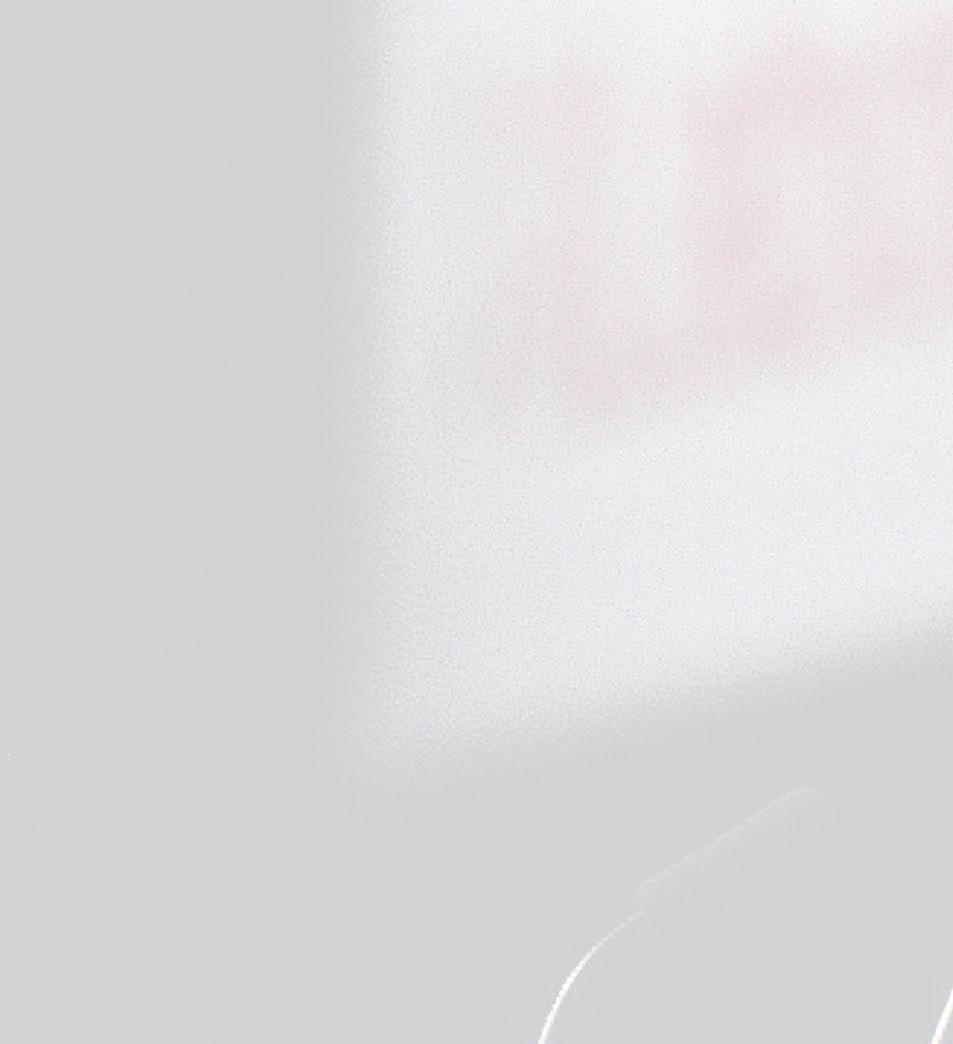
“But look at what Keir has promised our community when he became leader, and how he had met this promise. All political parties are broad churches – broad synagogues. There is always someone you can point out who you fundamentally disagree with.
“However, the people in charge of the Labour Party, the people who will make every decision, nobody can tell me that we can’t trust Keir, Rachel Reeves, Wes

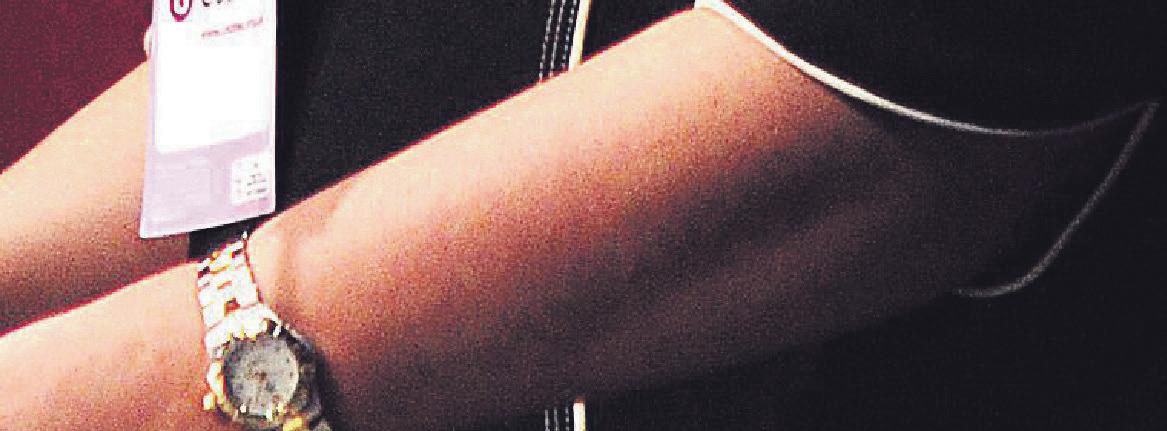
Streeting Lisa Nandy, Peter Kyle... there are so many of our allies around the cabinet table, true allies of our community who are in charge now. For that we owe them our vote.”
Starmer, says Smeeth, would be a “a calm, competent leader of our country, who will restore both our national finances and who will restore our reputation on the world stage, I have no doubt of that.”
Regarding Israel she also believes Labour can now be trusted to listen to the voice of the community. Starmer, Reeves, and shadow foreign secretary David Lammy had all given speeches at the recent Labour Friends of Israel reception at the party’s conference in Liverpool
“On Israel, Labour policy has been quite clear, and hasn’t changed,” she adds. “We want a two-state solution, and we also want peace. Please God, peace.”
Unsurprisingly, Smeeth is less forthcoming in her praise of the current government, with its succession of leaders. “The government has let everyone down, including the Jewish community, over a long period of time,” she says
“Look at the number of people from minority communities, including ours, who died of Covid. If you look at the support in place in terms of health care, in our education system, with the economy, and in terms of inflation.
“I think regardless of faith, people have been let down.”
With Rishi Sunak now made prime minister, Smeeth says the community “needs to ask itself big questions”.
She reasons: “We need to ask which party do we think is going to be better for the country. I think we need a general election.”
Smeeth is also concerned by the rise of “dog-whistle politics” on the fringes of the Tory Party in recent days, pointing to the “globalist” slurs directed at Jewish minister Grant Shapps after
he was briefly made home secretary.
On previous prime minister Liz Truss, Smeeth says she had a “very narrow view” of the community, judging by her much criticised statement which stressed Jewish links to business. “She didn’t understand the diversity in our community.”

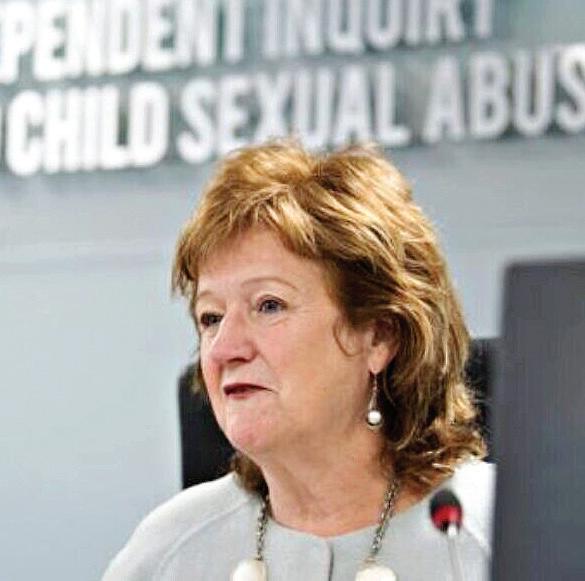
The Chief Rabbi has backed the findings of the seven-year Child Sexual Abuse inquiry (IICSA) which has called for a new law ensuring people in positions of trust report child sexual abuse, writes Adam Decker.
The IICSA described the sexual abuse of children as an “epidemic that leaves tens of thousands of victims in its wake”. Its final report was issed last week.
As part of its remit the inquiry looked into processes at Jewish organisations dealing with minors. It found some fail in their moral duty to prevent child sexual abuse, with some Jewish organisations having no child protection policy at all.
The child protection policies of major Jewish communal organisations came under the spotlight, with a number of umbrella bodies such as United Synagogue, Chabad Lubavitch, and Masorti named as taking the “positive step” of a centralised child protection policy. But other religious groups did not have such a policy at the time of the inquiry’s hearings last year, including the strictly Orthodox Union of Orthodox Hebrew Congregations (UOHC).
The inquiry said that there was “a mismatch between the organisation’s stated position and its actual practice in responding to allegations of child sexual abuse.”
The body’s representative, Rabbi Jehudah Baumgarten, told the inquiry that the rabbinate was clear child sexual abuse must be reported to authorities.
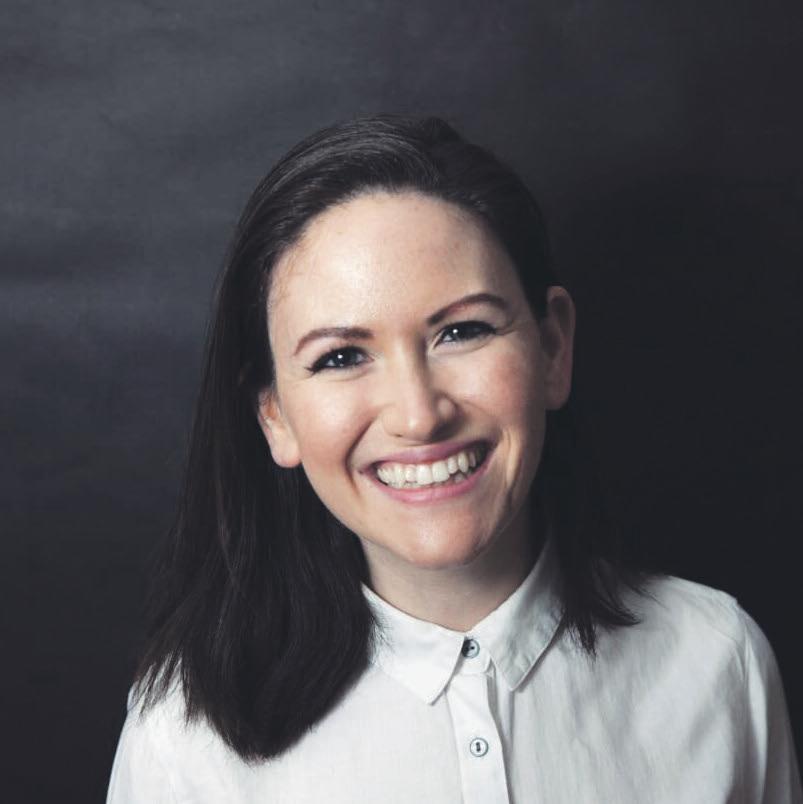
But the inquiry noted that in 2013, the UOHC’s then-chief Rabbi Ephraim Padwa was recorded undercover dissuading an
abuse victim from reporting to the police – and that eight years later, a child protection policy was still not in place.
Reacting to the report’s publication, Chief Rabbi Ephraim Mirvis said: “We must do more to ensure child protection policies and procedures are up to date, actionable and e ective across our communal organisations. We must also do more to educate our entire community, particularly our children, so that we better understand how to identify, challenge and report inappropriate physical contact with others, as well as the patterns of behaviour that can lead to child sexual abuse and any other form of abuse.”
Leading criminal lawyer Simon Myerson KC responded by calling for the community to show commitment to organisations supporting Jewish victims of abuse such as Nahamu, Migdal Emunah UK and Jewish Womens Aid “with pledges to start training by December and fund that training. Nothing else will do”.
Yehudis Fletcher of Nahamu said: “We are pleased to see that IICSA has recognised the devastating impact that unregistered schools have on the safety and wellbeing of children. Their recommendation to increase Ofsted’s powers in relation to such establishments are welcome.
“We also wholeheartedly welcome the recommendations relating to mandatory reporting of child sexual abuse. However, we are concerned that IICSA’s recommendations do not go far enough in this regard. A regime with teeth that will ensure that all reasonable suspicions of child sexual abuse is urgently required.”
Former home secretary Grant Shapps has said that “nothing must be allowed to get in the way” of ensuring children are protected from the “evil” of abuse including “misplaced cultural sensitivities”.
Delivering a statement in the Commons following the publication of the Independent Inquiry into Child Sexual Abuse report, he spoke of the “immense courage” of the victims and survivors who had given evidence to the exhaustive inquiry.
“I’m a father of three children,” Shapps told MPs in the House of Commons. “This
report has made for di cult reading. I cannot imagine the pain the victims have gone through.”
Shapps, who is Jewish, then said: “Nothing must be allowed to get in the way, be it inertia, misplaced cultural sensitivities, indi erence, selfinterest or cowardice from those whose job it is to protect children.
“It is the job of every adult to do all they can to protect children. Anything less is a profound moral failing. Walking by on the other side is never acceptable.”
Responding to Shapps,
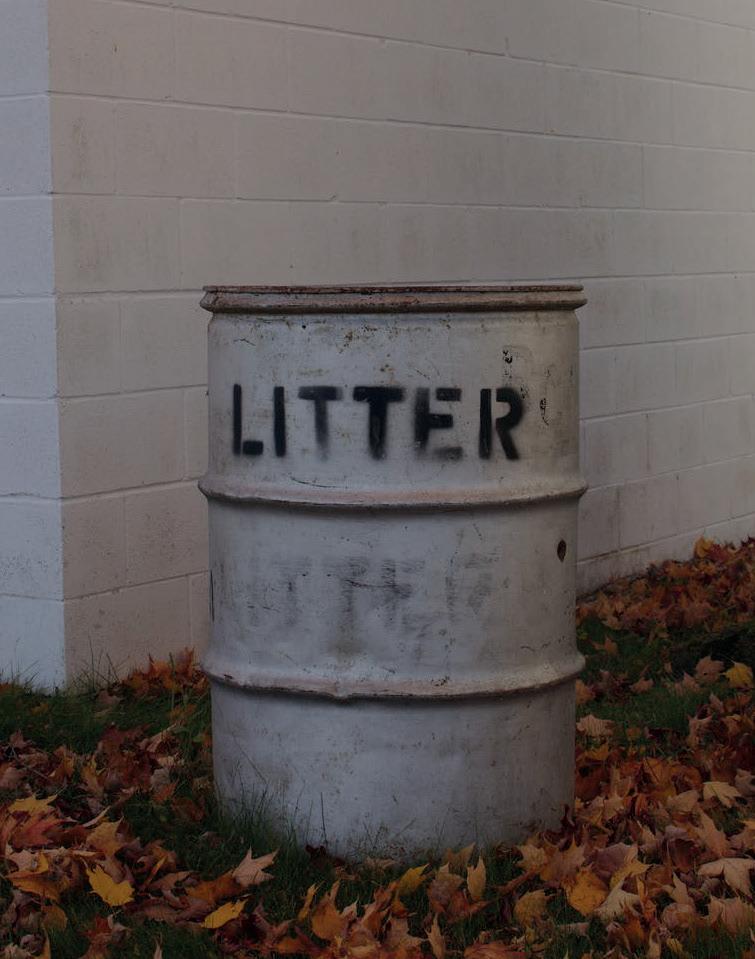
Labour’s shadow home secretary Yvette Cooper told MPs she also wished to pay tribute to the victims and survivors who had showed “great bravery” to tell their stories.
She said the report showed a “deep failure” of institutions set up to protect children, but who instead protected “their own reputation”.
Cooper raised the issue of online safety legislation and called for the government to confirm urgently that its Online Safety Bill would make its way through all stages in parliament. Shapps said that it would.
Friends and colleagues of a Jewish man from Essex described as “the ultimate mensch ” have raised more than £21,000 for a range of small Israeli charities after his sudden death at the age of 49, writes Adam Decker.
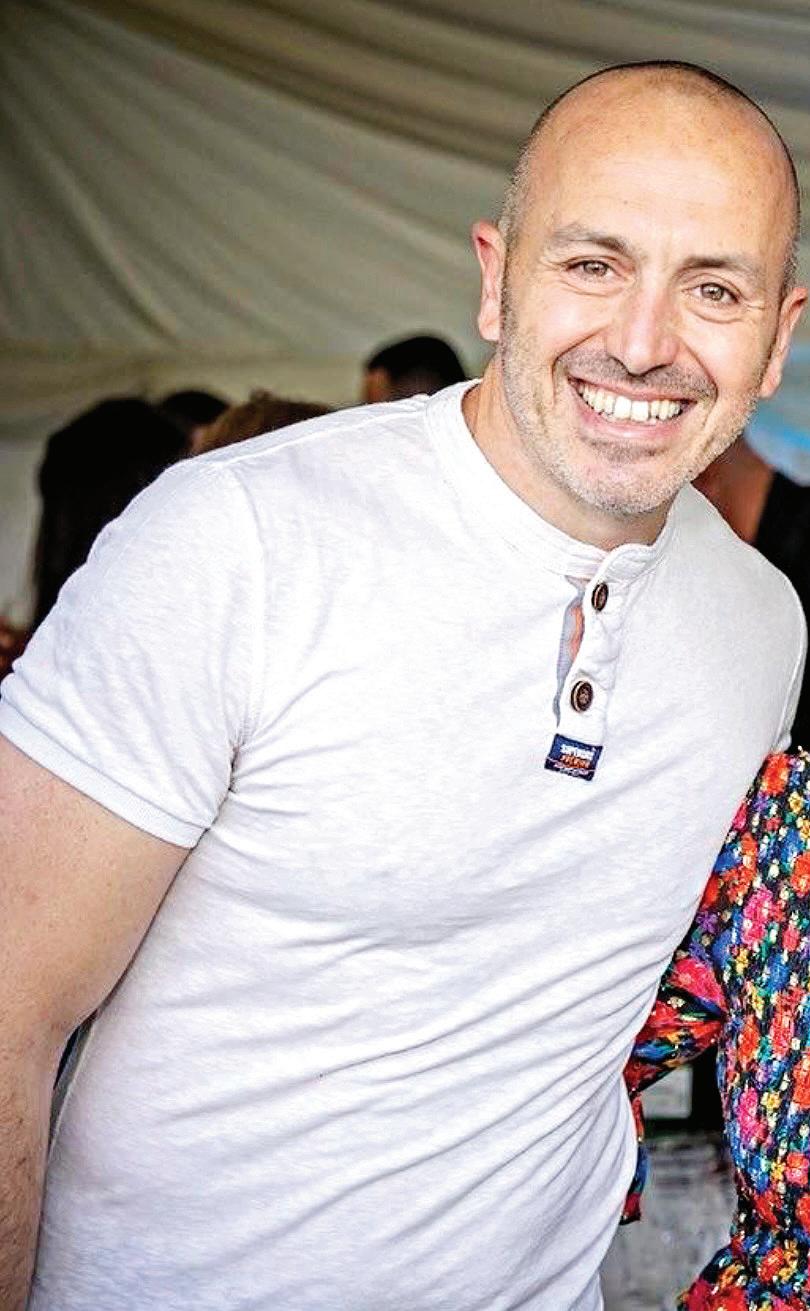
Dean Jayson, who co-founded the Jewish Community Academy Trust (JCAT), was lauded by those who knew him, including Michael Goldstein, chair of JCAT and presi dent of the United Synagogue.

“Our community has been deeply shaken by the sudden loss of Dean,” Goldstein said. “Though words on a page cannot do justice to everything Dean was or did for so many people, I would like to attempt to thank him for the extraordinary impact he had on those he met.”
A senior manager in the IT industry,
Jayson was co-vice chair of the JCAT trustee board, having been on the governing body at Wolfson Hillel, and was described by those who knew him as “the life and soul of the party”.
Friend Suzanne Baum said: “Dean was the ultimate mensch . A best friend, father, husband, and son. Loyal, fair, intelligent, loud, kind, hospitable, outspoken, funny, passionate, and a mentor to my eldest son.”
Goldstein said Jayson “made monu mental contributions” to the success of JCAT, adding that “he cared greatly about the education of our children, as demon strated by the sheer volume of hours he committed to his roles”.
His widow, Judianne, has asked that those wishing to give money in him memory
should donate to Myisrael, which was set up in 2008 “to connect UK donors with small but inspirational charities in Israel that had previously fallen under the radar”.
By yesterday afternoon, more than 290 donors had raised £21,460. Writing online, Judianne said paid tribute to her friends, who had supported her and her children.
“They have never left my side, cooked for me, supported my grieving children, changed my sheets, picked up dog poo from the garden, spoken to the coroner, picked me up from the floor when I couldn’t cope, created groups to support my children forever more, got them therapy, made rotas to feed me and support me after the shiva ends. I could go on.”
Donate at myisraelcharity.org/fund raising-page/view/259
Dozens of organisations with links to the Jewish community are standing in soli darity with a charity that supports girls with their mental health, in recognition of the growing struggles they face.
More than 60 businesses in areas as
diverse as floristry, fashion, interior design, event planning and photography leant their communal and financial help to a fundraising campaign run by Noa Girls, which provides practical, emotional, and therapeutic support to girls. The campaign has seen a group of 13
independent makeup artists get together to create their own group page – ‘London MUA United’ – to give support, while other busi nesses are offering giveaways and discounted offers on their pages.
“Everyone knows someone who is strug
gling nowadays,” said Louise Leach from Dancing with Louise. “I want these girls to know we see them.”
Odelia Moradoff, from Odelia’s Kitchen, said she was supporting Noa “because it plays such an essential role in the community”.
The centenary of an “aweinspiring” book cataloguing Jewish servicemen and women who served in the Great War was this week commemorated at a special ceremony, writes James Martin.
Some 3,000 copies of the British Jewry Book of Honour were published in 1922, containing the details of 40,000 Jews who served in the 1914-18 conflict. About 80 copies are known to still be in use.
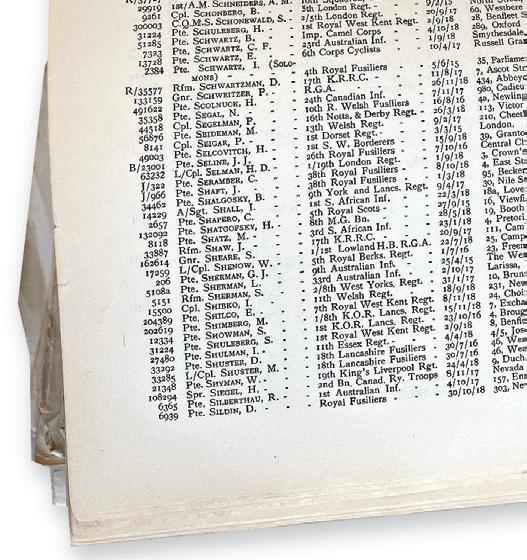

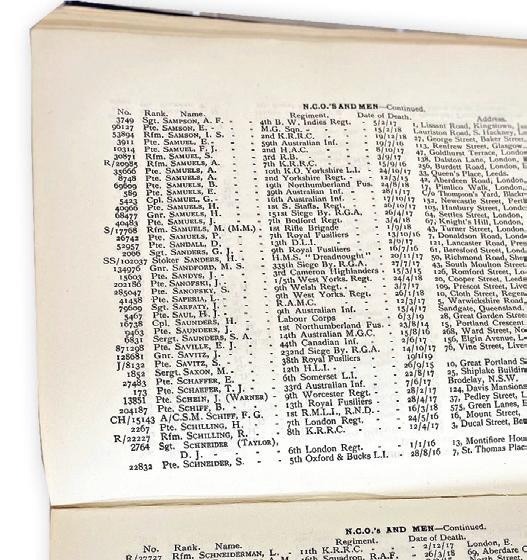
AJEX historian and education consultant Paula Kitching described the book as “probably about 90 percent accurate, which bearing in mind it was put together entirely by paper records is a remarkable achievement”.

Kitching, whose great grandfather was a Royal Fusilier, was speaking at a reception at the FusiFusilier Museum at the Tower of London. The book, she said, ‘has provided us with a huge legacy by which we can assess, record and remember Jews engaged in the Great War. Many families at one point had this book, but increasingly they are put to one side, which is very sad. It lists those service people not only who killed but provides us with the opportunity to work on 40,000 people who served, which is remarkable. We know names, sometimes addresses and their regiments.”
Kitching added: “This book reminds us that while this huge number of men and women served, they felt their service may go unremembered.”
Education charity ORT UK is celebrating raising around £345,000 towards supporting global projects including an emergency Ukraine campaign.
More than 200 people attended a moving annual dinner at the Nobu Hotel in central London this week to hear about the charity’s contribution to ORT’s global education network.
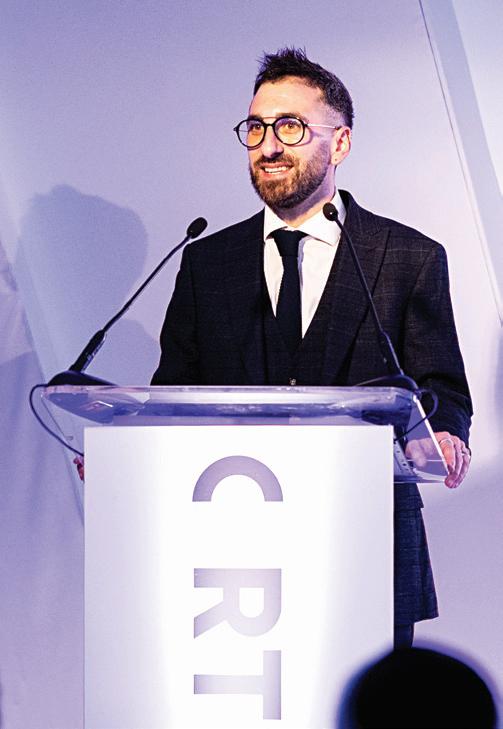
The upheaval in Ukraine during the past eight months was a constant theme, with diners hearing how some 4,000 ORT children, families
The book seeks out great names of the time for the forewords including Winston Churchill, Secretary of War in 1920, who wrote: “I can truly say this record is a great one and British Jews can look back with pride on the honourable part they played in winning the Great War.”
out
AJEX JMA national chairman Dan Fox told guests the book was “an awe-inspiring cherished artefact” and “it was properly right that the pride in those who served was captured in 1922 in this way”.
Fox added: “It was the Great War that precipitated the lasting and discreet Jewish identity in His Majesty’s Armed Forces. Jews were urged to be all they can to Britain, because Britain had been all they can to the Jews. A total of 55,000 Jews served with the Allies, with at least 2,000 paying the ultimate price.”
Fox noted specifically Jewish units were formed In 1917, with the 38th Battalion of the Royal Fusiliers in London’s East
and teachers have received assistance with meals, transport, medical supplies and essential items since the start of the war there in February.
Dan Rickman, ORT UK CEO, told the audience: “We are continuing to o er support to help our Ukrainian students to Face the Future.
"This is alongside providing high-quality education, either in person or online, at home or in their new homes overseas. We will continue to o er this support for as long as is needed .”















The UK’s largest Jewish charity has appointed one of the country’s foremost campaigners on women’s rights as its new chief executive.
Naomi Dickson, who has led Jewish Women’s Aid (JWA) for eight years, is to take the helm at Norwood, where the remit includes supporting people with learning disabilities, autism, and mental ill health.
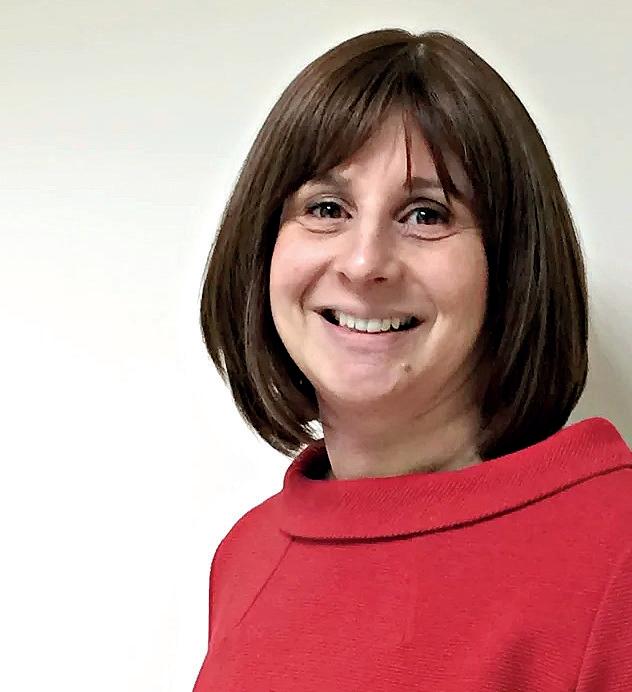
Dickson has worked both within and outside the Jewish community, with stints at Jewish Blind & Disabled (JBD) as well as at the Notting Hill Housing Trust, alongside trusteeships at Home-Start UK and the Cavell Nurses’ Trust. Yet it is in her role at JWA that she came to national prominence,
doubling the organisation’s operating income and latterly being named as one of the BBC’s 100 Women of 2020.
“I have long admired Naomi for her advocacy and campaigning on women’s rights,” said Norwood chair Neville Kahn. “As an established community leader, she brings strong communal knowledge and fundraising experience.”
End, the 39th Battalion fea-


Palestine including one lance formiing the British
End, the 39th Battalion featuring American, Canadian and Argentinian Jews, and the 40th with Jews from Palestine including one lance corporal David Ben-Gurion, together formiing the British Legion which fought successfully in Palestine.
Jewish servicemen won five Victoria Crosses during WW1 and by many reckonings the war itself was ultimately won by the leadership of General Sir John Monash, an Australian Jew.
Jewish servicemen Crosses during WW1 Australian Jew.
“The connection between Jews and the Fusiliers is a proud one and I’m delighted we are recognising it,” he added. The reception was a partnership of AJEX and We Were There Too.
and the Fusiliers is delighted we are recognising
Do you own a precious copy of The British Jewry Book of Honour? If so, AJEX would like to hear from you. Email: bookofhonour@ajex.org.uk



“To remember happy days, which were not really happy at all,” reads the inscription on the back of a photograph of a Jewish swim team taken moments after its victory in a championship, writes Robert Philpot.
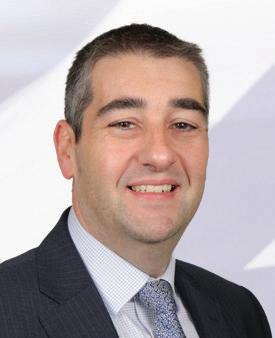


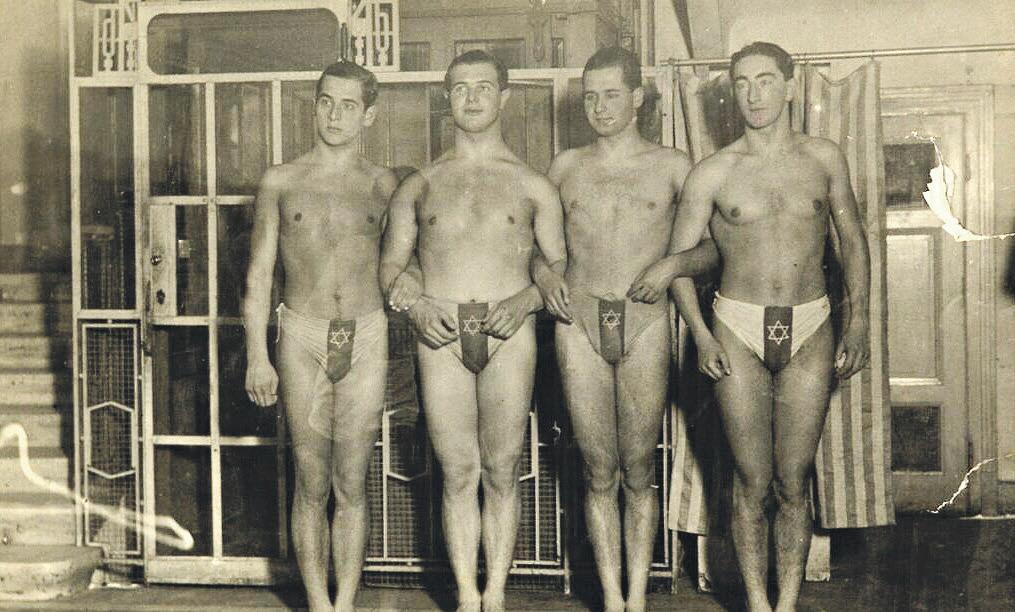
The image of the Viennabased Hakoah team in the 1920s was owned by Hubert Nassau. The message was sent by him to fellow teammate Fritz Lichtenstein seven years after the defeat of the Third Reich.
Like Lichtenstein, Nassau managed to escape the Nazis’ e ort to annihilate European Jewry, emigrating to Britain months after the Anschluss.

“Photographs like these are all too often overlooked or used as illustrations for other materials rather than considered


seriously as important documents and artistic works. This exhibition aims to change this thinking,” says Helen Lewandowski, an assistant curator at the library. “I was fascinated by the di erent ways in which everyday, commonplace photographs were used to fashion identity, assert agency and belonging, and facilitate memory for Jewish families.”
Naturally, some of the images are heartbreakingly poignant. An elegant portrait shows Dorothea Jacoby, likely taken in 1911 by her husband, Ludwig, shortly after their marriage. The couple had two children: Henny and Hans-Bernd. While Henny managed to escape to Britain in 1938, Dorothea, her husband and son were deported to Auschwitz in 1943 and murdered.
An undated caption on the back of the photograph, which may have been written by Henny, says simply: “Es war einmal.” While this is usually translated as “Once upon a time,” and used to start a fairy tale, the exhibition title adopts a more literal and ambivalent translation: “There was a time.”
The family of Ludwig Liebermann was

rather more fortunate than that of Jacoby. After serving in World War I, Liebermann obtained a chemistry doctorate and worked in various industrial firms in Germany and abroad. But in 1936, six years after his mar riage to Susan Friedmann, Liebermann was warned by his manager that, because the company would no longer be able to protect a Jewish employee, he should not return from his next business trip abroad. The following year, Susan and his children joined him in Britain. After their naturalisation in 1947, Susanne and Ludwig Liebermann anglicized their names to Susan and Louis Linton.
The images collected by Liebermann for his two children, Eva and Albert, cover the period from the 1890s to the 1970s, although many are from 1905-1906 and capture Lud wig’s childhood in Berlin.
Others show him as a young man out of the army but still in uniform with his mother on their boat in 1919, as a student at Berlin Uni versity and at work in his first job as a research chemist. Others, taken in the decade leading up to 1937, show Liebermann as a proud young father. But there is also a chilling foretaste of what is to come: a picture captures him standing beside a Nazi election poster from which Hitler’s face stares out menacingly. Before his death in 1980, Liebermann had diligently typed captions for the pictures. But
piecing together the stories behind the images — even the identity of the people in them — isn’t always so straightforward.
“Sometimes, the donor of a collection will supply us with extensive information about their family, their photographs and those depicted, but at times, particularly if photo graphs have come to us after the photogra pher has died, the information is sparser,” says Dr. Barbara Warnock, the library’s senior curator and head of education. “Often [we] cannot identify everyone — and sometimes anyone — in the images.”
Nonetheless, even images without cap tions and context can be captivating. Ernst Levy, who grew up in an affluent, middle-class family in Berlin at the turn of the century, trained as a lawyer and became a partner in his father’s timber business. As recently dig itised negatives dating from the 1910s and 1920s demonstrate, Levy was also a skilled amateur photographer. According to the exhibition, “even with generic and touristic subjects, Ernst Levy experimented with light, framing, texture and classical tropes.”
After his father’s death and the seizure of the company by the Nazis, Levy left Ger many in 1938. He was assisted by his future wife, Helen Thilo, who he had met on a busi ness trip to Switzerland. Born in England to German parents, Thilo grew up in Hamburg
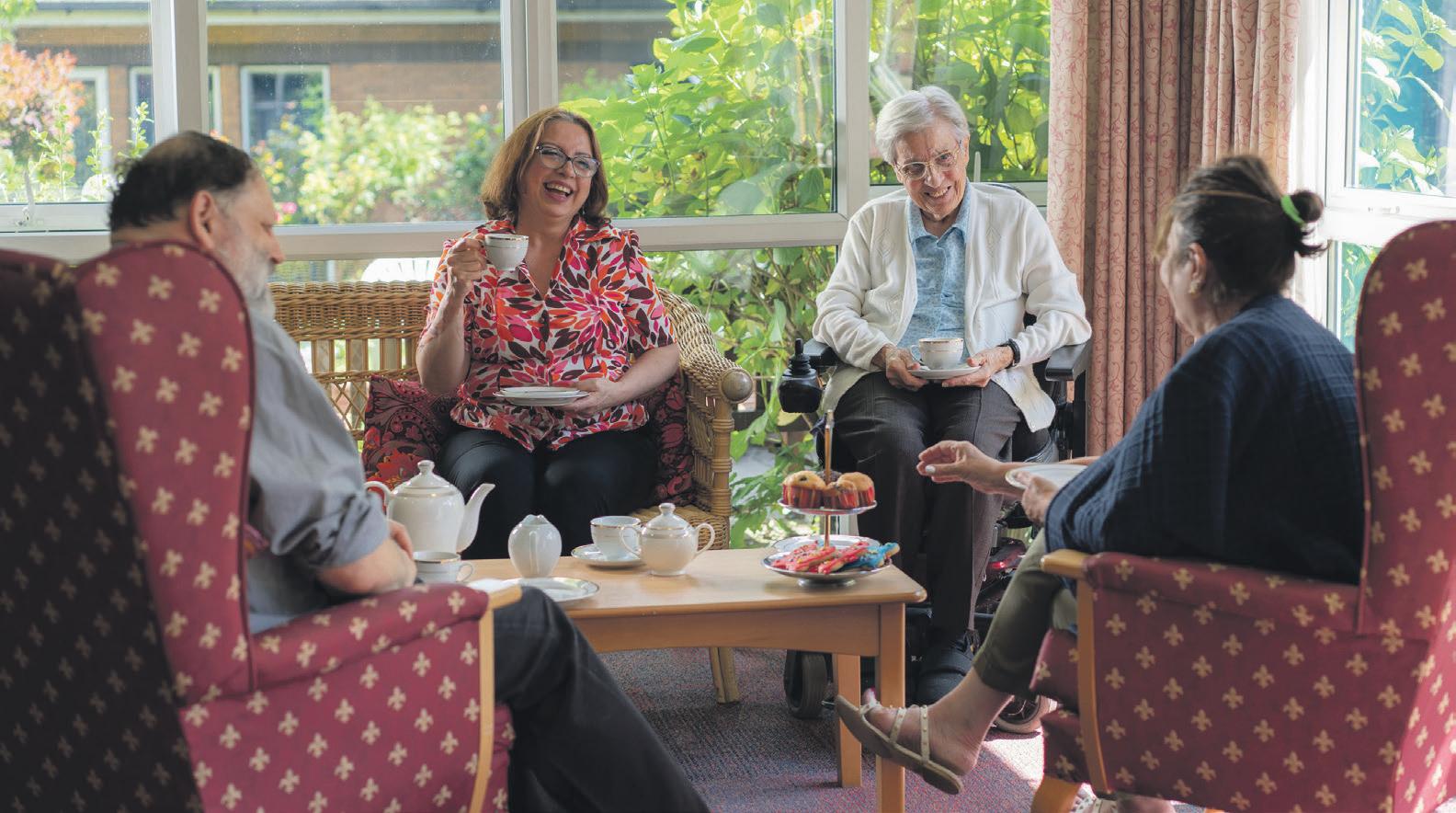
and Berlin, before using her British passport to return to the UK in 1937. The exhibition also contains Thilo’s photo album, which shows a trip to Brandenberg in 1936. One of the images which displays an antisemitic street sign reading “Jews are not welcome in the Fürstenberg health resort!” is sarcastically captioned by Thilo as, “The first greeting!”
None of the people shown in the exhibi
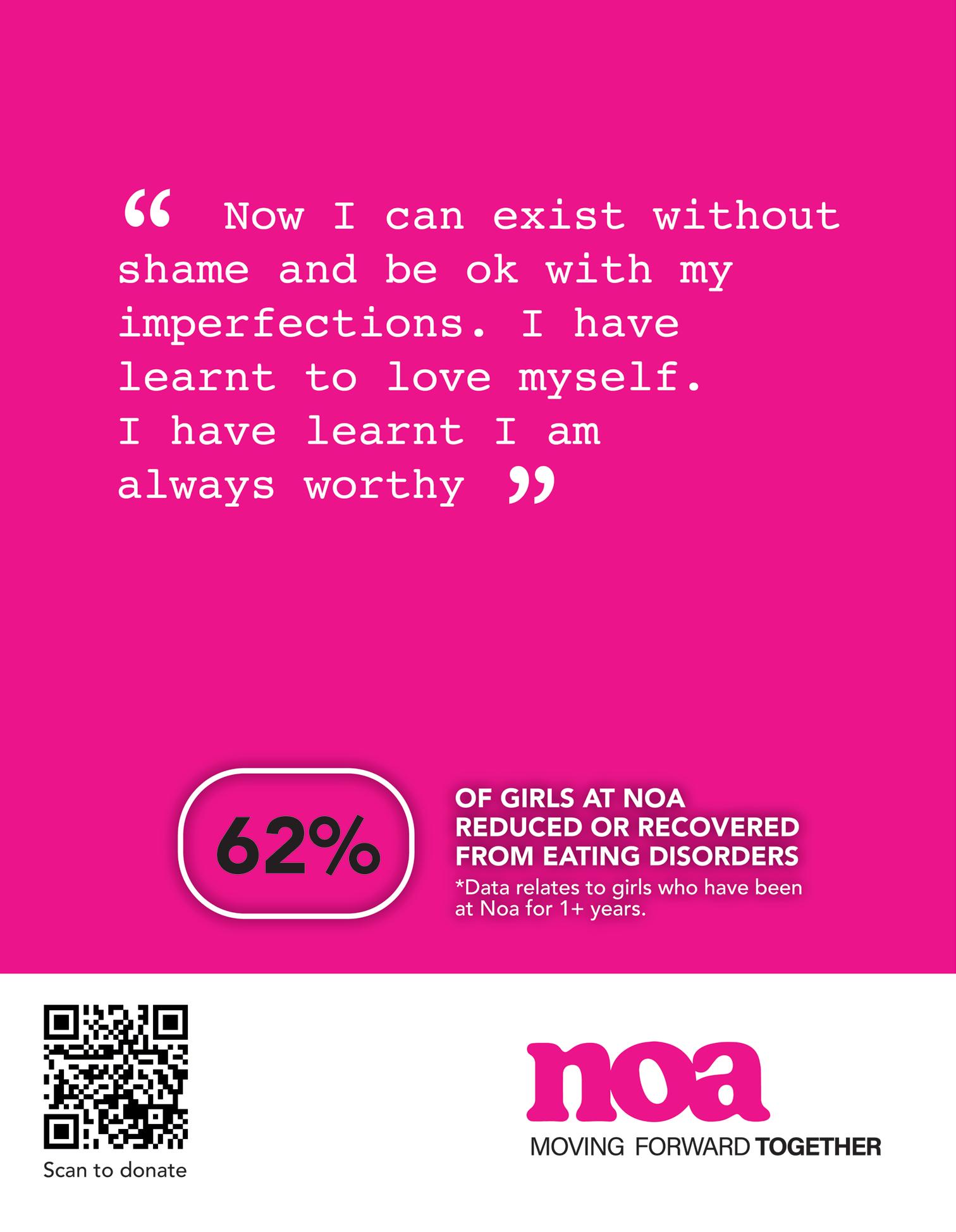
tion were left untouched by the tragedy which befell Jews in Europe barely months after some of the images were taken.
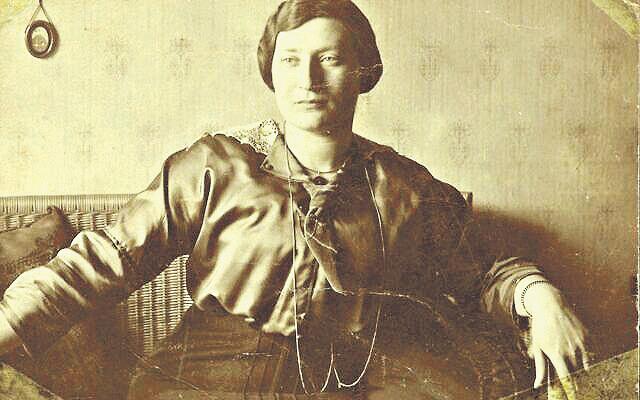
It’s a stark reminder their loyalty and pat riotism were returned by their country in the cruelest manner imaginable.
There was a time…: Jewish Family Photo graphs Before 1939 is at the Wiener Library, 29 Russell Square, WC1B 5DP, until 4 November

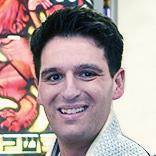
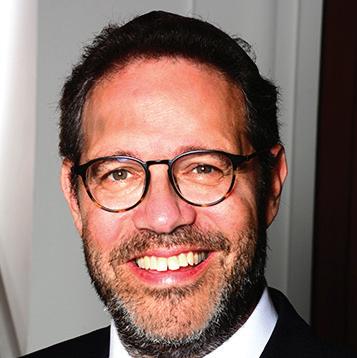
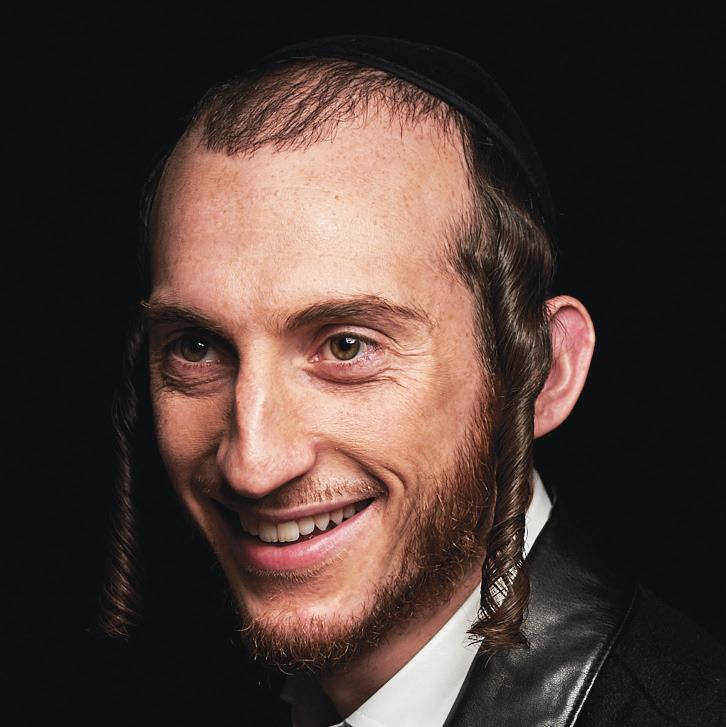




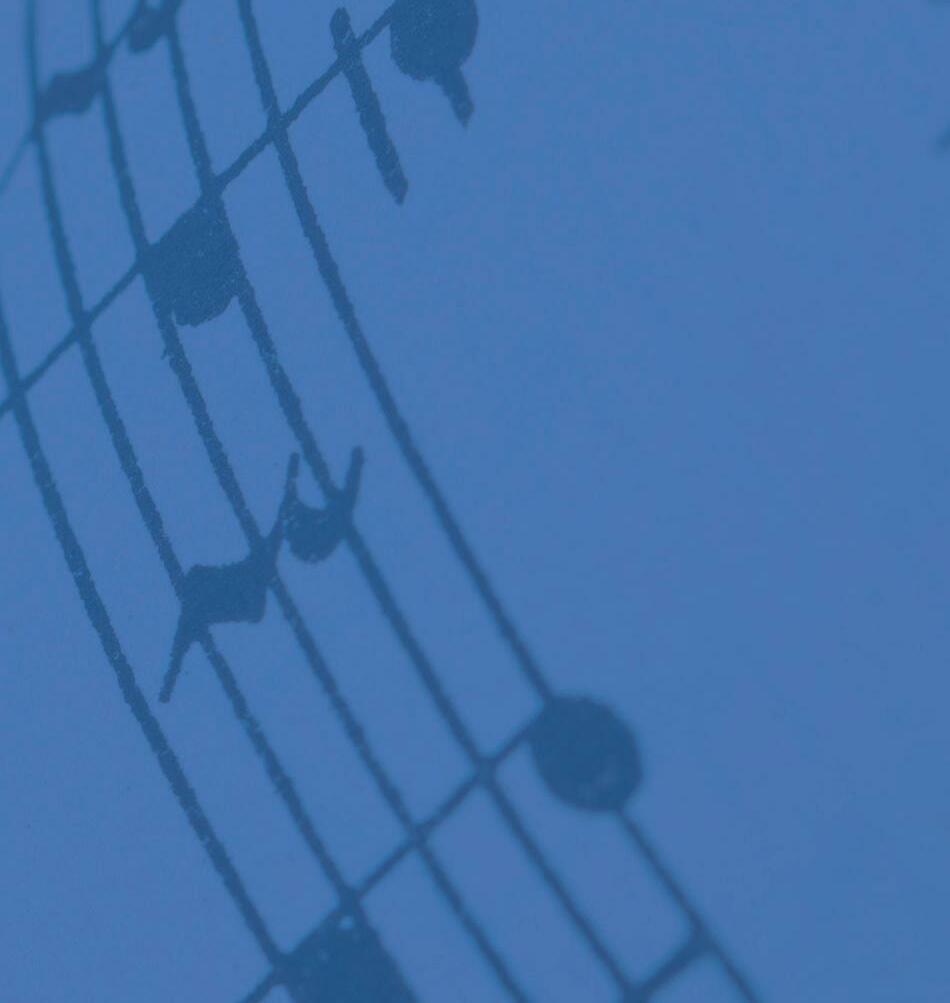


Buying your first home can seem like an impossibility.
How can you find something you can afford? In London?
Shared ownership can make your dream come true.
You buy an initial share of 25%-75%, paying rent on the remaining portion. This means, for example, at 25%, you need just a quarter of the deposit.
Over time, as you can afford it, you can buy a bigger share, and ultimately own the property outright. If you sell before then, you keep your share of any change in value.
The Industrial Dwellings Society (IDS) was founded in 1885 by a group of Jewish philanthropists, and is an experienced provider of culturally-specific housing for members of the Jewish community. We are developing a number of new shared ownership opportunities.
To be the first to hear about these, and to learn more about shared ownership with IDS, add your name to our priority list at ids.org.uk/shared
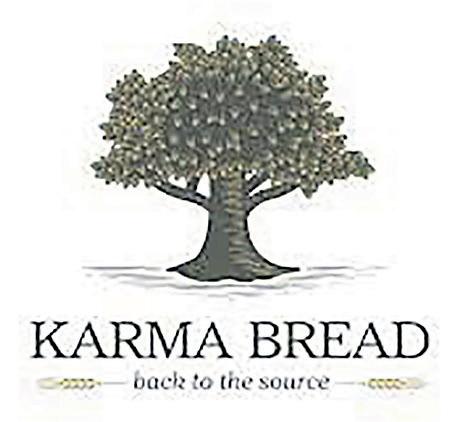






Former Liberal Judaism leader Rabbi Danny Rich has argued it is “not necessarily” antisemitic to oppose the “very existence” of the state of Israel, telling BBC Radio 4 “there have always been Jews who do not see themselves as Jewish by citizenship or race, but see themselves as a religious community who could live in any land”, writes Lee Harpin.
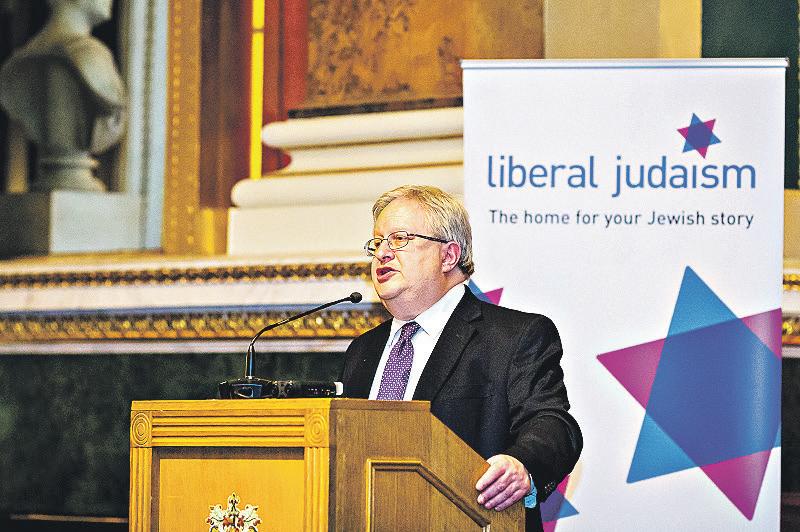
Rich appeared with former Labour shadow chancellor John McDonnell and Goldsmiths University lecturer and author David Hirsh on the Sunday programme, which discusses issues around faith.
The programme featured a controversial recommendation in the recent Forde Report into Labour antisemitism, which suggested groups such as the pro-Jeremy Corbyn Jewish Voice For Labour should be able to contribute to the party’s antisemitism training sessions.
Rich said he was not a JVL member, despite attending previous group meetings, but was a member of the Jewish Labour Movement, which trains Labour activists on antisemitism.
Asked if he believed it was antisemitic to “oppose the very existence of the state of Israel as a state that is constitutionally defined as Jewish”, he replied: “Not necessarily. There were many Jews at one time who didn’t believe in a Jewish state as such.
“The truth of the matter is we have an Israeli state which is a great state and one which I’m very proud of… ”
The Radio 4 programme picked up on claims by leftwingers that JLM failed to represent anti-Zionist opinion, but also gave the contributors a chance to give their view on whether anti-Zionism strayed
into antisemitism.
Rich argued that to “simply say that someone who says they’d like a binational state is by definition an antisemite is nonsense”. However he added: “There is a lot of antisemitism that’s hidden by people who claim to be anti-Zionist.”
Professor Hirsh was less charitable in his observation of JVL and its impact on Labour.
Bringing JVL into any role would be including “people who have defended and denied all the worst antisemitic incidents and culture that have been going on in the Labour Party for the last five years,” he said.
Local faith and civic leaders launched Mitzvah Day 2022 in Manchester last weekend. This year’s theme of Winter Warmers was announced by CEO Stuart Diamond, with the aim of “bringing together people of all faiths and backgrounds in social action to help neighbours who need warmth at this time”.
Diamond added: “The chill winter winds this year will bite deep. The e ects will be profound not only physically but also emotionally and psychologically during long, cold, dark nights.

“We can’t fix the world in one day, but we can use Mitzvah Day and our Winter Warmers as a focus for building long term relationships between people of di erent faiths and backgrounds, and between communities or people and charities that desperately need our help.”
The launch for the UK’s biggest faithbased day of social action was held at Bowdon shul, Manchester, to highlight the importance communities outside London play in making the day a success. It was organised in partnership with the Board of Deputies, represented by regional manager Sara Radivan and deputies including Jeremy Michaelson, Owen Power and Esty Bruck.
Harvey Belovski and Vicki Belovski are stepping down as rabbi and rebbetzin of Golders Green synagogue after two decades.
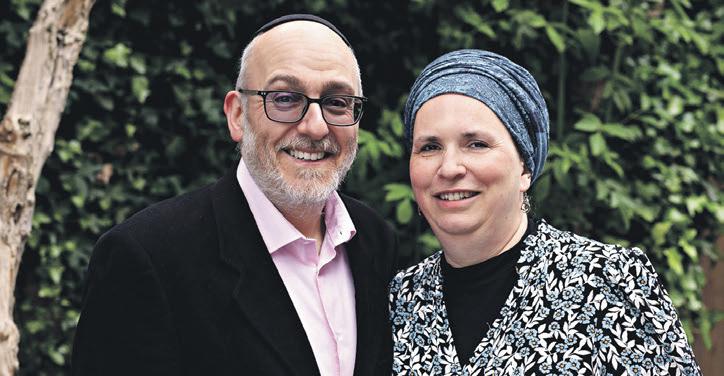
The couple will leave at the end of 2023 to “allow the executive to carefully consider the community’s future rabbinic needs and in due course, recruit excellent successors”.

A joint statement reads: “We recognise that leadership includes knowing not just how and when to lead, but also when the time has come to pass on the baton of leadership. This decision has been a di cult one for us, but we are confident that it is right for GGS and for us.”
Golders Green Synagogue chair David Vaughan thanked the couple for their leadership for nearly 20 years, saying: “We are very grateful for the enormous contribution that they have made to our community.”



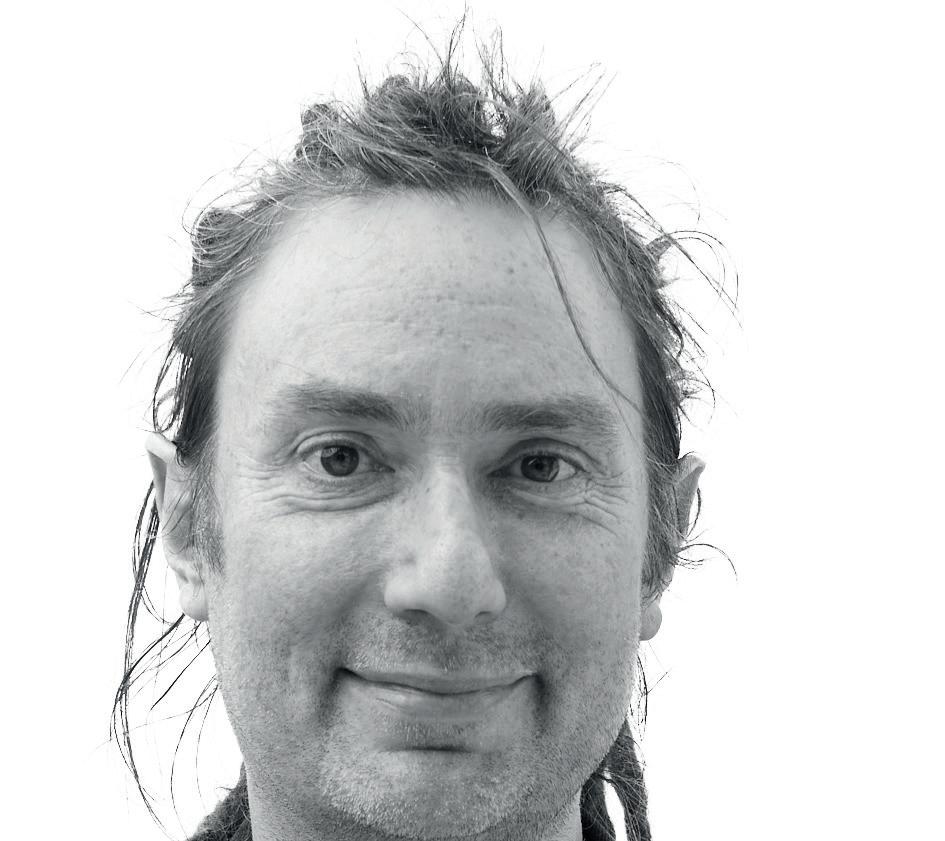
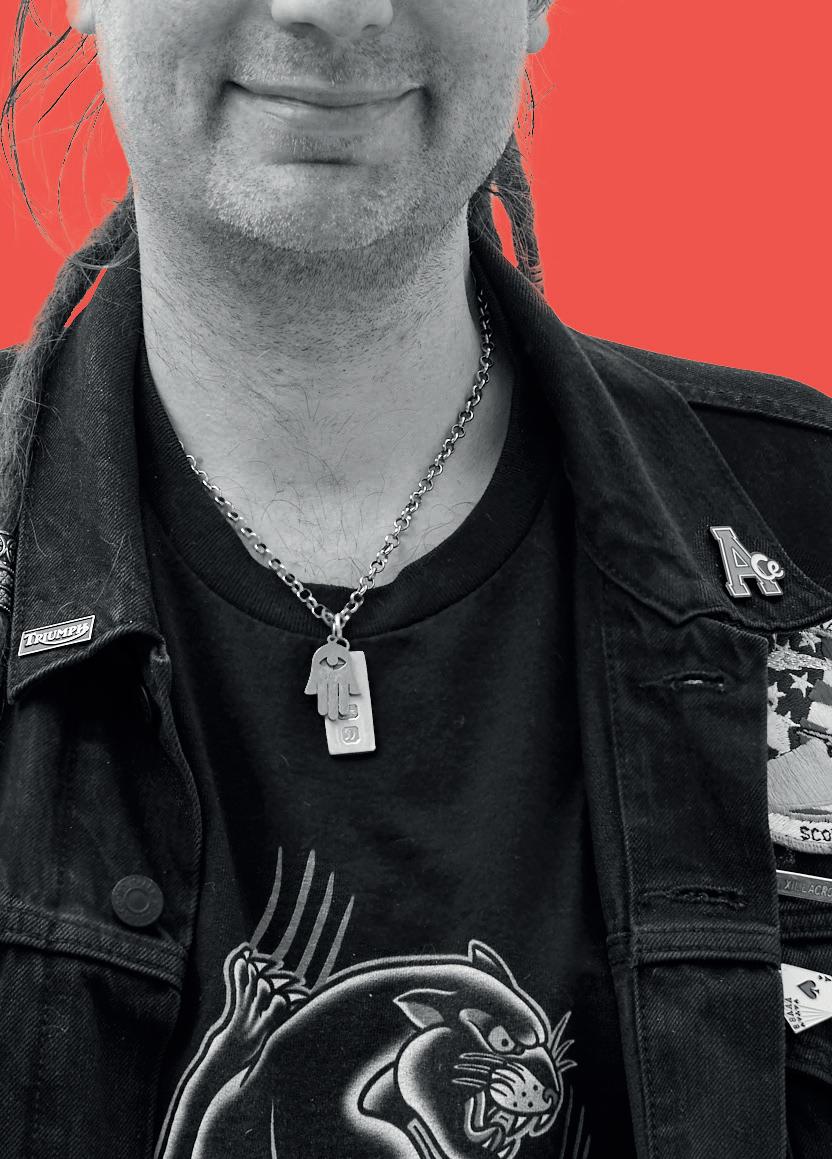





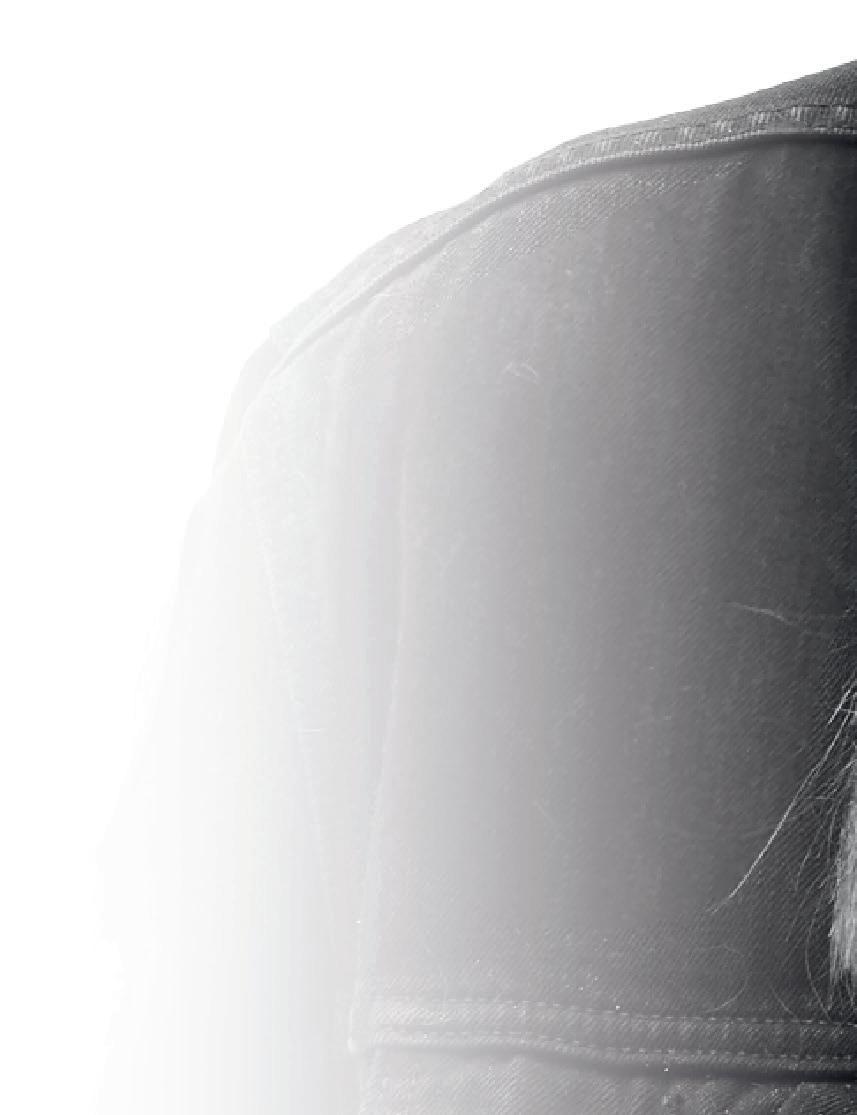
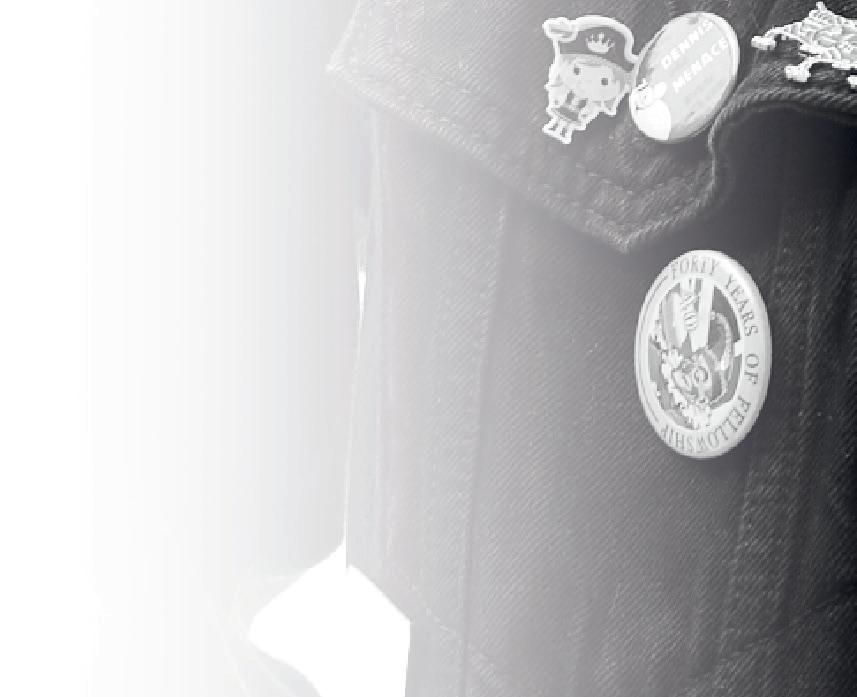
and where we work with the local authority to prioritise not just whoever’s top of their list, but actually prioritise Jewish people who are on their lists, and people who work in the Jewish community.”
New IDS schemes have been identified in Edgware and Borehamwood “where our communities thrive, but where some are excluded because of high costs of renting or buying, as target areas for growth”, says IDS.
Residents buy an initial share of the property, typically somewhere between 25-75 percent, then pay an afford able rent on the balance. So, at 25 percent, they would need a quarter of the deposit.
“Over time, as you can afford it, you can buy a bigger share from IDS, and ulti mately own the property out right,” says Jacobs.
“If you sell before then, you keep your share and benefit
from of any change in value.”
It works whichever way the economic wind is blowing, he says. “In a rising market it’s a chance to get yourself on the property ladder, in a falling market it reduces your risk. And in us, you get a partner who’s been around for 140 years on your side. It’s an attractive proposition.
“We’re trying to provide access to the housing market for those who cannot raise the full deposit in those areas. There’s plenty of young Jewish couples and families who want to own. This will help.”
More developments are coming, with Mill Hill and Dollis Hill mentioned. “We’re also in talks with a couple of Jewish charities about doing things jointly with them,” says Jacobs. “It’s our mis sion to build new homes for the Jewish community in the broadest sense.”
Watch this space.
A housing association with a deep Jewish heritage has said it will soon be making dozens of newly built resi dential units available to Jews in Edgware – either to rent or buy on a shared ownership basis, writes Stephen Oryszczuk.

IDS, which manages 1,500 properties in Hackney, Tower Hamlets, Southwark, Red bridge, Haringey, Camden, Barnet, Hertsmere, and Canvey Island, said it hoped to help those struggling to get on the property ladder during the cost-of-living crisis.
Board member Alan Jacobs said IDS was tackling the shifting locus of the Jewish community, having moved north and west from the East End areas populated when the organisation started, in 1885.
Places like Haringey, Stoke Newington, Stepney Green are “where Jews lived back then”, says Jacobs. The buildings that IDS’s forerunner built –and that IDS still runs - were believed to constitute “the greatest of all available means for improving the physical,
moral and social conditions of the Jewish poor”.
Today, residents on IDS estates in these areas are “nearly all non-Jewish”, says Jacobs, because when a home becomes available, the local council “gives you whoever’s at the top of their list – and that list is representative of multi cultural London, which is so wonderfully diverse”.
Some IDS buildings are well known to London’s Jews, with assisted living homes at AJEX House in Stamford Hill and Charlotte Court in Ilford. Hilary Dennis Court in Wan stead is owned by IDS and run by Jewish Blind & Disabled for tenants aged 60 and over.
Likewise, Jewish charities are no strangers to IDS’s nonJewish tenants. During Covid, for instance, Jami provided mental health support, while a Jewish Care programme gave tenant volunteers digital skills for lockdown. Other IDS partner organisations include Jewish Women’s Aid (JWA) and Kisharon, the Jewish learning disabilities charity.
“We make it known
through synagogues and Jewish charities when homes in these buildings come up,” says Jacobs. “The rents are capped. They tick lots of boxes, especially with Jewish com munities around them.”
Other Jewish housing asso ciations, such as Agudas, focus mainly on the needs of the Charedi community, but IDS paints with a broader Jewish brush, so it can be better placed to accommodate secular Jews.
A few years ago the Institute for Jewish Policy Research published a report, funded by IDS, on afford able housing for Britain’s Jews. IDS says this informed its investment priorities. “It identified that [geographical] cone going up from Hendon and Golders Green, through Mill Hill, then Edgware and Borehamwood, out that way, where the two principal local authorities are Barnet and Hertsmere,” says Jacobs.
“We’re in conversation with them, [asking] can we invest – where we do have surplus capital – in new build ings, buying affordable homes,
By the middle of the 19th century, pogroms and massacres in Europe and Russia had sent Jews fleeing for the safety of England, in particular London, with many of these new Ashkenazi immigrants settling in the East End, alongside Irish families and Protestant Huguenot silk weavers.
In 1859, the Jewish Board of Guardians was founded to tackle the problems they faced and provide for these impoverished incomers through the Jewish community’s own charitable funds. A report commissioned by the United Synagogue on the East End’s “spiritual destitution” recommended that they be better inte grated into the British way of life, and that they be provided with decent, healthy homes.
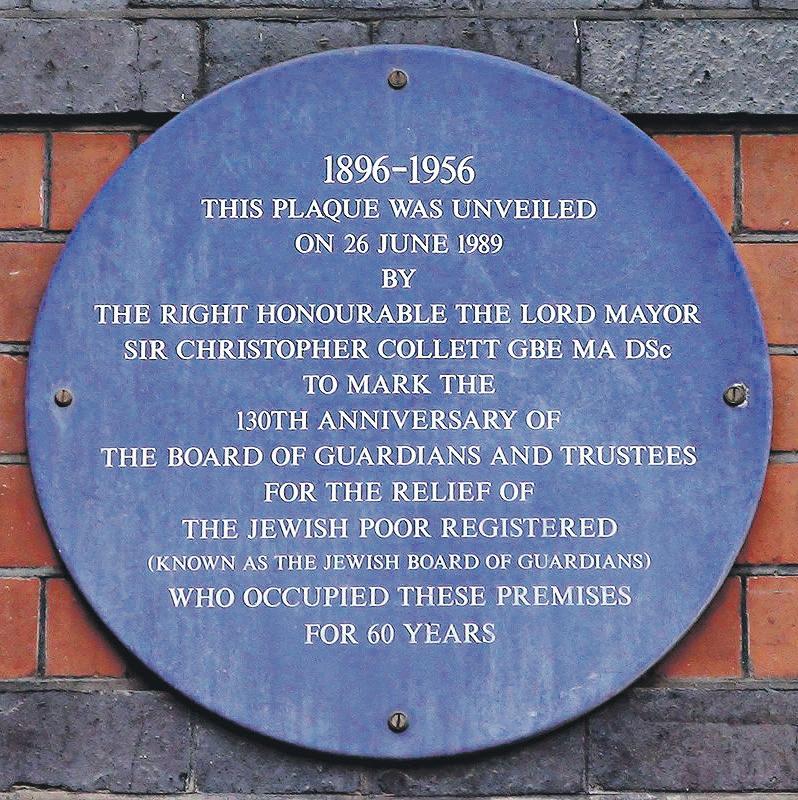
A sense of urgency was added in 1884, when the Board’s own Sanitary Commission reported that the slum crisis of East End Jews was beyond control. “Houses occupied by the Jewish poor are for the most part barely fit, and for the many utterly unfit for human habitation,” it said.
Up stepped a group of Jewish philanthropists, the machers of the 19th century. Chief among them was Nathaniel Mayer Rothschild, scion of the banking dynasty. Now a lord, he wanted to provide decent, affordable housing to the Jews of Spitalfields and Whitechapel, so created a model dwellings company. Investors were promised an annual dividend of four percent from the 1,600 shares of £25 each, and rents were fixed at no more than five shillings a week, giving birth to the ‘Four Percent Industrial Dwellings Society’ in 1885 – and it worked.
By 1899, it housed around 4,000 mostly Jewish families in its tenements, where death rates were barely a third of the national average. Fast forward almost 140 years and a name change, the IDS still provides accommodation at fair rents to those most in need, in keeping with its Jewish ethos.













































































































































































Musician Kanye West has lost his spot on the Forbes billionaires’ list after Adidas ended its partnership with the rapper, writes Jotam Confino.

The contract with the German sportswear company accounted for around £1.3 billion, according to the US business magazine. The company said: “Adidas does not tolerate antisemitism and any other sort of hate speech. Ye’s recent comments and actions have been unacceptable, hateful and dangerous, and they violate the company’s values of diversity and inclusion, mutual respect and fairness.
“After a thorough review, the company has taken the decision to terminate the partnership with Ye immediately, end production of Yeezy branded products and stop all payments to Ye and his companies. Adidas will stop the Adidas Yeezy business with immediate effect.”
West’s ex-wife Kim Kardashian also joined the debate, saying she “stands together” with the Jewish community. She wrote on Instagram: “Hate speech is never OK or excusable. I stand together with the Jewish community and call on the terrible violence and hateful rhetoric towards them to come to an immediate end.”

The Adidas move came after more than 190,000 people signed a petition urging the company to end its ties with West. The American Jewish Committee welcomed the “decisive if belated action”, saying “Ye has shown no remorse or contrition for his string of antisemitic remarks filled with hate and lies. We call on other companies to follow suit.”
The Anti-Defamation League also applauded the deci-
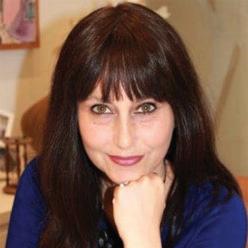


sion, with CEO Jonathan Greenblatt saying: “In the end, Adidas’ action sends a powerful message that antisemitism and bigotry have no place in society.”
Fashion heavyweight Vogue said neither the magazine nor editor Anna Wintour will work with West again and French fashion brand Balenciaga also severed ties. West’s attorney Camille Vasquez announced she was ending her contract.
West was widely condemned earlier this month when he threatened to go “Death con 3 On JEWISH PEOPLE” and then made unabated antisemitic remarks on talk shows.
A school board candidate in America has drawn criticism for insisting “not all Nazis were bad” and that teaching they were would represent “indoctrination.”
Matt Keefer, who is running for a school board in Zionsville, Indiana, made the comment initially in response to a Facebook user who pressed him for specifics about his platform, which starts with the statement “Empower teachers to educate, not indoctrinate.” The user asked: “Would teaching students that all Nazis are bad cross the line?”
Keefer said it would. “All Nazis weren’t ‘bad’ as you specify. They did horrible things. They were in a group frenzy,” he wrote, adding: “Who is to say if we were both there in the same place and time, that we wouldn’t have done the same thing?”
Keefer later added: “To be clear: I never was, am not now and never will be a Nazi sympathiser.”
A yeshiva will pay more than $5m (£4.3m) in penalties for defrauding the US government and siphoning o federal benefits meant to feed needy school children.

Central United Talmudic Academy in Williamsburg, Brooklyn, has already paid more than $3 million in restitution following an investigation by the U.S. Attorney’s O ce, the FBI and other agencies. The additional penalties were announced Monday by Breon Peace, U.S. Attorney for the Eastern District of New York, following an agreement reached before a U.S. District judge.
Two former employees of the school previously pleaded guilty for their roles in the conspiracy: Elozer Porges, former executive director, was sentenced to two years in prison in 2019, while his assistant, Joel Lowy, was sentenced to five years’ probation.


The impact of last week’s Jewish News front page was felt across the diaspora – and Israel. And sparked unprecedented debate.
It posed a timely question about the looming Israeli election: Do Bezalel Smotrich and Itamar Ben-Gvir, likely ministers in the next Knesset coalition who condemn reform Judaism, Arabs and non-heterosexuals, pose a moral danger to Israel and Diaspora Jews?


Ben-Gvir, who boasted about “getting at” Yitzhak Rabin weeks before the prime minister’s murder, openly praises Baruch Goldstein, the Israeli terrorist behind the 1994 Hebron massacre in which 29 Palestinians were killed. “Proud homophobe” Smotrich, meanwhile, was told to “get back on your plane and go home” by the Board of Deputies during a visit to London earlier this year.
British politics currently has little to commend it, but if such plughole politicians were poised for ministerial positions in Westminster there would be howls of indignation and despair. Yet, with the Israel election days away, the silence was deafening. Until our front page.
We don’t have space to publish all the reactions we received – a selection appears opposite and many more are posted across our social media platforms. The response split into two camps – those who feel unease, even shame, at the prospect of unapologetic racists being prime movers in the Knesset, and those who insist diaspora Jews have no right to take a political view on a country in which they have no vote.
Diaspora Jews don’t live in the Middle East, where millions of angry Islamists are violently opposed to their existence. Here in the UK we border Ireland and France, not terror-riddled Syria and Iran proxy Lebanon. We don’t send our teenagers to the army to defend our homes. We don’t – we cannot – fully grasp the existential nature of Israel’s existence. While this is true, it does not abrogate our right to speak out when the nation state of the Jewish people compromises its founding principles in a misguided attempt to defend them. Israel’s decisions impact on the diaspora. Is our bond not reciprocal?
Whichever side of the debate you fall – and Jewish News stands in firm opposition to the poisonous, pea-brained politics of Messrs Ben-Gvir and Smotrich – we all want an Israel we can be proud of. A socially liberal, religiously pluralistic, Jewishly diverse Israel that strives for freedom and tolerance in a region infamous for the opposite. Our conscience – our love for the Jewish state – demands we speak out. There is no room for silence.
The Jewish novelist Howard Jacobson said: “In Israel, Jews see a version of themselves.” The version currently heaving into view is causing unease among Jewish communities across the world.




As a committed Zionist, I commend last week’s front page on Israel’s upcoming election. I moved to Israel from the US at the age of 23 and found myself in uniform defending the Jewish state along the Gaza border. Unfortunately, historic happenstance coupled with political incompetence have led to a military occupation fuelling an ongoing cycle of violence, terrorism and wars. This, in turn, has facilitated the rise of Jewish fascism in Israel as detailed in your editorial. I hope my fellow Israelis will read this and understand that the normalisation of Ben-Gvir and Smortich’s politics will degrade Israel’s moral standing to the point that it will become ultimately unpalatable and alien to the Jewish diaspora. They are fascists, not Zionists. Moyshe Kerler, Israel



I read your newspaper every week, and while I do not generally agree with most of your editorial lines or many of your columnists, I do not like to live in an echo chamber.


I found the title of last week’s editorial – “Is this the Israel UK Jews want?” – outrageous, offensive and paternalistic – the typical armchair criticism of many. All in all, ultimate chutzpah.


Whatever Israel “you want”, move there, become a citizen, serve the country and then passionately work towards whatever you believe in. Israel, as you convey is the only thriving democracy in the MiddleEast. They are fully capable of choosing their own leaders, whether the “right” leaders or the “wrong” leaders. Democracy is, after all, a messy business. Just look at the UK of late.
Derek Saker, EdgwareYour criticism of Israeli politics in last week’s issue takes the biscuit. You are correct to report events in Israel, but the implication of your headline – ‘Is this the Israel UK Jews want?’ – is unjustified. If UK Jews want to have a say in the internal affairs of Israel, they have to make aliyah. We will not have you dictate who should be in our government. The UK Jewish community (God bless them) have enough problems to keep the antisemitic wolf from the door. I suggest you deal with those matters. In order to understand our relationship with Palestinian Arabs, it is necessary to live here for at least a year, to experience the atmosphere. Only then can one begin to make a judgment on the actions of our government. Walter Bingham, Israel

Thank you for reporting on Mr Ben Gvir and Mr Smotrich and recognising them as dangerous influences. However, I would like to suggest you made an unfortunate error in your headline: “They hate Arabs, LGBT people, and even some Jews.”
This statement denies that many LGBT people are also Jews. Given the tone of the article, it’s my hope that this hurtful exclusion was an accidental poor word choice and it will be repaired and improved upon next time.
 Esther Goldenberg, By email
Esther Goldenberg, By email




Thanks for putting the perils of the Israel election so clearly to your readers. That racist, homophobic fanatics look set to be part of the Israeli government after next week’s election is a matter of great concern for those who hold Israel dear.
Sammy Benin, By email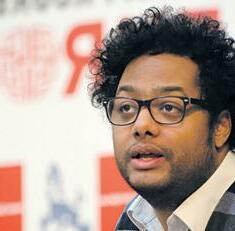




Thank you for helping to make Jewish News the leading source of news and opinion for the UK Jewish community.
Unlike other Jewish media, we do not charge for content. That won’t change. Because we are charity-owned and free, we rely on advertising to cover our costs. This vital lifeline, which has dropped in recent years, has fallen further due to coronavirus.
Today we’re asking for your invaluable help to continue putting our community first in everything we do. For as little as £5 a month you can help sustain the vital work we do in celebrating and standing up for Jewish life in Britain.
Jewish News holds our community together and keeps us connected. Like a synagogue, it’s where people turn to feel part of something bigger. It also proudly shows the rest of Britain the vibrancy and rich culture of modern Jewish life.

You can make a quick and easy one-off or monthly contribution of £5, £10, £20 or any other sum you’re comfortable with. 100% of your donation will help us continue celebrating our community, in all its dynamic diversity. Support Jewish News by visiting our donor page at jewishnews.co.uk


Your “Where’s the outrage?” front page followed a similar attack on Mr Smotrich by the Board of Deputies, which called on him to leave the UK during a visit here.


Israel’s left-leaning president Herzog branded the board’s tweet “inappropriate” in an unprecedented intervention. Your newspaper is no different, bad-mouthing those whose opinions don’t accord with wokery. Where was your outrage at the inclusion in the last government of Arabs from the Joint List, a coalition of parties, one being the political wing of the Islamic branch of the Southern Movement, all against the idea of a Jewish nation state?
 D Rosenthhal, Hendon
D Rosenthhal, Hendon





Jewish News is owned by The Jacob Foundation, a registered UK charity promoting cohesion and common ground across the UK Jewish community and between British Jews and wider society. Jewish News promotes these aims by delivering dependable and balanced news reporting and analysis and celebrating the achievements of its vibrant and varied readership. Through the Jacob Foundation, Jewish News acts as a reliable and independent advocate for British Jews and a crucial communication vehicle for other communal charities.















































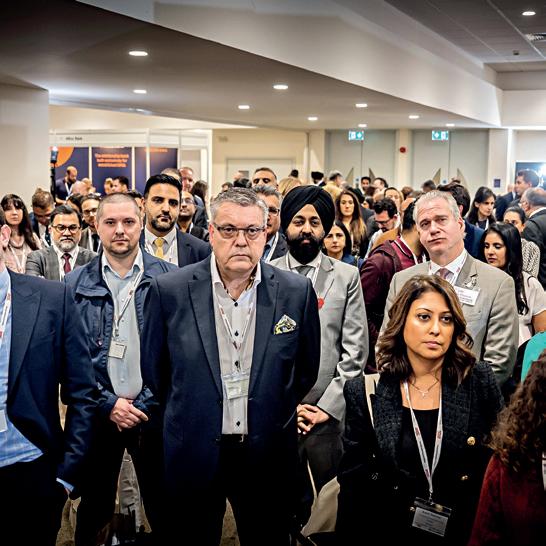













It starts, and ends, with shoes.
In the wake of the First World War, a young German man called Adolf – ‘Adi’
– Dassler repaired shoes, subsequently managing to develop his business into a full-scale factory specialising in athletic footwear. By the late 1920s, Dassler’s shoes were already being used in national and international sporting competitions.
In 1933, when the Nazis swept to power, Adolf Dassler didn’t hesitate to get behind Adolf Hitler. He joined the Nazis and volunteered as an adult leader for the Hitler Youth. When war broke out, the Dassler factories churned out shoes for the Wehrmacht. Later in the war, they were transformed into producing anti-tank weapons instead.
After the war, Dassler switched to supplying shoes to the American forces occupying West Germany. His business, named Adidas – a shortening of his own name – continued to thrive, becoming the world’s second largest sportswear manufacturer.
Fast forward to 2015. Adidas launches its collaboration with rapper Kanye West, a line of shoes known as ‘Yeezy’s’, after one of the musician’s nicknames. The shoe line is a massive hit. In 2019 alone, sales of Yeezy’s
generated $1.3bn in revenue.
The company works hard to identify itself as one that fights back against bigotry. In 2016, it publicly introduces clauses into its contracts designed to protect LGBT sportspeople; prior to that, athletes who came out would often see sports sponsorships downgraded or cancelled.
In 2020, following the murder of George Floyd, the company pledges $120m to combat anti-black racism, saying, “It’s time to own up to our silence.” When a series of attacks target Asian Americans in 2021, Adidas was there, sharing the #StopAsianHate hashtag.
So on 7 October 2022, when Kanye West (now known as Ye), began making antisemitic comments, it was reasonable to expect some response from the company.
Nothing.

Over the next two weeks, Ye keeps making antisemitic comments, so much so that he’s banned from mainstream social media platforms. He gives numerous interviews where he launches into antisemitic rants.
From Adidas? Nothing.
People start to notice Adidas’s silence. They begin publicly to ask why, given its previous admirable stances, it has not acted. Ye addresses the issue on 20 October, stating publicly that he can say antisemitic things and Adidas can’t fire him.
Adidas doesn’t fire him.
Celebrities, with millions of social media followers, start picking up on this, asking variations on the same question. How can Adidas continue to ignore this? Is it having trouble hearing the roar of the crowd over the sound of its revenue stream?
In what can only be described as excruciating irony, a Jewish employee of Adidas reveals that the week of 20 October has been the company’s ‘global week of inclusion’.
“I am feeling anything but included,” she says. “I can no longer stay quiet on behalf of the brand that employs me. Not saying anything is saying everything.”

Neo-Nazis across America gleefully seize on Ye’s comments, flying supportive signs on bridges over highways. Other companies previously involved with Ye back away. But everybody knows his most lucrative deal, that made him a billionaire, is his partnership with Adidas. They’re waiting for a shoe company to stop dragging its feet. To step up. Nothing.
The leaders of all of the major Jewish organisations in North America repeatedly
call for action. Nothing. Adidas’s stock price plummets by 15 percent in five days.
At which point the company finally acts, saying it’s cutting ties with Ye.
Too little, too late. There’s an old Yiddish proverb, which translates as follows: “Some people are like new shoes; the cheaper they are, the louder they squeak.”
Despite its previous admirable – and widely publicised – actions in confronting bigotry, when the firm faced a serious test, it failed.
Adi Dassler joined the Nazi Party months after it came to power, sensing that this was a smart business move. In 1946, he found himself attempting to explain to a de-Nazification panel that he had actually ended up losing more than 100,000 marks in the latter stages of the war.
He discovered that ignoring antisemitism in pursuit of profit doesn’t pay. 76 years later, his company appears to have needed a second lesson.
Daniel is director of public affairs at the Board of Deputies. He writes in a personal capacity.


Last week’s Jewish News front page asked where’s the outrage about the possibility of Betzalel Smotrich and Itamar Ben Gvir entering power as part of Israel’s next government. Jewish News is rightly critical of the pair’s hatred of Arabs, LGBT people and Jews who don’t share their extreme nationalist ideology. Jewish News asked: is this the Israel we want?

There has been more racist thuggery seen and heard from Ben Gvir that should terrify us and Israelis going to the polls. As Yaakov Katz in the Jerusalem Post highlighted: “In an interview with Channel 13, he stood in the city of Hebron and spoke about the need to establish a “Ministry to Encourage Migration” that will help convince Palestinian Arabs to leave this
land … The interview was just days after he drew his sidearm during a visit to the east Jerusalem neighbourhood of Sheikh Jarrah and called on people to shoot Arabs who throw stones – ‘Guys, if they throw rocks, shoot them’.”
The Board of Deputies vehemently expressed mainstream British Jewry’s opposition when Ben Gvir’s enabler Betzalel Smotrich made a fleeting visit to a handful of people in London. New Israel Fund and organisations representing tens of thousands of diverse members of our community similarly expressed disgust and rejection of his attempt to be embraced by our community.
More than not being the Israel we want, it is not the Israel desired by Israelis.
While concerning that Smotrich and Ben Gvir are polling as the third largest party, it is only because Benjamin Netanyahu has abandoned the principles of his Likud predecessors that these two extremists have been legitimised as potential members of the next Israeli government. They do




not have the support of the vast majority of Israelis. There is a different Israel being worked for every day by Jews and Arabs; Orthodox, Progressive, and Secular; Ashkenazi, Mizrachi, Ethiopian and Russian; citizens, residents and refugees. New Israel Fund and our grantees – hundreds of leaders working with tens of thousands of people – are protecting minorities and marginalised groups, defending democracy and human rights and advancing ArabJewish partnership.
Our joint lobbyist working collabora-




tively with six refugee organisations has stopped the deportation of asylum-seeking minors and their families, challenged de facto segregated schools; opened access to health care for refugees and ended the draconian Deposit law which financially entrapped asylum seekers granted permission to work.
FakeReporter has stopped groups spreading lies, hatred and organising violence online while also exposing Iranian cyber threats and flaws in apps revealing the location of Israeli soldiers.
Omdim Beyachad (Standing Together) mobilises thousands of Arabs and Jews that refuse to be enemies and embody a genuinely shared society. While not ignoring issues of inequality or the Occupation, its success comes from recognising shared challenges and working together to redress them, such as raising the minimum wage or expanding social housing.
There are many more renewing Israel’s commitment to its founding vision and striving for a just, safe and equal Israel.





Global crises continue to be rife, from war to water scarcity.
We must not only take it upon ourselves to raise awareness of the issues that pervade our society, but look to develop solutions to address them head-on.
This is why the Boris Mints Institute, a research centre at Tel Aviv University and in conjunction with Tel Aviv University’s International Graduate School of Social Sciences, has launched its newest initiative, The International Club. Made up of 20 academics of a variety of disciplines and from across the globe, it is dedicated to delving into the major crises facing our world today and sharing their findings with the public.
The Club ran its first seminar last month. Professors from Israel, Germany, and the USA presented research papers on conflict resolution – within the context of Russia’s war against Ukraine, the impact democracies
could have on defeating Russia, the state of the European Union today, and the current energy crisis.

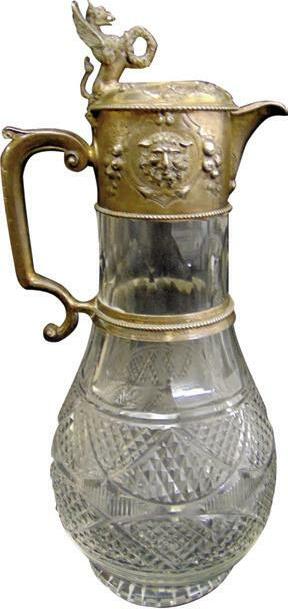
All are timely topics, and the papers revealed some remarkable breakthroughs, helping to shed clarity on the real-world issues of our planet. They included highlighting the need to understand the drivers and key motivations behind Putin’s war to come to a resolution, exposing the complexities of the EU and member states’ varied relationships with Eastern Europe, all compounded by the pressing need for energy.
I too have personally experienced Putin’s aggression, hounded by the Russian state for my political opposition and I have protested against the war. From my own observations, I would note we are now in the midst of a conflict with global geopolitical implications,
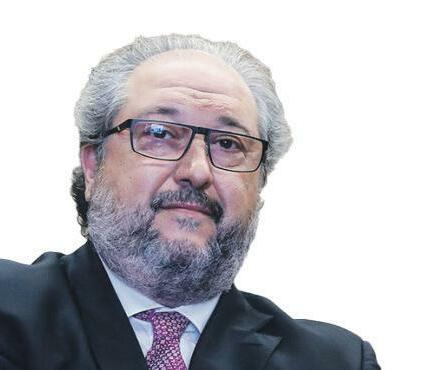
and that an understanding of the cultural values at play is crucial to any e orts towards putting an end to Putin’s violence.
Conflict resolution is just one of the “labs” within the Boris Mints Institute for Strategic Policy Solutions to Global Challenges, which I founded seven years ago and brings together a plethora of academics and researchers from across many disciplines and from several universities. It has six labs dedicated to several areas of research but one ultimate aim: to improve the world.
This brash mission statement may seem like we have overshot ourselves, that to change the world is an unrealistic fantasy. However, I believe through research and ideas, technology and innovation, global problems can be solved and our planet, no less, can be made a far better and brighter
place. The International Club is another such initiative for the Institute towards this aim, and I am proud to support it.

I would like to express my gratitude to all the participants of the Club’s first seminar. What came out of the speakers’ mouths is extremely important for an objective understanding of the current situation that has developed since the beginning of Russian aggression on the territory of Ukraine. We will continue our research in all areas related to the growing crisis.
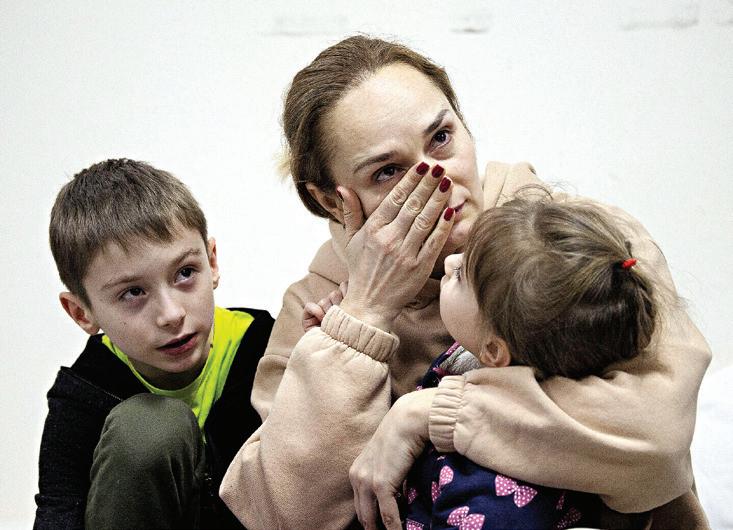

Should gender-critical views be considered ‘shameful’ and ‘hateful’? That was the question that sprang to mind while I read an article on the Jewish News website headlined: ‘Appalled and disgusted’: Rabbi accused of transphobia over Eddie Izzard tweet’.
I am not on Twitter and do not comment here on the rabbi other than to note he wrote the hardly-hateful comment: “We have to treat transgender people with the utmost kindness and respect and accommodate them legally, but they must not be allowed to displace women’s rights.” Rather, I suggest there is an alternative approach to gender-identity ideology than instant and uncritical celebration and unthinking denunciation of anyone who dissents as ‘shameful’ and ‘hateful’.
There are three fundamental reasons gender-identity ideology is not simply the latest iteration of the liberation movement – women’s rights, gay and lesbian rights, disability rights –
that has unfolded from the 1970s.
First, the ideology demonstrably involves the ongoing erasure of the hard-fought and desperately needed sex-based rights, protections, spaces, prisons, rape crisis centres, DV centres, sports, language, dating sites, dignity and safety of women and girls.
Sometimes rights clash. A rape crisis centre open to biological men is often a rape crisis centre traumatised women (and many religious women) can no longer use. When women’s sporting events are opened to biological men, it has proven to be the end of women’s sports, girls’ dreams, records, podium places, sponsorships and scholarships (and sometimes of their skulls, as was the case with a woman MMA fighter who fought a transidentified biological man and had hers broken).
A prison wing in which biological men, some with histories of sexual violence or murder against women, are allowed can be a deeply traumatic and unsafe place for many women. I could go on. Studies show that, as a collective, biological men who identify as women retain male-pattern rates of violent and sexual o ending. That’s just a material fact, inconvenient as such things are thought to be these days.
Second, the ideology involves the intimidation and gaslighting of lesbians who are told their sexual desire is wrong. Lesbians who refuse to have sex with people with penises because they do not desire them are called ‘sexual racists’ and ‘bigots.’ We are told as a society we must now smash through this ‘cotton ceiling’, i.e. the bigoted-becauseresisting panties of the lesbians.
Third, the ongoing medical scandal – it seems class action lawsuits loom – involving the promotion, replete with false promises, of what are still experimental treatments (blockers-hormones-surgery). The jaw-dropping Cass Review led to the closure of the Tavistock Gender Clinic as unsafe. Gender-critical campaigners had said this was the case for years, and were abused and cancelled for it, by the very people who still pose as the moral arbiters of what is ‘shameful’ and ‘hateful’.
There is professional alarm-bell ringing. And there is the desperately sad phenomenon of detransitioning, with feelings of profound regret, deep loss and, in many cases, ongoing medical and mental distress. That many of those who transition are young, autistic or

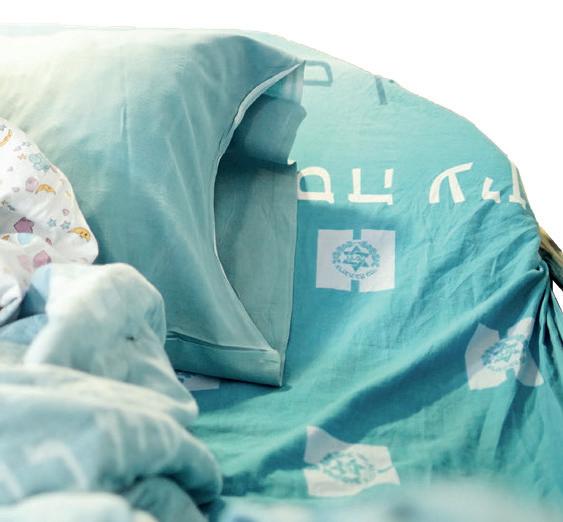


gay, and disproportionately female, are facts gender-critical people have been trying, often in vain, to get society to take notice of.
The Jewish News article contained an appeal for ‘pastoral care’ to be prioritised. Well, indeed. But is pastoral care not extended to women and girls losing their rights and spaces and who, when they object, are silenced, cancelled, shamed, gaslighted, doxxed, suspended, excluded and driven from the public square and employment? Why isn’t the erasure of single-sex spaces for women and girls, with all its attendant distress, ‘shameful’? And why isn’t the routine refusal to engage with the gender-critical case, despite the fact it is being made by people who literally founded Stonewall in this country, not seen as itself a cause for shame?
In short, why don’t women and girls count? As She Who Shall Not Be Named, put it: “Call yourself whatever you like. Sleep with any consenting adult who’ll have you. Live your best life.” But stop pretending sex is not real, stop pretending reality does not matter and stop erasing the protections of females.
Prof Johnson is writing in a personal capacity

















































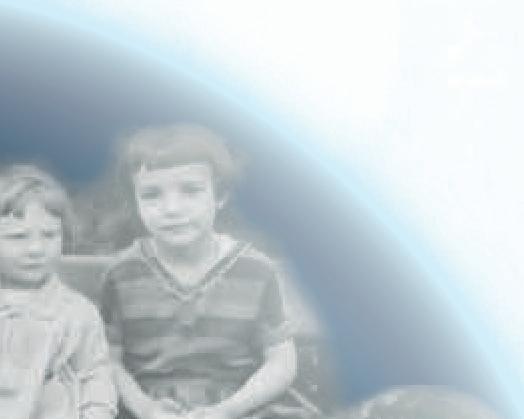




















Grandparents of children Camp Simcha supports were treated to a fun day by the charity to mark National Grandparents Day. Magician Sacha Johnstone performed for guests, who also took part in build-a-bear and pottery painting activities – with the final creations going to their grandchildren. Camp Simcha chief executive Neville Goldschneider said: “This event brought two different benefits to the grandparents of the children we support – because they suffer twice, seeing their grandchild but also their child having to cope with it all. They got to experience some of the fun their children and grandchildren might do at our parties and retreats.”

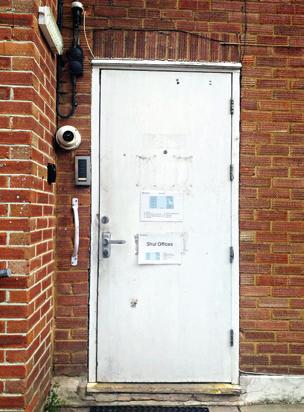
Yardena Jackson, who studied art A-Level at Hasmonean High School, gave a new look to the office at Elstree and Borehamwood Synagogue after designing a mural and painting it on to the office door. The shul’s Rabbi Chapper said: “The results totally exceeded my expectations, and everyone who has seen it has commented on how amazing it now looks.”






Pupils from the Olive Islamic School learnt about Sukkot and shared in the celebrations at Simon Marks Jewish Primary School as part of a long-standing relationship between two institutions. The youngsters also learnt about each other’s interests and life and especially everything they had in common. Gulcan Metin, head teacher of Simon Marks Jewish Primary School, said: “Our aim is for pupils to gain respect for other cultures and beliefs to help them act as role models in our community.”
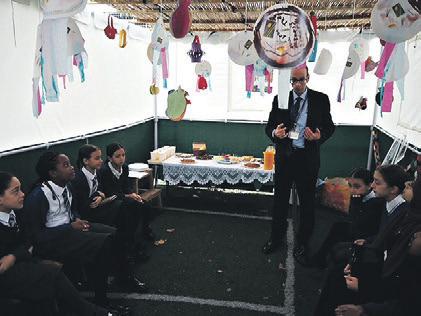

An historic interfaith service took place at St Peter’s Church in Berkhamsted bringing together Jews from the South Bucks Jewish Community and Christians from St Peter’s. The event, which celebrated the Jewish festival of Sukkot combined with a traditional choral evensong, was part of the church’s 800th celebrations and was attended by around 100 people. SBJC created and decorated a Sukkah in the churchyard. Father Stuart Owen, rector of St Peter’s said: “We were delighted to welcome our friends from the South Bucks Jewish Community to celebrate with us and forge new bonds. Groups of children were visiting the Sukkah throughout the week, to learn more about the festival of Sukkot.”
Rob Rinder joined Holocaust survivors for a Sukkot tea at the home of Olivia Marks-Woldman, chief executive of the Holocaust Memorial Day Trust.
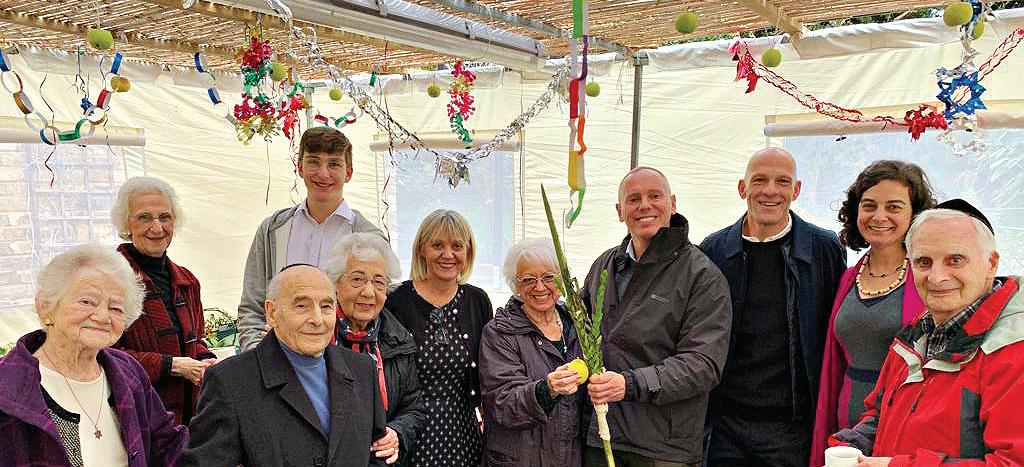
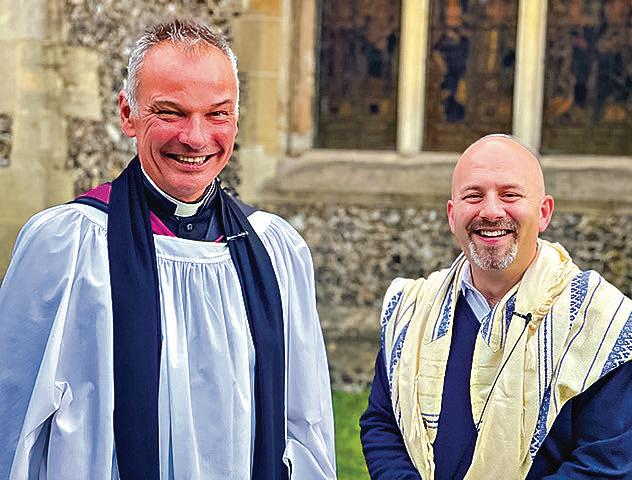





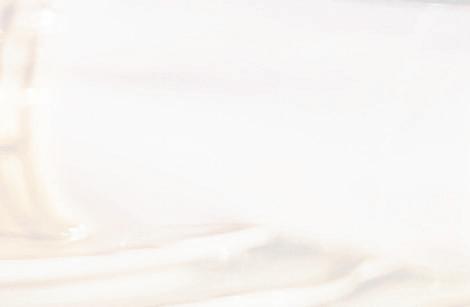







For some time now, years in fact, cinema has neglected older people. Likely to have been dubbed ‘the teatime crowd’ by some joker in studio marketing, this term would apply to anyone with a senior travel card who attends afternoon screenings. What they really are is cinema’s ‘lost audience’, and it’s a group that’s growing as more disillusioned 50-somethings, and others even younger, struggle to share cinema’s obsession with superhero franchises and gaming spin-o s. And it’s not because they’re superannuated or can’t handle 120 decibels. They’ve been awake longer than the ‘woke’, it’s just that the films they enjoy – grown-up drama, relatable romance and thought-provoking themes with accessible characters – are as rare as good shop-bought chopped liver.
Thankfully, the UK Jewish Film Festival
provides a roster of movies for all forsaken cinephiles and this year’s opening gala film, Karaoke, is a consummate example.
Best described as an unfeigned adult comedy that will challenge anyone who ever had a dream, first-time feature director and writer Moshe Rosenthal has taken what began as a personal, familial story and created a tale about an older couple’s humdrum existence and the stranger who challenges them.

Essentially, it’s about the fear of being ordinary. Or not.
Set in a smart suburban apartment block, Karaoke relies heavily on its cast to provide the colour and the clashes, and Rosenthal chose his gifted actors – Lior Ashkenazi and Rita Shukrun – wisely. By placing Sasson Gabay at the helm, as stoic and conditioned husband Meir, the director also lets us witness a masterclass in emotion.
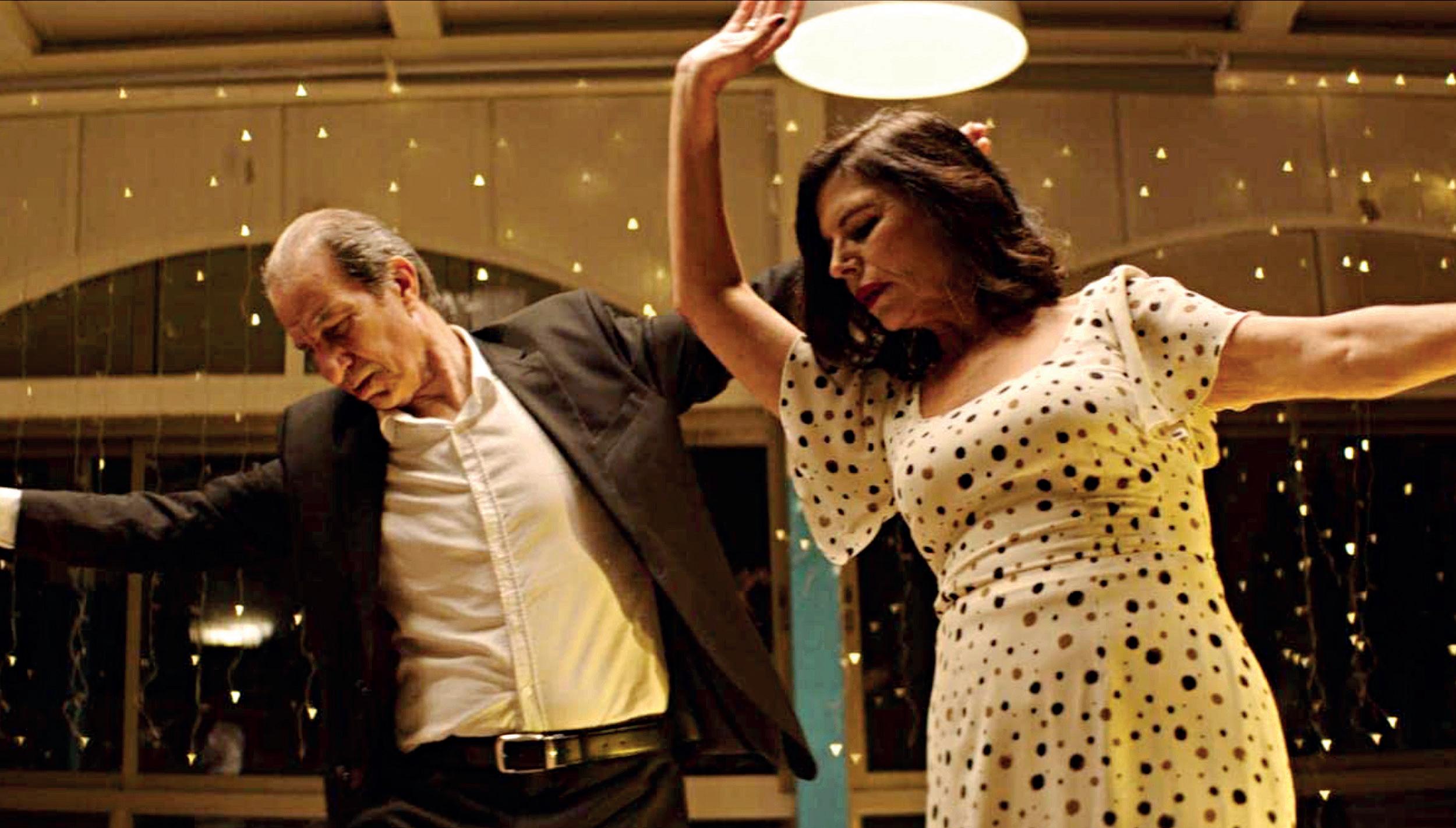
To reconnect on the big screen with the actor who tormented and beguiled us on the small screen as avaricious Nuchem Shitsel is exciting, particularly as the finale of beloved series Shtisel was made and aired during the pandemic, so we cried alone in lockdown .

Impressively, a then 70-year-old Sasson had been starring in The Band’s Visit on Broadway and on tour before Covid struck. Although Mrs Maisel’s Tony Shalhoub originated the role of band leader Tewfiq Zakaria in the musical, it always belonged to Sasson, as he created the character in the 2007 movie about an Egyptian police troupe that gets stranded in an Israeli desert town. It was, however, as controlling Nuchem (brother of Shulem) that we got to appreciate this actor’s craft, which is present in every look and response he brings to Meir, who gets to see the life he might have led when he is befriended by flashy new tenant Itzik (Ashkenazi), who also charms and flirts with his wife Tova (Shukrun).

A performance of this calibre requires discussion, and audiences will have a chance to do so after seeing Karaoke. But getting to know the Shtisel cast over three seasons meant I got to talk to Sasson ahead of his appearance at the festival gala on 10 November.
He certainly looked happy to see me,
but his beaming face on Zoom was really due to Karaoke’s rave reviews as it has just opened in Israel. “They are wonderful. Really wonderful. About the film, about the acting, about us. The film has become a must-watch by word of mouth. It means we have done something right.”
There’s certainly no disguising how proud he is of his own performance, in spite of initial reservations about accepting the role. “ When I read the script, I thought it was

very interesting, but I wasn’t sure. I realised it very much depended on how I played the part and doing so meant deciphering Meir’s hidden secrets that weren’t in the script. I was also a bit worried about the director, Moshe, as I knew nothing about him, but his writing showed he was an artist and Lior had already made a short film with him and confirmed his talent. So we made it mutually conditional through our agents that both Lior and I would each do it if the other one did.”
The UK Jewish Film Festival 2022 runs from Thursday 10 to Sunday 20 November 2022, in cinemas across the UK and online. There are nearly 40 films and documentaries from around the world, exploring Jewish and Israeli life and culture, plus more than 30 shorts. To see the full programme, visit ukjewishfilm.org. Jewish News has picked out 10 must-watch films and three unmissable documentaries
Shttl beautifully captures the life and loves of a Yiddish-speaking village on the eve of the Nazi invasion of Soviet Ukraine. Mendele, who is living a modern, secular life in Kyiv, finds himself drawn back to the familiar and comforting world of the shtetl. Unravelling the simmering tensions between tradition and modernity, director Ady Walter’s debut masterpiece, which is filmed in one extraordinary long shot, recreates a world on the precipice of disaster.
French-British actress Charlotte Gainsbourg stars alongside her son Ben Attal in this #MeToo drama. Alexandre (Attal), a bright 22-year-old student, is accused of raping Mila, the daughter of his mother’s (Gainsbourg) boyfriend. Alexandre is determined to prove his innocence, while Mila fights to be heard. The conflict between his sense of being treated unfairly and her complex feelings about sex, influenced by

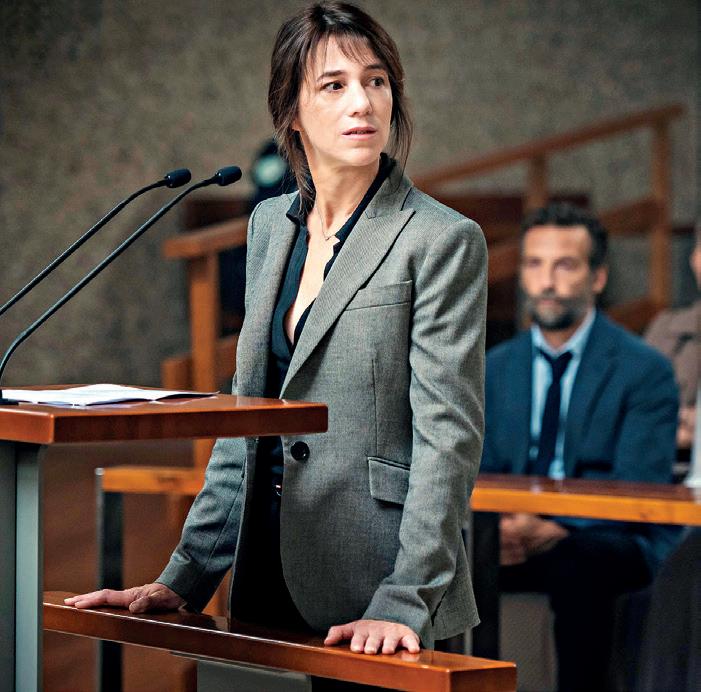
Accepting of his tedious lot after a long marriage to a woman harbouring fanciful aspirations and petty jealousies, Meir is complicated and Baghdad-born Sasson was disconcerted by all the emotional exposure in close-up, as well as the racier scenes he would later see for the first time sitting beside his real-life wife, the author and screenwriter Dafna Halaf-Gabay.
“We were at Tribeca Film Festival and suddenly the screen was there. And I was, well you know, in a way, I was a little bit embarrassed. By the amount of exposure that I’m given. And my wife, well she looked at me during those intimate scenes and she was a little bit confused. And embarrassed.”
in the simplicity of Shtisel. Shot in one room, on one street and with no frills, it is all about the characters and the writer’s imagination.
And Nuchem,like Meir, also had unfulfilled dreams, that were so memorably conveyed when he conducted Mahler’s music on the apartment balcony.

“I also think there is a world filled with people like Meir who feel they haven’t done enough in their life, because they were scared or too careful. Whatever life you live, you still ask yourself, ‘Could I have done more?’”
We all would have welcomed more , but it is not to be, though the cast do see one another occasionally.
“I saw Michael Aloni in April at the wedding of Yehonatan Indursky, who co-wrote Shtisel. It was a combination of secular and orthodox as he came from an orthodox background.
Karaoke

With no spoilers, this bit of our chat will entice you to see Karaoke, and Sasson makes it very clear that: “Meir is not me. My life is like a rollercoaster. I did four projects [Apple TV’s We Crashed, Dikla Barkai’s Menagen VeShar, Oslo and Karaoke] during Covid, so my life is di erent to Meir’s. But apparently I’ve got elements of his personality in me.”
Now acknowledged globally for its films and TV series, Israel’s most impressive talent is making the mundane compelling. Restricted by small budgets, creatives have to think outside the box, and this is reflected
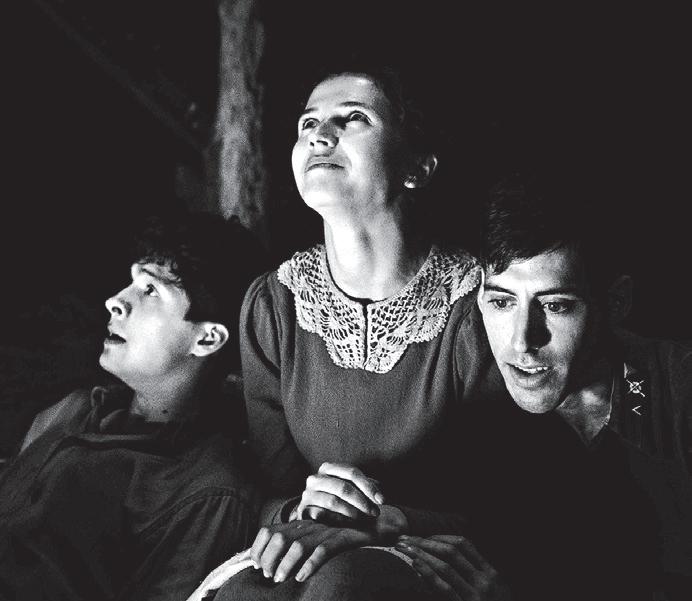

her Orthodox Jewish upbringing, makes it nearly impossible to reach a clear verdict. The Accusation is based on a best-selling novel of the same name.

“Doval’e [Glickman, who played Shulem] was there and he is doing Zehu Ze!, the weekly variety show, and was in Munich Games (Sky). And at another wedding I saw the woman who plays Akiva’s mother-in-law. So we see each other from time to time. Tel Aviv is a small place.”
It may be a small city but it’s big on talent – much of which can be seen at the UK Jewish Film Festival.
youthful exuberance, however, is a facade: Schönhaus is a Jew hiding in plain sight, defiantly dodging the destiny assigned to him by the Nazi regime by forging an Aryan identity and, using his graphic design skills, o cial documents for himself and for fellow Jews. A riveting story based on Schönhaus’ 2004 memoir.
Berlin, early 1940s. Cioma Schönhaus, a twenty-something gregarious charmer, is living life to the full: dining out at exclusive restaurants, dating a beautiful girl and exploring all that the big city has to o er. His
Twenty-six-year-old Esther, daughter of a rabbi from Aix-les-Bains, joins her strictly Orthodox family on their annual trip to a farm in southern Italy, where they perform the sacred task of harvesting etrogs. While Esther is expected to marry a man she does not yet know, her friendship with Elio, the farm owner, encourages her to leave religion behind and live life on her own terms. Where Life Begins is a thought-provoking exploration of tradition, family and self-realisation.
French screen legend Daniel Auteuil stars as Joseph Ha mann, a Polish-born Jewish jeweller who sells his shop to his employee François when the Nazis enter Paris. Staying in the city after his wife and children leave for southern France, Joseph realises it is too late for him to follow them and he hides in the basement of his old shop. As François befriends Nazi o cers,
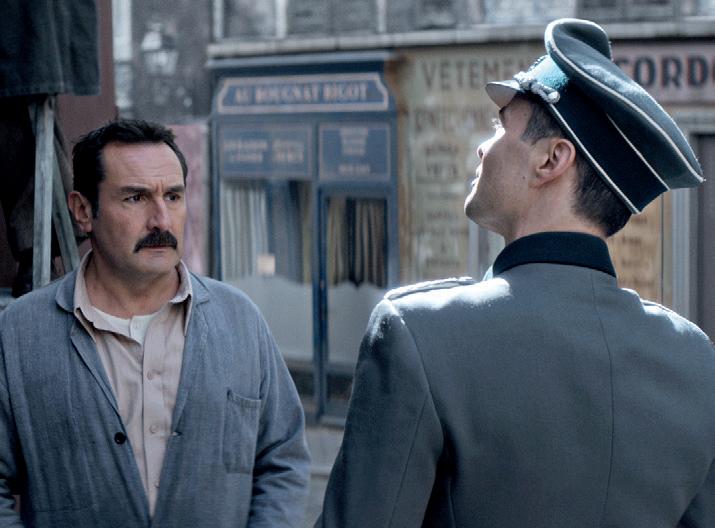
he feels less inclined to help Joseph, whereas his wife’s growing a ection towards the jeweller changes the course of both their lives.

Esther (veteran French film star Nathalie Baye) is nearing the end of her career

Gifted swimmer Erez joins a group of athletes at an elite training camp, where they battle for the chance of a lifetime – a single place on the Israeli Olympic team. The workout routine is gruelling, but just as intense are the feelings Erez develops for his fellow swimmer and competitor Nevo.
Challenged at first by the unwelcoming, hypermasculine environment of the camp, Erez realises that he strives for much more than just athletic excellence, namely the right to be his true self. A bold exploration of male competitiveness and sexual desire.
Seven lifelong friends – three couples and a newly divorced man – meet for dinner and play a game in which every
Based on the Italian international hit film of the same name, Israeli actor Lior Ashkenazi’s deliciously toxic debut feature as director asks how well we really know those closest to us, and whether honesty is indeed the best policy.

Encouraged by her unscrupulous boss, who is also her secret lover, a newspaper journalist convinces her best friend – a hopelessly romantic, geeky, single man – to

star in her new reality TV-inspired article, the one where he finds his soul mate and gets married within a month. Setting him up to fail, she is shocked to find out that he has completed the mission successfully, without her help. Now all that is left is for her to find her own true love.
On the eve of Adolf Eichmann’s execution in 1962, three Israelis – a 13-year-old boy, Eichmann’s guard, and an investigator for the prosecution – not only witness
history but take an active role in its making. Director Jake Paltrow (The Good Night), co-writer Tom Shoval (Youth) and some of Israel’s finest actors capture a profound event in the history of the young state, that changed the way the Holocaust is understood and remembered. Inspired by true events, this is a stunning, thoughtprovoking period drama.
as head seamstress at Dior. When her handbag gets stolen by two young women, she decides to take one of them, Jade, under her wing and teach her the trade. Esther is Jewish and Jade is Muslim but each one of them finds in the other what is missing in her own life: a sense of direction in Jade’s case, and much-needed human connection in Esther’s.
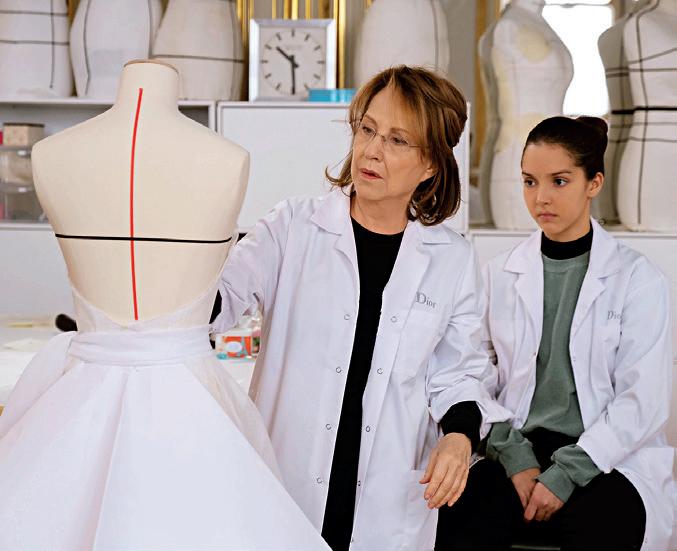
LGBTQ+

A self-deprecating, hilarious sense of humour is something all Jews can relate to. Filmmakers

text message received is read out loud, and every incoming call is answered on speaker. Secrets and lies are exposed, leaving the once close-knit group completely shattered.
Jascha Hannover (Hollywood’s Second World War) and Arkadij Kahet (the German short Masel Tov Cocktail) explore the origins of Jewish humour, tracing the use of irony and satire back to the Bible. With archive footage from around the globe and comedy experts from Europe and Israel, it celebrates a long tradition of Jews being seriously funny.
For more than seven years, British filmmaker Jane Mingay followed Beth Alexander in her fight for custody of her two children. Born in Manchester, Alexander met Austrian Haredi doctor Michael Schlesinger in Vienna in 2006. They fell in love and got married, but their relationship began to fall apart shortly after the wedding, with Schlesinger’s fabricated stories about his wife’s mental health preventing her from seeing her children for over 10 years.
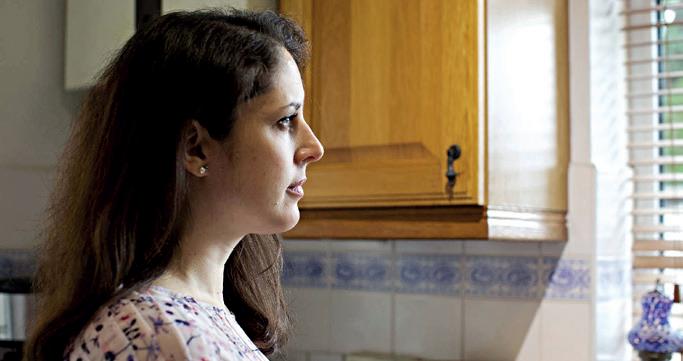
With Norman Jewison, Hollywood’s most Jewish-ish nonJewish director, at the helm, and Topol in the starring role, Fiddler on the Roof had a smooth transition from the Broadway and West End stages to the silver screen. The musical comedy film, which celebrated its 50th anniversary last year, captivated millions of viewers around the world. Narrated by Je Goldblum, this documentary features behind-the-scenes footage and interviews with Jewison and Topol, among others.
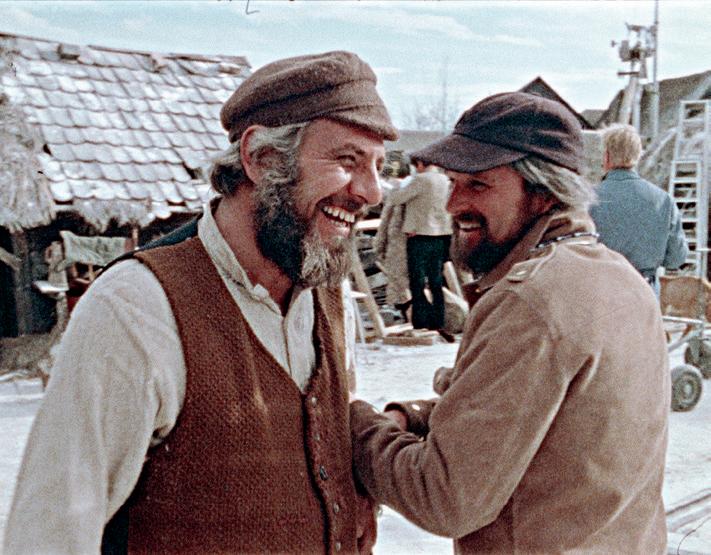
When Ben Freeman was a young teenager, he was full of so much internalised hatred about his sexuality that he would self-harm. Gradually, he began to realise that the negative feelings he had about being gay weren’t his issue but that of the outside world.
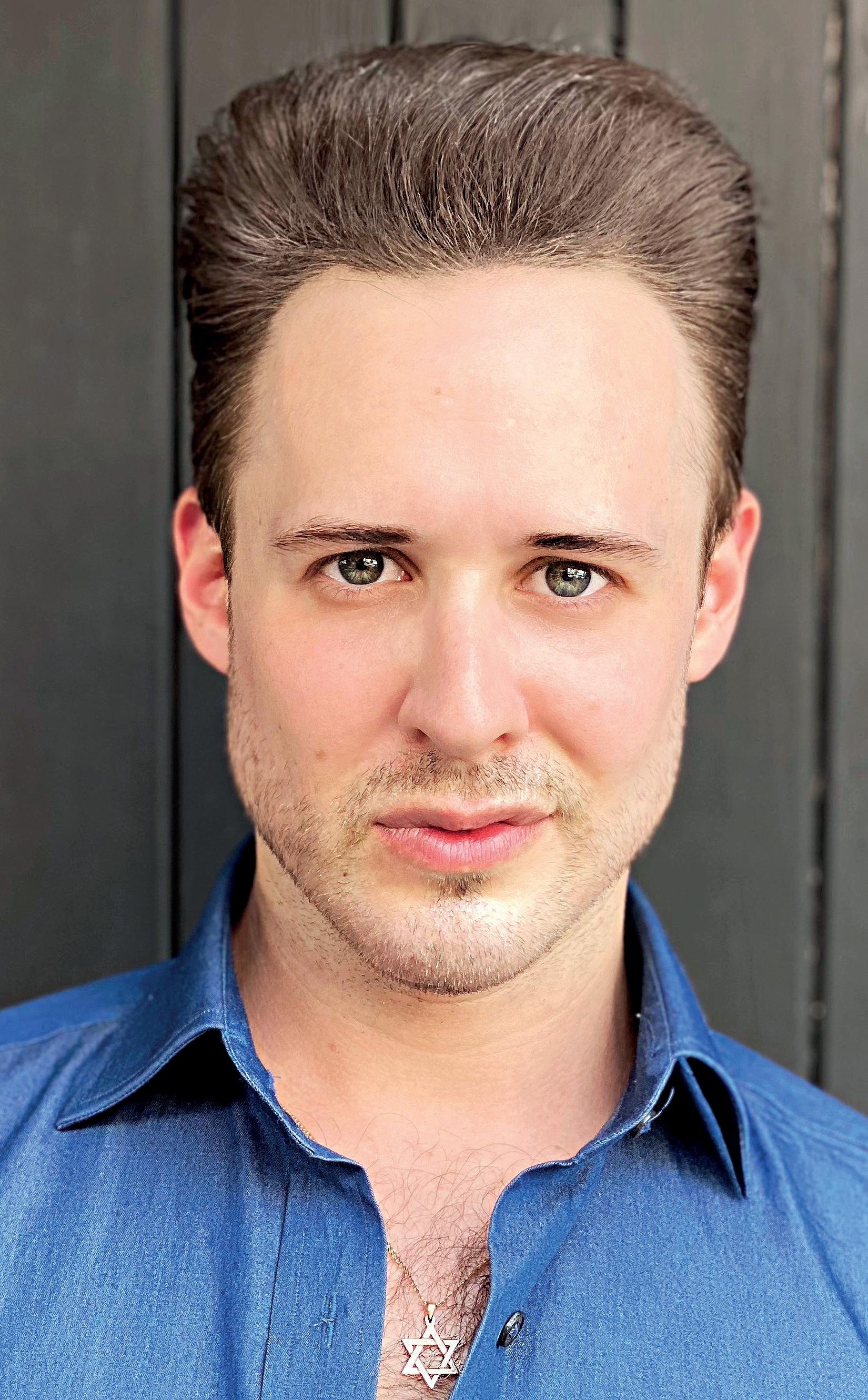
Coming to terms with the realisation that he’d internalised the hatred of others helped him heal. And now he wants to use the lessons he learned to help his fellow Jews to start loving ourselves.
“Every community has a version of this, where we’ve internalised the things the outside world tells us about ourselves,” he says. “And we need to start talking about this internalised hatred because it does exist.”
Ben is a Glasgowborn Holocaust educator whose first book, Jewish Pride, was aimed at empowering Jews to reject the shame of antisemitism imposed on us by the non-Jewish world. When it came out, he realised that one of the major problems with people feeling Jewish pride was the complicated feelings they’d internalised about Jews, and his second book, Reclaiming our Story, was born.
He’s leading by an example. Although he considers himself secular, he wears a tartan kippah and a large Magen David. In the four months he’s been living in London, since moving to the capital from Hong Kong where he was teaching, he’s experienced antisemitism several times, with strangers calling him a ‘dirty Jew’. But that external hate won’t change who he is.
“I am not going to allow racists to diminish who I am and what I wear,” he says, defiantly.
Ben started writing about antisemitism on social media during the Corbyn years. He saw Jews who were willing to stand up for themselves and that inspired him.
But he also saw Jewish people happy to be tokenised for being pro-Corbyn and anti-Zionist and he was intrigued by them and the way there have always been Jews attempting to be the ‘good Jews’, palatable in the non-Jewish world. And he saw how it has almost always ended up badly for them.
“In my book I recognise three main manifestations of this phenomenon of internalised Jewish hatred: diminishment, denial and deployment,” he says. “I would find myself doing that diminishing – ‘I’m a Zionist but….’ or ‘I am Jewish but…’ I wanted to be a good Jew, I didn’t want to rock the boat. I was someone who had a strong Zionist Jewish upbringing, who worked for a Jewish organisation but I still felt I needed to make myself, my Judaism, smaller in order to be accepted.”
Denial is the next step on: attempting to deny elements of one’s Judaism, or even converting. While deployment takes this internalised hatred – what some call self-hating Jews – to another level, it is aimed at those who use their Jewish identity to make themselves the ‘good Jew’, who points to all the rest of us as the ‘bad Jew’.
“It is not enough to simply call them evil, because they are experiencing a phenomenon,” says Ben. “I am not here to excuse them; they are dangerous and we should fight against what they say. But we should also fight against what causes them to be like that. That is why we need to educate with pride.”
Ben’s book looks at the story of those who tried to be the ‘good Jew’ through a historical lens; from the Jews who converted to Christianity in the Middle Ages to the Yevsektsiya – a Jewish section of the Communist Party in Bolshevik Russia – who closed down Yiddish newspapers, burnt Jewish community centres and attacked rabbis. He looks at how the cosmetic nose job was first popularised by a German Jew in the 1920s and how the preSecond World War community in Germany had done more than any other to assimilate; but in every instance the fact that these people were Jews, and should be punished or even killed as Jews, did not make up for them behaving like the ‘good Jew’.

“If we look at the German Jewish experience with empathy, we see a people who really worked very hard to be accepted; they even created a new form of Judaism and some converted to Christianity, but they were still persecuted and murdered,” says Ben. “The reality is that changing yourself doesn’t make you more palatable. A Jew is a Jew to the person who hates you.”
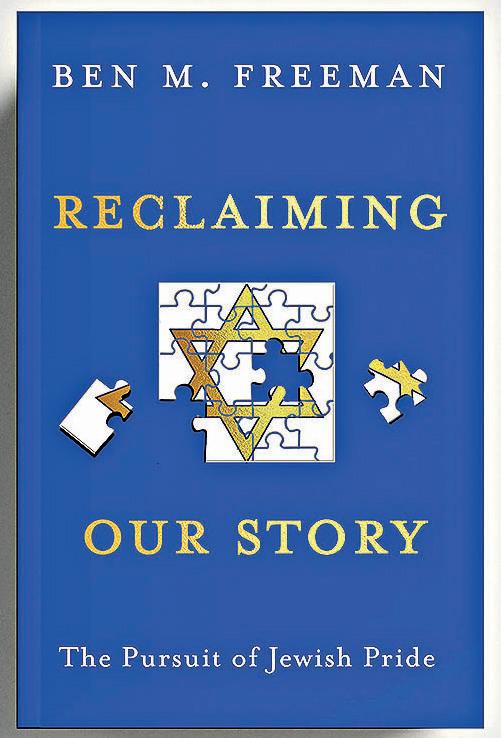
The book features several testimonies
from people who had fallen down that hole; anti-Zionists and Corbynistas who allowed themselves to be used as the token Jew for Jew hatred, but who have come out the other side and are learning the pride Ben wants us all to feel.
“When I was that kid hurting myself in my bathroom at home because of internalised homophobia I realised that I was being punished for a crime I had not committed. I had not done anything wrong,” says Ben. “It was the prejudice I was experiencing that was wrong.
“Other communities are ahead of us Jews in this; they are realising that they need to take pride in who they are and stop trying to make themselves something they are not. We can’t circumvent Jew hate –attempting to diminishes us. I want others to see that we should stop with the shame. And not being ashamed is not enough; it is time for us to be proud of who we are.”
Ben Freeman’s new book is a powerful look at the impact of internalised anti-Jewishness. Nicole Lampert spoke to him to find out moreBen Freeman: ‘I am not going to allow racists to diminish who I am and what I wear’






hat do Kate Moss, Rhianna and a rabbi have in common? They have all been pierced by Metal Morphosis, the rebel jewellery brand run by fatherand-son Matthew and Ben Harris.
Founded in 1991, Metal Morphosis has gone on to pierce around half a million Londoners, aged between six and 88, including a host of well-known names. Kate Moss, Rihanna, Little Mix, Kelly Osborne and Gordon Ramsay are just some of the celebrities who have walked through its doors.
From launching on Old Compton Street to placing concessions in Selfridges and TopShop’s Oxford Street site, Metal Morphosis recently opened a standalone store in Carnaby Street.


Trendy for sure, but not the most conventional of family-run Jewish businesses. “Indeed, it’s very unconventional – I think we could be the only Jewish piercing company in the world,” says Ben, who joined his father
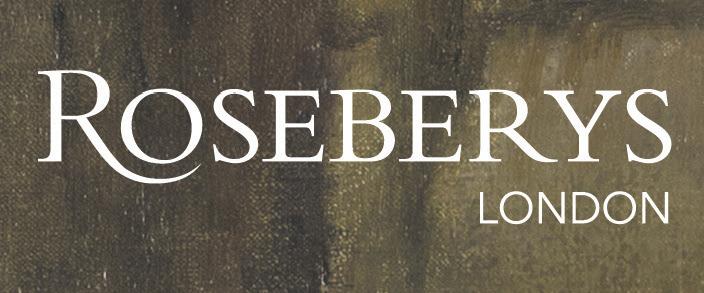


Matthew in the business in 2013.
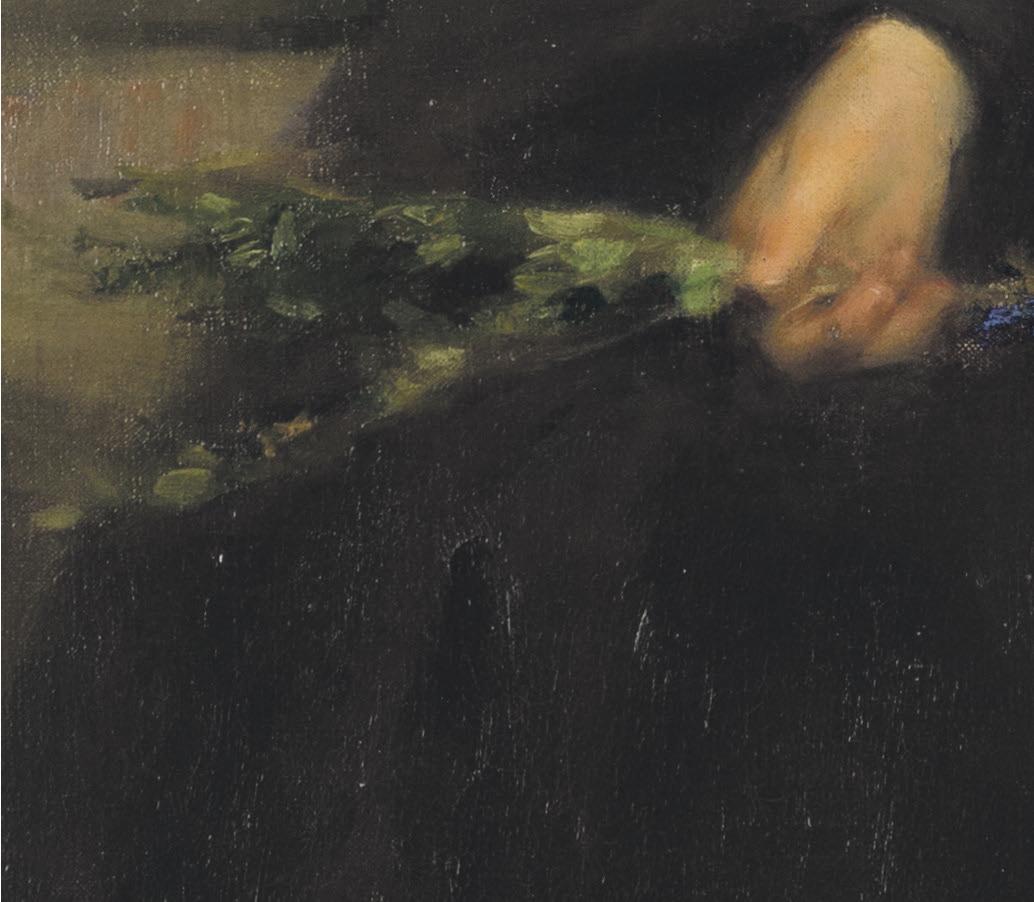
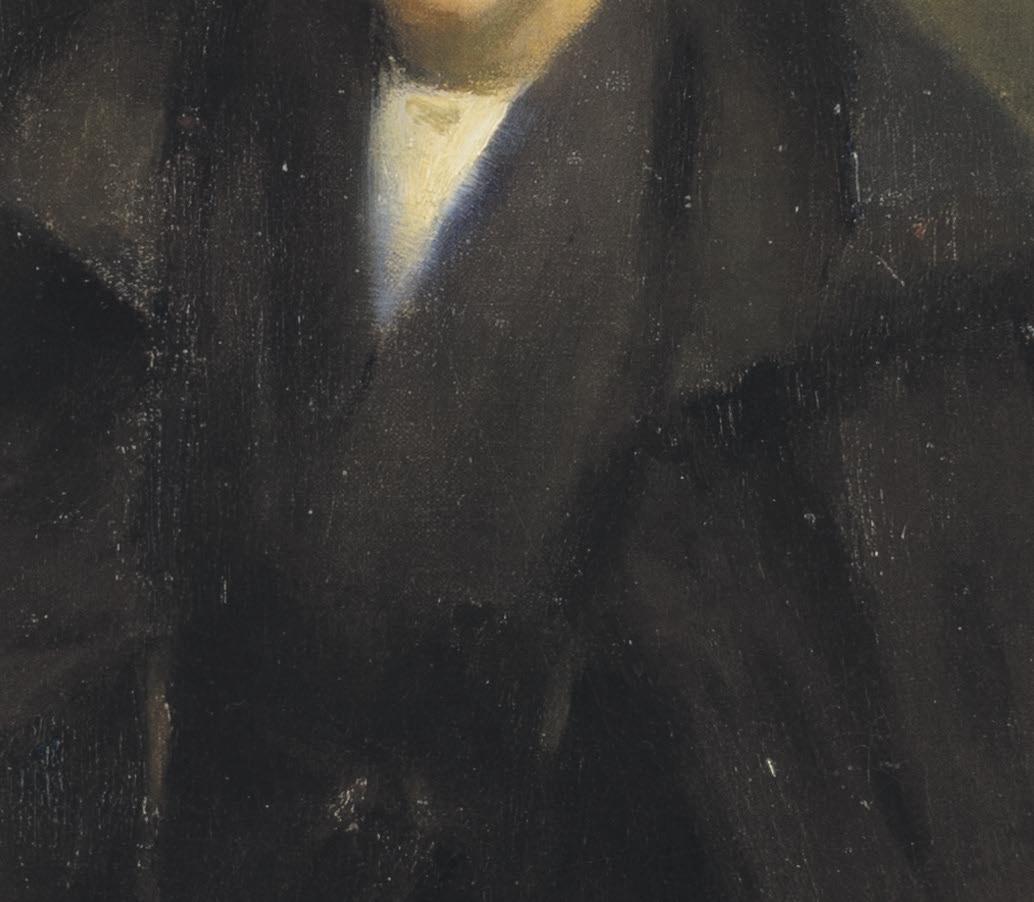


Matthew had been working as a jeweller at east London’s Petticoat Lane Market. “Customers started to ask if he could pierce them, so my dad decided to enlist the expertise of his dad, Ivan, a pharmacist, to do just that.”
The big break came when Metal Morphosis secured a million-pound concession with Philip Green’s TopShop. “This really projected us into the limelight,” recalls Harris, 33. But when Covid hit and the store was forced to close, the company lost everything. “It was really scary and an extremely worrying time. Lawyers and accountants were telling us to liquidate and call it a day but I didn’t want to let the business die – there was too much heritage there. I also had a baby on the way and a team of piercers whose livelihoods were in our hands.

“I took a big risk and secured a bounce-back loan. I signed a lease when no one was signing leases and then the floodgates opened.” With dedication, a rebrand and 20-hour days, Metal Morphosis relaunched on Carnaby Street.
Not even a year on, Ben says business is back to pre-pandemic levels and he is eyeing up some other sites, notably a flagship store to open in the second quarter of next year, for Metal Morphosis has a loyal clientele based on 30 years in the trade.
Besides, gone are the days where piercing was a subculture. It has exploded onto the mainstream. “It’s really changed from what it was back then,” notes Ben . “Everyone’s got piercings. It’s great. Everyone should be accepted if they want to look a certain way.”
The trend has in part been driven by celebrities and social media. “When Mel B had her tongue pierced, there was a huge demand for that. We had Millie Bobby Brown from Stranger Things come in a few months ago and when we posted about it on social media, we then sold out on all the pieces she had got.”
Last time Ben , a former Jewish Sportsman of the Year, was in Jewish News was nearly 20 years ago when he won the European barefoot water-skiing championships, aged 15. He no longer competes – “life got too serious for that” – but he still enjoys the sport when he can.
Watching his father and grandfather in business, Ben has long had an entrepreneurial streak. “I’ve always been ducking and diving and thinking about how to make money. I used my barmitzvah money to buy a load of DJ equipment and would DJ at barmitzvahs and weddings, and I was always buying and selling things on eBay.”
Ben got involved in the company after graduating from Nottingham Trent with a degree in sport and business. “I never really wanted to go into it as I saw how stressful it was but I had just lost my mum and my family was going through a hard time,” he says. “My dad was under a lot of pressure so I felt I needed to help him.”
He says: “It’s been a long journey. The developments in procedures, equipment and licensing since 1991 have been huge and we’ve been there every step of the way as body piercing has moved from subculture to global industry.”
Any notable piercings? “Many!” They include priests, politicians and a rabbi, who had his nipple done in 1995, which is halachically against the Jewish faith. “He didn’t want anyone to know.”
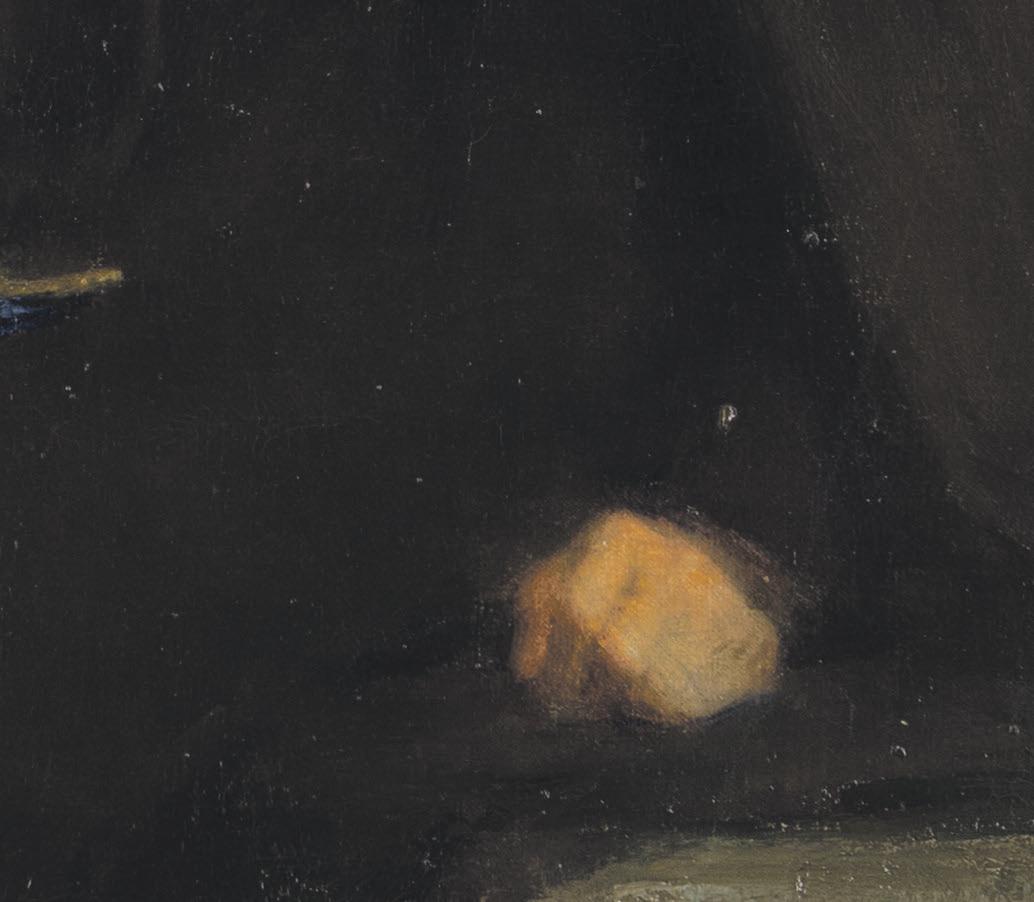
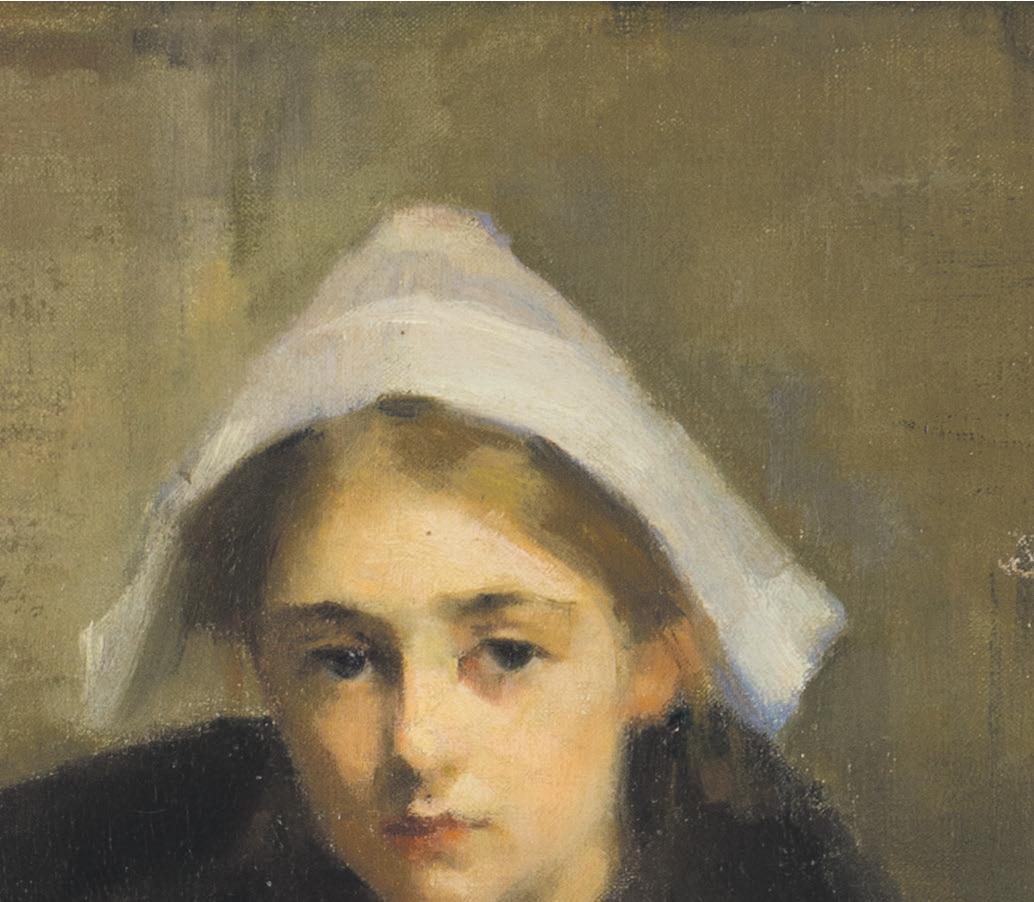
Ben himself? Just the earlobe. “And no tattoos!” he adds. “People expect us to be covered but we’re not. My dad looks more like a doctor than a piercer, I think customers like that. They find it reassuring.”



Looking for a care home for yourself or a loved one? Then you could do no better than to join us as part of our Springdene family. Unlike other care homes, which are often part of large corporations, we are a family business. And we’re still run by the same family that founded it more than 50 years ago.






New residents at Springdene can be sure of a warm reception. All our homes – Spring Grove in Hampstead, Spring Lane in Muswell Hill and Springview in Enfield – are rated as good by the Care Quality Commission.
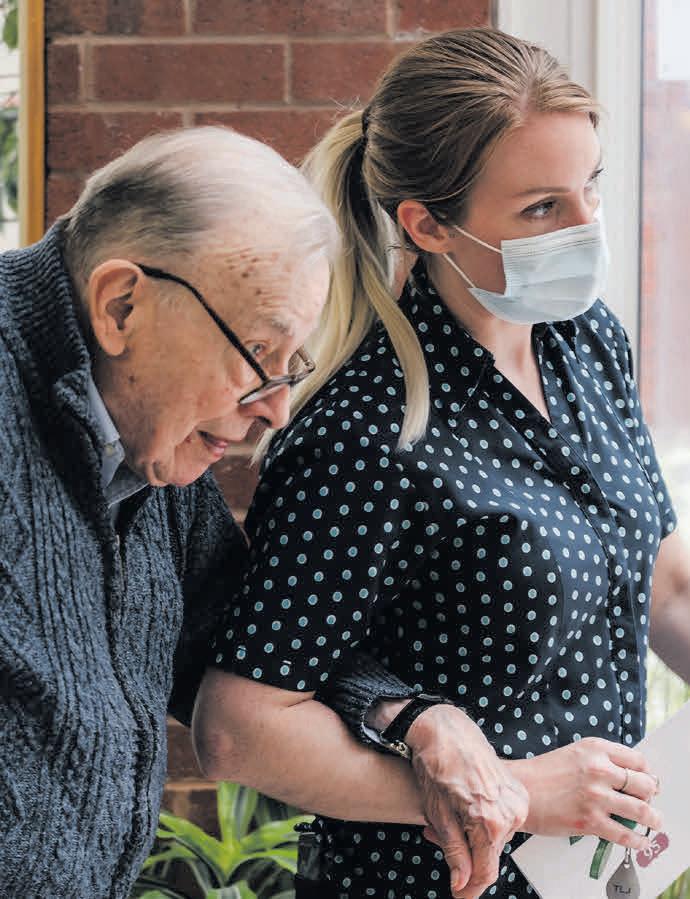


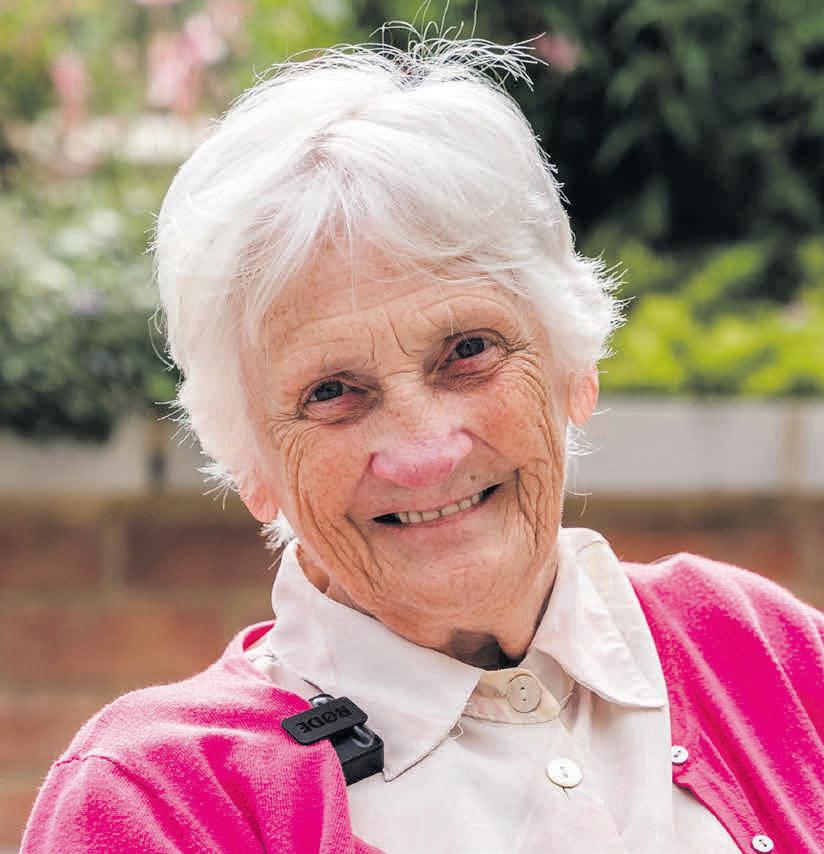
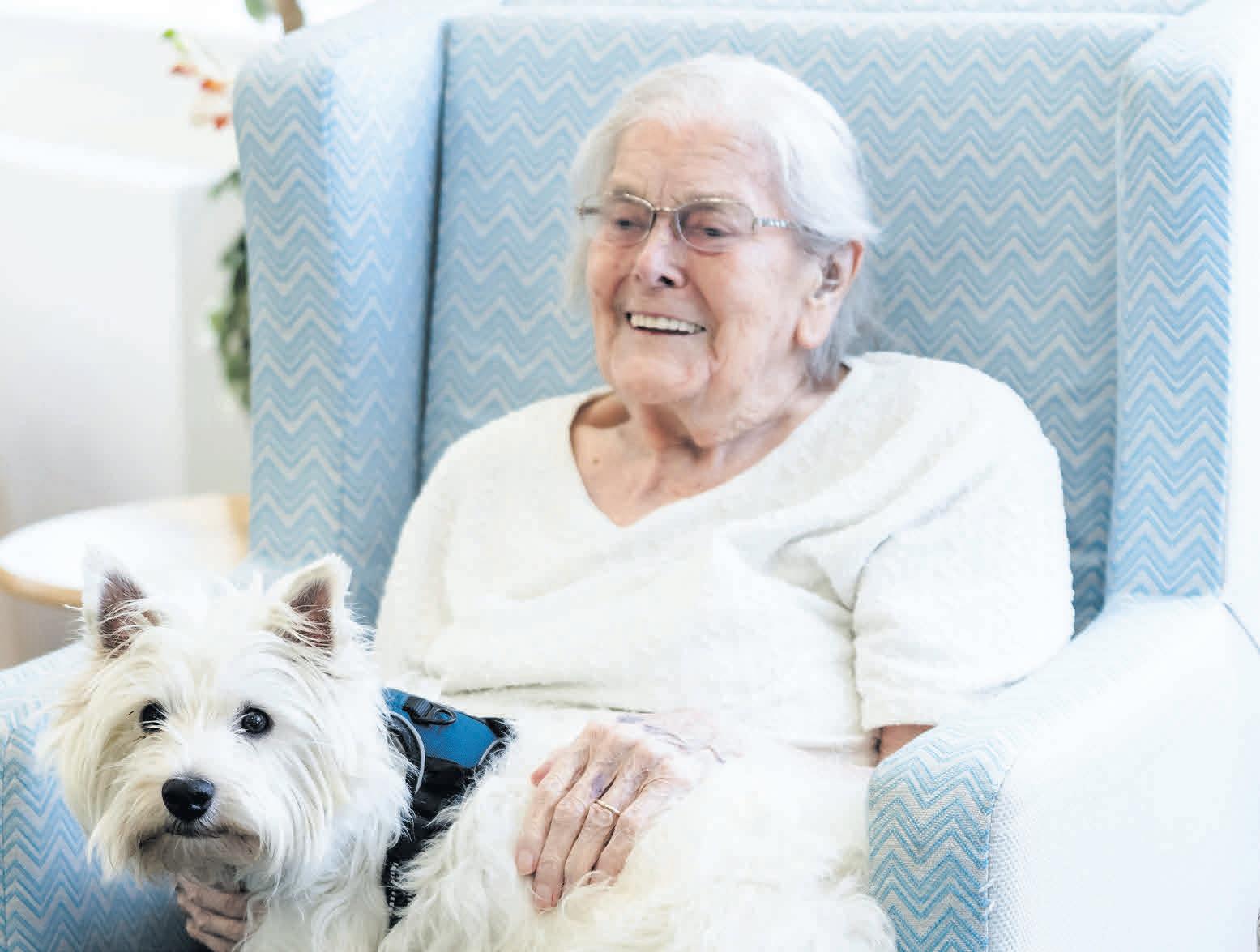
Residents enjoy hotel-style luxury, with their own spacious room, complete with full en-suite facilities, personal telephone and wi-fi. There are three delicious meals a day, with a varied choice of menus.

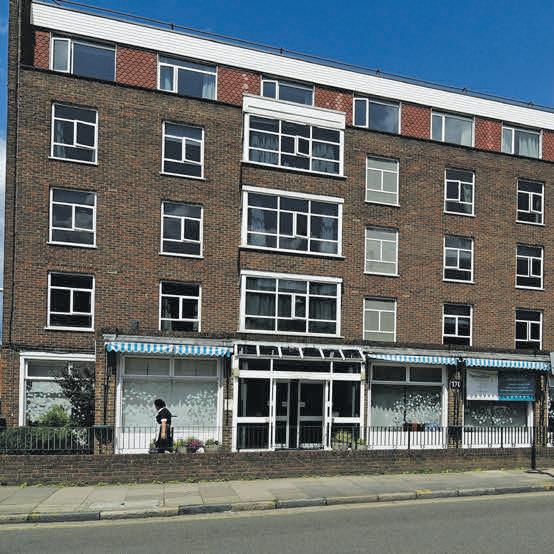
And there are lots of regular activities, including quizzes, short stories, art competitions and poetry readings, live-streamed concerts and film-showings on a big screen, as well as walks in delightful gardens. We’ve a great team, o ering wonderful care and everyone is brilliantly looked after.
As our motto says:

Gerry Lucas has been a lifelong active and enthusiastic shul goer and leading member of the Jewish community. But his life changed dramatically when, suddenly and unexpectedly, he lost his hearing just a couple of years ago as a result of an operation.
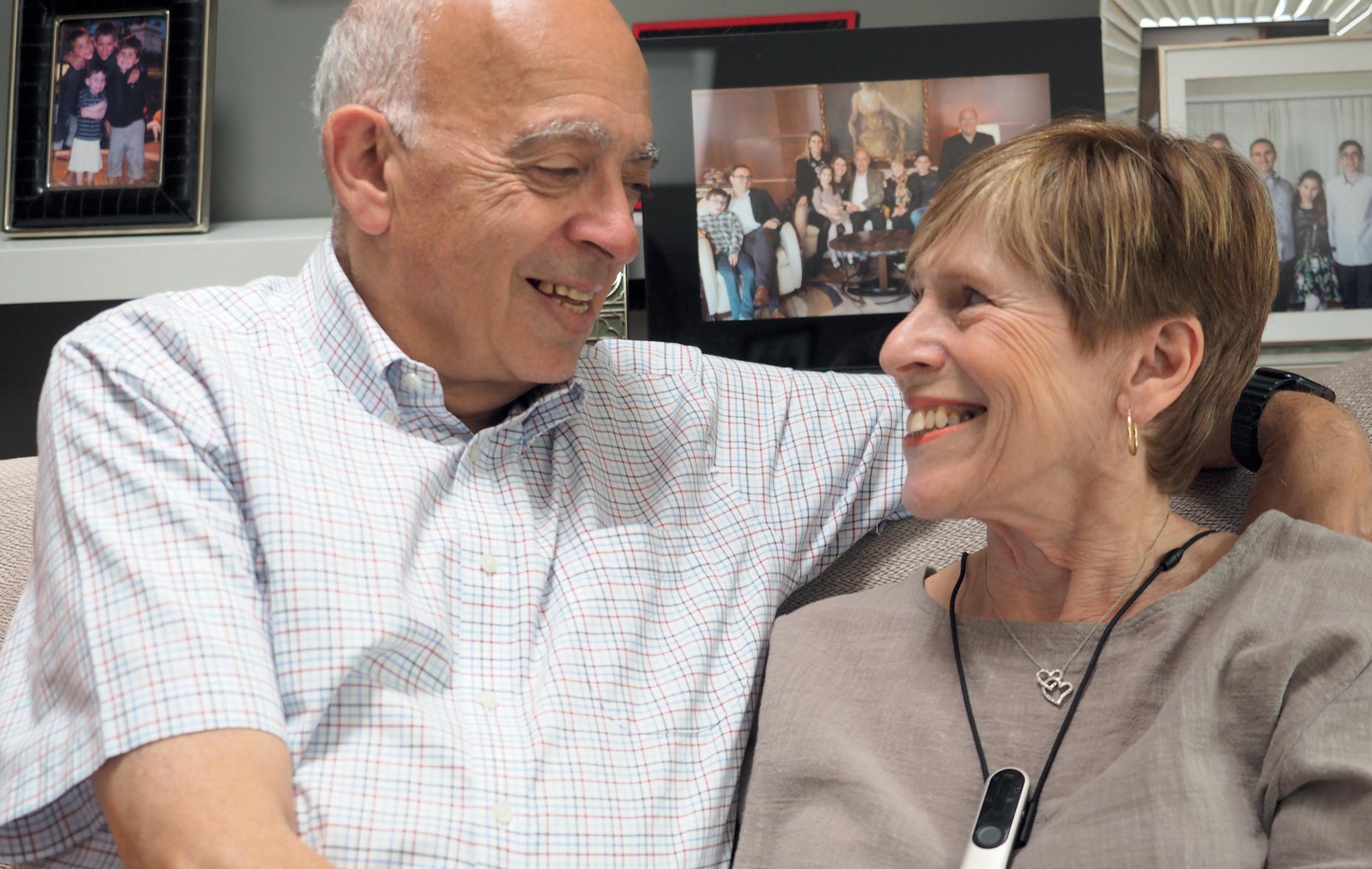
As Gerry says, ‘No-one knows what it is like to be deaf until it happens to you. It’s almost like a bereavement, once lost it will never come back’.
Being deaf in a hearing world is about so much more than just missing out on the odd conversation. It is about struggling to overcome barriers on a daily basis. It is about trying to cope with a dire lack of access to information and services, not being able to understand or make your needs understood, people’s dismissive attitudes, fi nding yourself ostracised and powerless and so much more. And for Gerry, most infuriating of all, it is about far too many hearing people treating deafness as a bit of a joke, with people who are deaf often being treated as second class citizens, excluded from their community.
When Gerry retired in 2017, he was looking forward to spending more time with his four loves – his family, his painting, his football and his shul. But his experiences on Rosh Hashanah made him realise just how excluded deaf people can feel. In fact, he felt so isolated and alienated not being able to hear what was going on, that he felt like it was not even worth going back for the second day.
And, of course, this is not the only area in life in which people who are deaf or losing their hearing feel like they don’t belong. Social get-togethers, family gatherings, work, school, medical appointments, meetings, dealing with o cials generally – all these are fundamental parts of everyday life, and all are situations in which the barriers faced by people who are deaf or hard of hearing can feel insurmountable at times.
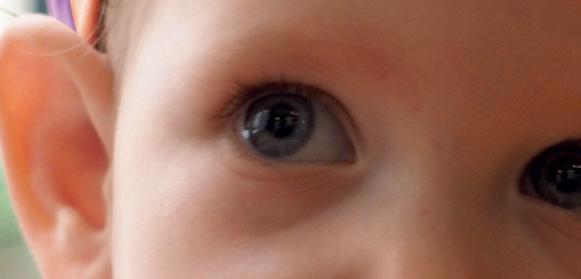
And this is where the Jewish Deaf Association can make all the di erence.

Gerry says, “You cannot imagine the psychological e ect that losing your hearing can have on you and I am extremely thankful to the JDA who have given me the support I have needed to get through this di cult time and build a new life for myself”.
JDA’s practical and emotional help and support enables people of all ages, from babies to centenarians, to overcome the barriers of a hearing world.


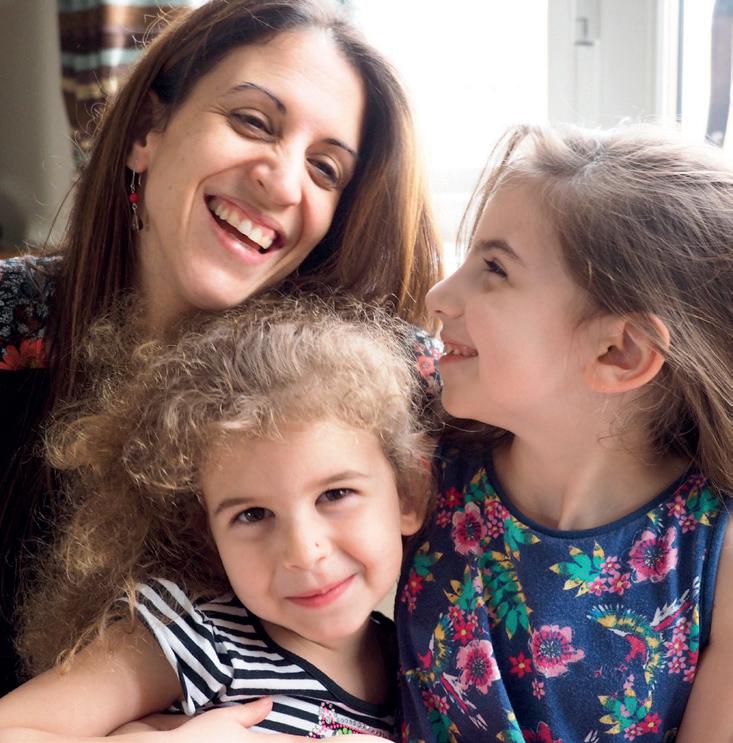

Over their 70-year history, JDA’s services have evolved to meet the changing needs of people who are deaf, deaf blind or losing their hearing. They now o er over 40 di erent services including information on and access to the latest technology;
social activities; training courses and support groups; professional guidance and information; emotional support; advocacy; and family support. They also o er classes in British Sign Language and in lip reading – enabling people like Gerry to understand more easily what is being said to them and around them, an essential skill that we all have to learn when we are faced with hearing loss. And JDA’s support and expertise reaches far beyond their Centre into people’s home, schools, care homes, doctors’ surgeries and hospitals – wherever they can make a di erence to someone’s life.
As the only organisation in the Jewish community with the requisite knowledge, understanding and expertise, JDA alone breaks the barriers faced by people who are deaf every day. And that is why Gerry, like so many others, now counts JDA fi rmly among his top four loves!
It costs JDA £900,000 each year to help the 2,000 people who turn to them for support. For three years they have been unable to hold a fundraising dinner, so they are now in urgent need of funds. That is why they are running their biggest fundraising campaign ever this Sunday and Monday. So that with the community’s support, they will continue to #breakthesoundbarrier into the future.
JDA also actively campaigns to bring about much needed improvements in our community. They are currently planning how to help synagogues become far more inclusive, a campaign that Gerry Lucas is delighted to be involved in.
For
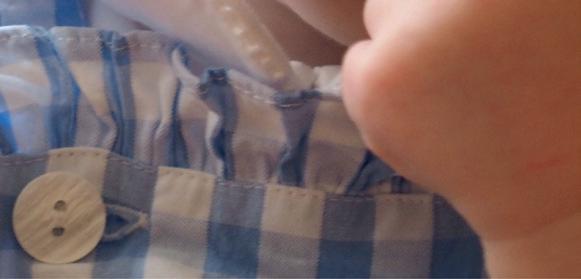

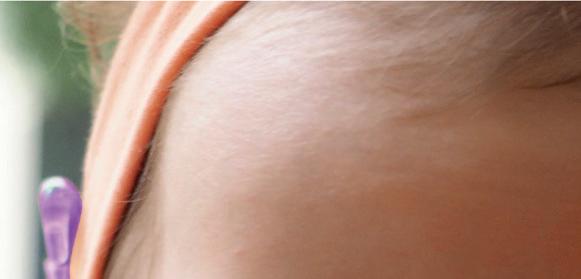

This week’s portion begins with praising Noah as “a righteous man, perfect in his generation”.
Reading this text in the Torah, we might think very highly of Noah. However, our rabbis tell us that the words “in his generation” are an indication that he was righteous only compared with the misguided generation of his time.
The rabbis go further and say that had he been in Abraham’s generation, he wouldn’t have been considered righteous at all.
Why do the rabbis single out Abraham of all the great Jewish leaders to compare with Noah; and

if he was only a tzaddik, a righteous man, compared with a very misguided generation who were ultimately destroyed because of their waywardness, why call him tzaddik at all?
Let’s look at the events in this week’s portion.
God commands Noah to build an ark. The Talmud says Noah spent 120 years building it. The reason Noah took so long was that God hoped that people would question what Noah was doing, creating an opportunity for Noah to share with them that God wanted to destroy the world because of the pain and su ering people are causing one another. God hoped that Noah’s message would cause the people to repent. However, after 120 years of building this giant ark, how many

people does Noah manage to influence? Not one!
In contrast to Noah, Abraham saw truth and then devoted his life to sharing it with others. He saw for himself a better way to live; he saw that life has meaning and he was driven to share this with others. Noah, on the other hand, was doing the right thing, but he saw in himself only the ability to do the right thing. He clearly did not see this potential in others; if he had, he would have been driven to share it, just like Abraham. Through this contrast the rabbis teach us that when being righteous is limited to you alone, righteousness is not a compliment.
When I was 21, I came across a simple, spiritual understanding that changed my life for the better. In short, I saw that the emotional
su ering that I experienced was not directly caused by my circumstances but rather was a result of the thinking I had around the issue.
In seeing this, I saw that I didn’t have to take on board thinking that came my way that made me miserable. I was so lost before I had this knowledge that I know clearly if I can change, anyone else can change, too. This spiritual knowledge has
a powerful e ect on clients and on people who join my Fundamentals for Relationships groups. We are all spiritual beings and therefore we all have the potential to live meaningful lives. The most lost human being on earth has the potential to change and the more we see how we humans are all the same in a spiritual sense, the easier it is to wake people up to their full potential.
In our thought-provoking series, rabbis, rebbetzins and educators relate the week’s parsha to the way we live today
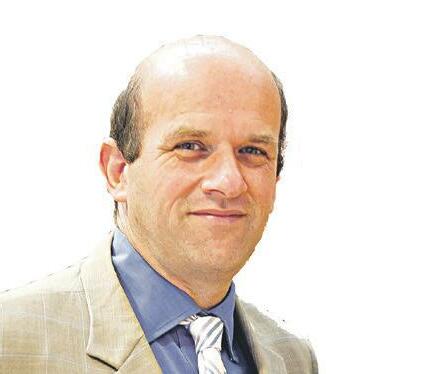
needed by the times and the situation of the people is exactly what happened.
King Charles’ coronation takes place on Saturday 6 May 2023 in Westminster Abbey. The three-hour-long coronation of the late Queen Elizabeth II was in the presence of more than 8,000 guests from nearly 130 countries and was the first mass televised event – watched by 27 million people in the UK alone.

Speculation has it that the guest list for Charles III’s coronation could be thousands lighter, the ceremony reduced to closer to an hour, and the spending on it much reduced. The Financial Times reported an o cial in the royal household saying: “The government, the royal household, the Earl Marshal [who is organising the ceremony]

— everyone is very conscious of the financial circumstances in the country.”
Records of coronations in the Bible are brief. They start with the coronation of Saul, first King of Israel (1 Samuel 11:15), when a great simcha was held and sacrifices made on his behalf. There is no detail about the coronation of David (2 Samuel 5:3), just a peace treaty in Hebron that makes him King of Israel. The coronation of the seven-yearold Jehoash is rather bigger in scale (2 Kings 11), with a huge guard of honour, trumpets blasting throughout his kingdom, the rather grisly murder of the mother of a potential rival, the smashing up of temples of Baal and national rejoicing. In other words, what was
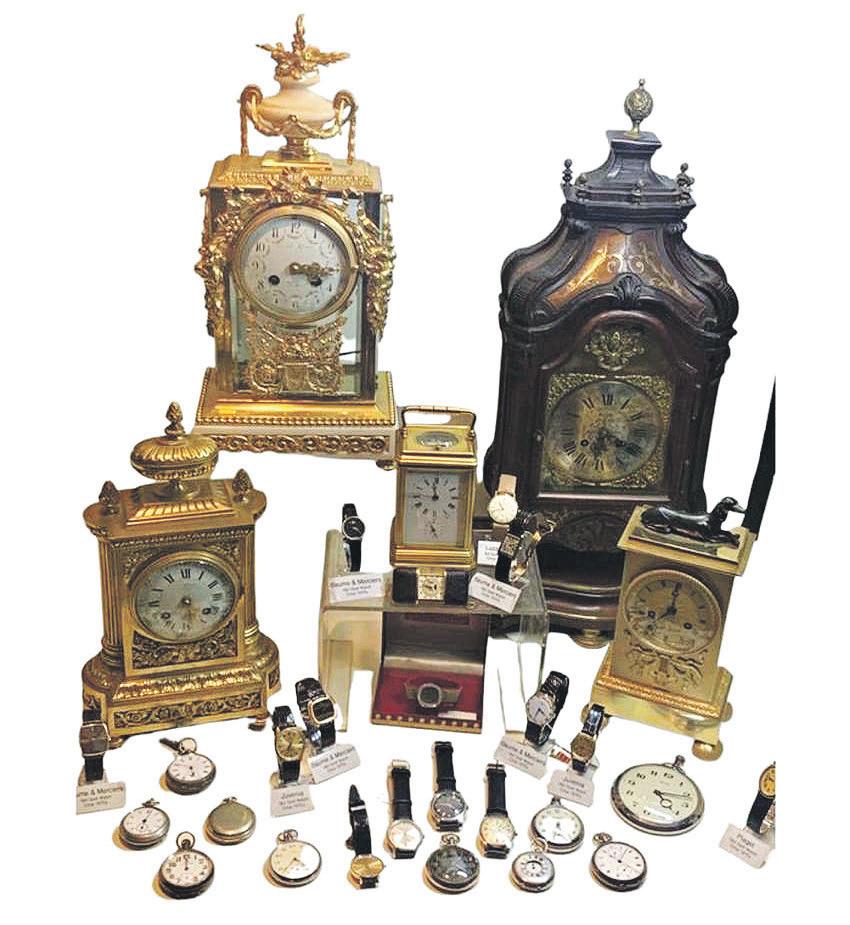
King Solomon’s coronation is not recorded but his later actions were extraordinarily lavish. He built the first Temple in Jerusalem, aiming to unite the peoples of Israel and Judah in one place for all festivals and religious life. He extended forced labour to 30,000 men to build the Temple and covered it in gold, built it from cedars of Lebanon, and gave it not just one gold menorah to give light but ten. His conspicuous displays of wealth, in the service of God and to aggrandise the Israelite kingdom, enabled him to make alliances with others and bring peace to Israel during his reign. It was what was needed for the times.
If his coronation is lower key than that of 1953, King Charles will be doing the same. He will be matching the celebration of his accession with the times that we are living in, and it will be all the better and more uniting for his United Kingdom for this choice.


We do not have private health cover but have been considering. What advice would you give us?


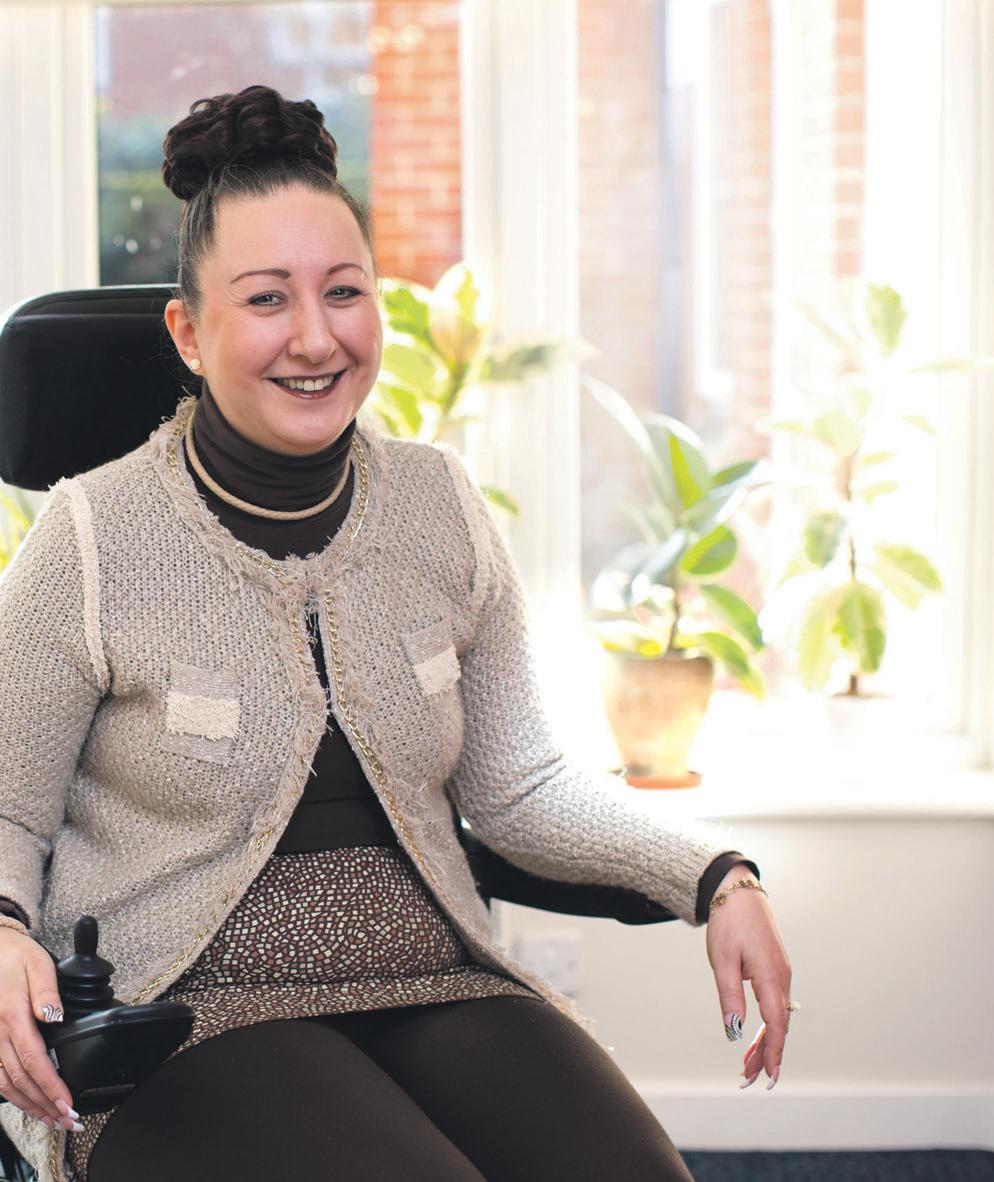
James
This is a great question as I should expect a significant part of 88% of the UK currently without private health cover have also looked at it. Currently government figures on NHS show nearly seven million are currently waiting for treatment, so why you would not want to be at the end of that queue. One good friend of mine has waited nearly two years for a hernia procedure, which has unfortunately led to a secondary hernia.
It’s axiomatic to say that you do not require a

Rolls Royce to drive to the buy bread. Similarly, you can obtain a very good level of cover without all the costly trimmings.
Priority should be given to having cover for diagnostic testing, and with private cover you can obtain tests very quickly.
All insurers incidentally now provide immediate free access to a virtual GP, which can help ease family health concerns and uncertainty.
The most crucial aspect is the cost. Have an approximate idea about what is a ordable, and I also advise you to only use a trained and FCA licensed intermediary like ourselves. There are good 3 reasons for this: (1)there are no charges for our advice, it’s always free, (2)the health insurer is not permitted to advise what is best for you, they care restricted to promoting only their own products, which actually may be unsuitable, and (3) having someone like me representing your interests with the insurer will almost certainly be preferable than doing it yourself. Finally, all our insurers provide full cancer cover.
We put people first.


Dear Jonathan
I have a lot of old jewellery which was left to me by my great aunt . Although they are beautiful pieces, which include diamond brooches, necklaces and bracelets.
They are all too elaborate to wear, and neither my children nor my grandchildren have shown any interest in them.
Do you have any ideas
of what I should do with them ?
Elizabeth
Dear Elizabeth
If you would like to visit our Hendon Lane, Finchley showroom, I am happy to look through everything and
could then tell you a price to purchase everything, or if you tell me what Jewellery you would like for each member in your family, then we could work out what you have and then could create new items in our workshop , and fashion all your jewellery into the 21st century.
We have many designs that you could choose from. Do telephone on 020 8446 8538 to make an appointment. I look forward to meeting you.
Dear Man on a Bike I have bought my daughter a laptop for university. She’s very happy with it but the space is filling up on it because the hard drive -is quite small. What can we do about this?

Julia
Dear Julia With laptops becoming thinner and lighter, many
GET IT CHECCKED, FREE OF CHARGE, BY AN FCA REGISTERED LEADING HEALTH INSURANCE CONSULTANT
Patient Health is this newspapers ‘Ask The Expert’

PATIENT HEALTH IS THIS NEWSPAPER S ASK THE EXPERT
Get it checked, free of charge, by an FCA registered, leading health insurance consultant See how you could significantly reduce your premiums and possibly obtain a higher level of cover, and we will always explain whether pre-existing conditions would be covered. We’re also happy for you to call or pop-in.
SEE HOW YOU COULD SIGNIFICANTLY REDUCE THE PREMIUMS AND PERHAPS EVEN OBTAIN HIGHER COVER AND WE WILL ALWAYS EXPLAIN WHETHER PRE EXISTING CONDITIONS WOULD BE COVERED WE RE ALSO HAPPY FOR YOU TO CALL OR POP IN 020 3146 3444 trevor gee@patienthealth co uk
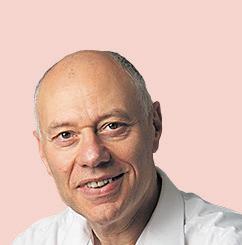
020 3146 3444 trevor.gee@patienthealth.co.uk
Where service is all about helping the client, only the client and nothing but the client
Where service is all about helping the clieent, only the client and nothing but the client
WHERE FAMILY HEALTH COMES FIRST Tel: 0203 146 3444/3446: info@patienthealth.co.uk: FCA Regulated 773729: Member of Chartered Insurance Institute
models now come with a Solid State Disk instead of the traditional hard drive.
These are like memory sticks. They are much smaller, lighter, faster and have no moving parts. The only down side is that they tend to have a smaller capacity; usually 256Gb or 512Gb. This can cause them to fill up quite quickly, especially with photos and music.
Luckily with the increasing availability of cloud storage such as Dropbox, One Drive and Google drive, your daughter can keep her files on the
cloud and only download the ones she needs to work on on to the laptop. It also has the added advantage of serving as a backup should anything happen to the laptop. We often set this up for clients and it works well. Best of luck.
Our trusty team of advisers answers your questions about everything from law and finance to dating and dentistry.
This week: Private health care, getting a good price for old jewellery and hard drive headaches
EMMA GROSS
Qualifications:
• Specialist in claims of unfair dismissal, redundancy and discrimination.









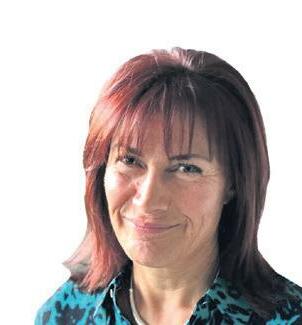


• Negotiate out-of-court settlements and handle complex tribunal cases.
• HR services including drafting contracts and policies, advising on disciplinaries, grievances and providing staff training.
• Contributor to The Times HRMagazine and other titles.
SPENCER WEST LLP 020 7925 8080 www.spencer-west.com emma.gross@spencer-west.com
STUART WOOLGAR
Qualifications:
• CEO of London’s largest guardian company with more than 20 years’ experience
• Well-known and highly regarded British security industry expert.
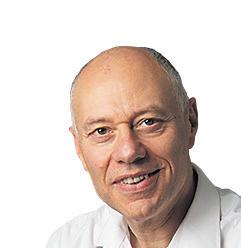
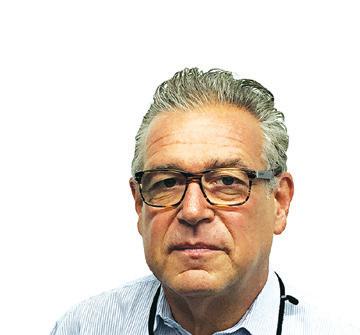
• Specialists in securing and protecting empty commercial and residential properties.
• Clients include small private landlords to major national property companies and managing agents, as well as those in the public sector.
GLOBAL GUARDIANS MANAGEMENT 020 3818 9100 www.global-guardians.co.uk info@global-guardians.co.uk


ADAM LOVATT

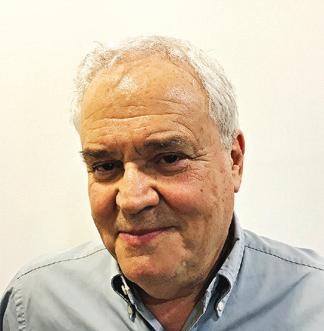
Qualifications:
• Lawyer with more than 11 years of experience working in the legal sector. Specialist in corporate, commercial, media, sport and start-ups.
• Master’s degree in Intellectual Property Law from the University of London.

• Non-Executive Director of various companies advising on all governance matters.
JEWELLERY
020 8446 8538

jonathan@jewellerycave.co.uk
LOVATT LEGAL LIMITED 07753 802 804 adam@lovattlegal.co.uk
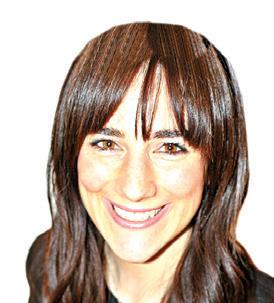
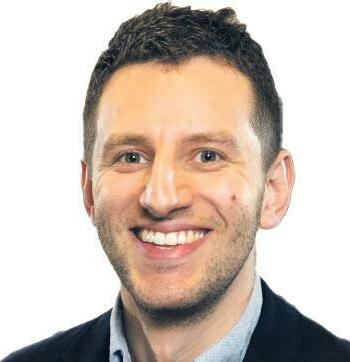
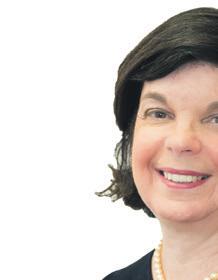
KKL
020 8732 6101 www.kkl.org.uk enquiries@kkl.org.uk
020
stephen@shipsms.co.uk
JEWISH DEAF ASSOCIATION 020 8446 0502 www.jdeaf.org.uk mail@jdeaf.org.uk

LOUISE
• Professional
and Zumba (ZIN,
075 0621
ADAM SHELLEY
Qualifications:
•
LEE SHMUEL GOLDFARB
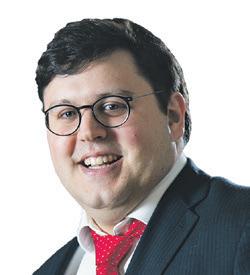
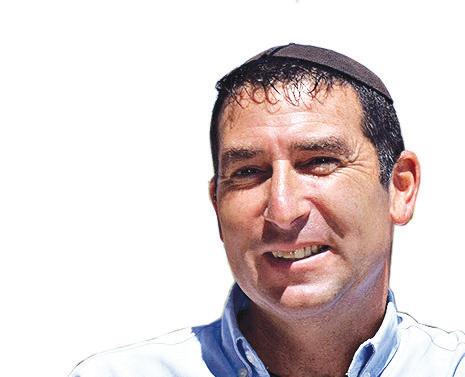

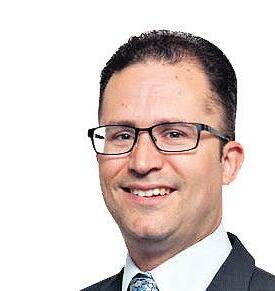
•
Qualifications:
•
CURRENCIES DIRECT 0786 0595 890 / 0207 847 9400 www.currenciesdirect.com/jn lee.goldfarb@currenciesdirect.com
LEON HARRIS
Qualifications:
• Leon
• He is a Partner at Harris Horoviz
• The firm
• Leon’s
international
Olim
HARRIS HOROVIZ CONSULTING & TAX LTD +972-3-6123153 / + 972-54-6449398 leon@h2cat.com
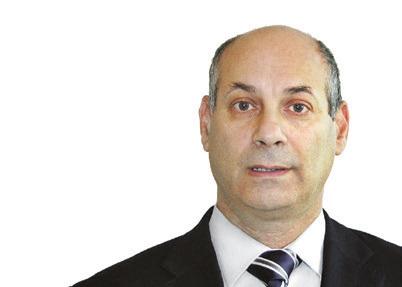
DOV NEWMARK
Qualifications:
• Director of UK Aliyah for Nefesh B’Nefesh, an organisation that helps facilitate aliyah from the UK.
• Conducts monthly seminars and personal aliyah meetings in London.
• An expert in working together with clients to help plan a successful aliyah.
NEFESH B’NEFESH 0800 075 7200 www.nbn.org.il dov@nbn.org.il

VANESSA LLOYD PLATT
Qualifications:
• Qualification: 40 years experience as a matrimonial and divorce solicitor and mediator, specialising in all aspects of family matrimonial law, including:
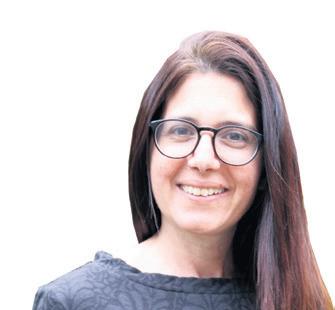
• Divorce, pre/post-nuptial agreements, cohabitation agreements, domestic violence, children’s cases, grandparents’ rights to see grandchildren, pet disputes, family disputes.
• Frequent broadcaster on national and International radio and television.
LLOYD PLATT & COMPANY SOLICITORS 020 8343 2998
www.divorcesolicitors.com
lloydplatt@divorcesolicitors.com

• FCCA chartered certified accountant.
• Accounting, taxation and business advisory services.
• Entrepreneurial business specialist including start-up businesses.
• Specialises in charities; Personal tax returns.




• Maurice Wohl Charitable Foundation Volunteer of the Year JVN award.
SOBELL RHODES LLP 020 8429 8800 www.sobellrhodes.co.uk a.shelley@sobellrhodes.co.uk

IAN GREEN
Qualifications:
• Launched Man on a Bike IT consultancy 15 years ago to provide computer support for the home and small businesses.


• Clients range from legal firms in the City to families, small business owners and synagogues.
• More than 18 years’ experience.
MAN ON A BIKE 020 8731 6171 www.manonabike.co.uk mail@manonabike.co.uk
Qualifications:
• Professional insurance and reinsurance broker. Offering PI/D&O cover, marine and aviation, property owners, ATE insurance, home and contents, fine art, HNW.
• Specialist in insurance and reinsurance disputes, utilising Insurance backed products. (Including non insurance business disputes).
• Ensuring clients do not pay more than required.
RISK RESOLUTIONS 020 3411 4050 www.risk-resolutions.com ashley.prager@risk-resolutions.com



BENJAMIN ALBERT
Qualifications:
• Co-Founder and Technical Director of ADWConnect – a specialist in business telecommunications, serving customers worldwide.
• Independent consultant and supplier of Telephone & Internet services.
• Client satisfaction is at the heart of everything my team and I do, always
ADWCONNECT 0208 089 1111 www.adwconnect.com hello@adwconnect.com
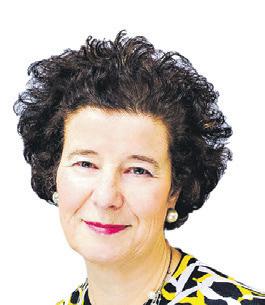
LISA WIMBORNE
Qualifications:
Able to draw on the charity’s 50 years of experience in enabling people with physical disabilities or impaired vision to live independently, including:
• The provision of specialist accommodation with 24/7 on site support.
• Knowledge of the innovations that empower people and the benefits available.
• Understanding of the impact of a disability diagnosis.
JEWISH BLIND & DISABLED 020 8371 6611 www.jbd.org Lisa@jbd.org




